Your eyes won't stop watering. Your throat's itchy, your nose is running, and your head feels like it's stuffed with cotton. You've got tissues in every pocket, and you're starting to wonder if you're coming down with something—or if it's something else entirely.
Click Here For a Guide to Understanding Your Rabbits Diet.

If your rabbit munches happily on Timothy Hay while you're battling allergy symptoms every time you open the bag, you're not imagining things. You could be experiencing Timothy hay allergies.
That doesn't mean your rabbit needs to give up their favorite food. And it definitely doesn't mean you need to suffer. There are real, manageable solutions that keep both of you comfortable.
The Constant Battle Between Allergies and Rabbit Care
It's a strange place to be—sneezing like crazy while knowing you're doing what's best for your rabbit. Timothy Hay is a cornerstone of a healthy rabbit diet, and most owners know the rule: at least 80% of your rabbit's diet should come from high-quality grass hay.
Timothy Hay's long fiber strands support digestion and help wear down a rabbit's ever-growing teeth. That's why so many veterinarians recommend it. But when your face is itching and your sinuses are clogged, it's hard to stay focused on hay quality.
If this sounds like your daily struggle, you're not alone. Many rabbit parents develop sensitivity or even full-blown allergies from long-term exposure to hay dust, grass pollen, or mold spores that can come with bulk hay packaging.
Timothy Hay Allergies: What's Really Causing the Reaction?
Timothy hay allergies are typically caused by grass pollen or hay dust. If your Timothy Hay isn't stored properly, or if you live in a humid environment, mold spores may also be part of the problem. These allergens can trigger symptoms that mimic seasonal allergies: itchy eyes, sneezing, sinus pressure, and coughing.
Interestingly, you might not be allergic to Timothy Hay itself. Your body could be reacting to what's *on* the hay, not the hay alone. Still, the result is the same—uncomfortable symptoms and a growing hesitation every time you need to refill your rabbit's hay feeder.
Here's the good news: there's more than one way to keep your rabbit healthy without sacrificing your own comfort.

Managing Timothy Hay Allergies Without Sacrificing Your Rabbit's Health
You and your rabbit both matter. It's not a matter of choosing one of you over the other. Instead, it's about finding a middle ground where both of you can breathe easier—literally. The best place to start is by exploring alternatives to Timothy Hay.
One of the most recommended substitutes is Orchard Grass. It's a grass hay with similar nutritional value, high in fiber and low in protein and calcium. It supports digestion just as well and helps manage your rabbit's dental health.
Better still, many people with Timothy hay allergies report fewer or even zero symptoms when switching to Orchard Grass. That means no more red eyes, no more sneezing fits, and no more choosing between your comfort and your pet's health.
Why Orchard Grass is a Smart Choice for Allergy-Prone Owners
Unlike Timothy Hay, Orchard Grass tends to have softer leaves and far less dust. That alone can make a big difference for allergy sufferers. Since it's also less likely to carry strong pollen residues, it's often better tolerated.
You'll find two main types of Orchard Grass offered at Rabbit Hole Hay: Coarse Orchard Grass and Soft Orchard Grass. Each has its own benefits, depending on your rabbit's needs.
Coarse Orchard Grass
Has thicker stalks and seed heads that are great for wearing down teeth through chewing.
More similar in texture and nutritional structure to First Cut Timothy Hay.
Still low in calcium and protein, so it won't contribute to urinary or digestive issues.
Soft Orchard Grass
Gentler on the mouth—ideal for older rabbits or those with sensitive teeth.
Long strands with fewer seed heads and stalks, which makes it easier to chew.
Still delivers the high fiber your rabbit needs for healthy digestion.
If your rabbit is exclusively eating Soft Orchard Grass, keep an eye on their dental health. Since it doesn't require as much chewing effort, it may not be as effective at naturally trimming their teeth.
To help support dental health, offer safe chew toys like All Natural Apple Chew Sticks. They're not just helpful—they're fun! Rabbits love the texture, and they give your bun something to do throughout the day.
Or, mix in a bit of Coarse Orchard Grass now and then. That way, they still get a variety of textures that help manage their teeth naturally.
Other Hay Alternatives for Timothy Hay Allergies
If Orchard Grass isn't the right fit, don't worry. There are a few other hay types that work well for rabbits and may be more allergy-friendly for humans, too. Here are some worth trying:
Meadow Hay: A mix of grasses and herbs that's often easier on allergies and still nutritionally rich.
Oat Hay: Higher in fiber, with seed heads that are great for chewing. It's a little crunchier than other hays, which some rabbits love.
Bermuda Grass: A finer hay that’s usually low in dust. It works well for adult rabbits that need steady fiber intake.
It's always a good idea to speak with your vet before switching your rabbit's primary hay source. Each rabbit has their own unique needs depending on age, breed, and overall health.
If you'd like a deeper breakdown of different hay types and what's best for your pet, check out this helpful hay comparison guide by Veterinarians.org.
Tips for Reducing Exposure to Hay Allergens
Switching hays isn't the only option. If you still want to use Timothy Hay or your rabbit needs it for medical reasons, you can take steps to reduce your exposure to the allergens it may carry.
Use a hay feeder that minimizes hay dust in the air and keeps it from scattering across your rabbit's enclosure.
Wear gloves and a mask when handling hay. This is especially helpful when transferring hay into storage bins or feeders.
Choose high-quality, low-dust hay from trusted suppliers. Brands like Rabbit Hole Hay triple-sort and test their hays for freshness and minimal dust content.
Store hay in airtight containers in a cool, dry space to prevent mold spores or dust accumulation.
And always wash your hands and change clothes after handling hay—especially if your symptoms are severe or ongoing.
Making Life Better with Orchard Grass
Once you make the switch, you'll probably wonder why you didn't try Orchard Grass sooner. Not only does it help reduce allergy symptoms for humans, but it also makes mealtime exciting for your rabbit. Many rabbits actually prefer the texture and flavor of Orchard Grass over Timothy Hay.
It's not just a "safe" substitute—it's a smart upgrade. Soft Orchard Grass, in particular, is a favorite among picky eaters. At the same time, Coarse Orchard Grass stands out for rabbits who love to chew.
Need more help understanding how hay fits into your rabbit's daily routine? Our team at Rabbit Hole Hay put together this guide to rabbit diets to help you feel confident about every feeding decision.
What If Your Rabbit Is the One With Timothy Hay Allergies?
Yes, rabbits can have allergies too. While rare, your rabbit can develop sensitivity to certain types of hay—including Timothy Hay. If your rabbit begins sneezing more often, has watery eyes, or shows signs of respiratory discomfort, hay might be to blame.
Other symptoms to watch for include:
Excessive scratching or itching, especially around the face
Discharge from the nose or eyes
Labored breathing or louder-than-normal breathing sounds
If you suspect a hay allergy in your rabbit, consult a rabbit-savvy veterinarian immediately. They can help rule out respiratory infections, such as Pasteurella, which can mimic allergy symptoms. You can also ask about switching to lower-dust options like Orchard Grass or even soft blends of Soft Orchard Grass with fewer stems.
When to Try Timothy Hay Again (and How to Do It Safely)
If you're determined to stick with Timothy Hay—or want to give it another chance after switching—timing and technique matter. Use these tips to ease back into it without triggering symptoms:
Start with small amounts and see how your body reacts. If your symptoms return, stop immediately.
Choose second or third cut Timothy Hay. These are typically softer and have less dust than the first cut.
Buy from brands that specifically label their hay as low-dust or hand-sorted, like Rabbit Hole Hay.
Open hay bags outdoors or in a well-ventilated area to reduce exposure.
Remember, there's no shame in sticking with a hay that doesn't make you feel miserable. You're still giving your rabbit everything they need for a healthy diet—as long as the hay is high in fiber, low in protein, and free from harmful additives.
Are Timothy Hay Allergies Permanent?
Allergies vary from person to person. Some people find their reactions lessen over time with better air filters, allergen-resistant masks, or even allergy medications. Others discover that avoiding Timothy Hay entirely is the only solution that truly brings relief.
If you're unsure how severe your allergy is, speak to an allergist. They can perform tests to determine what's triggering your reaction and offer personalized advice. In the meantime, it's always wise to limit exposure and choose hay alternatives that won't trigger your symptoms.
This isn't just about comfort—it's about creating a better environment for you and your rabbit to enjoy life together.
Take Care of You, Too
Your rabbit depends on you for food, care, and love—but your well-being matters just as much. Allergies can wear you down, physically and emotionally. If you've been suffering through it because you think it's the only way to keep your rabbit healthy, know this:
You have options. You are not alone. And you don't have to choose between breathing easy and giving your rabbit the diet they deserve.
We created Rabbit Hole Hay with that exact idea in mind—to offer hay options that keep both humans and rabbits happy. We've seen how many of our customers switched to Orchard Grass and never looked back. The hay stays fresh longer, has less dust, and rabbits eat it up like candy.
Key Takeaways for Dealing With Timothy Hay Allergies
If you experience symptoms like sneezing, red eyes, or itchy skin while handling hay, you might have an allergy to Timothy Hay or what's on it.
Orchard Grass is your best friend. It provides all the nutritional value your rabbit needs without triggering most hay allergies.
Try different cuts of hay—like Soft Orchard or Coarse Orchard—to see which works best for your allergy level and your rabbit's chewing needs.
Use tools and gear like hay feeders, gloves, and masks to minimize exposure if you continue using Timothy Hay.
Stay alert to your rabbit's health too—some rabbits can have hay sensitivities that require a vet's attention and alternative hay sources.
Still Not Sure Where to Start?
If you're just now exploring the world of allergy-safe hay or trying to figure out what kind of hay your rabbit should eat, we've got your back. Check out our detailed Hay Guide for Small Pets to compare hay types, textures, cuts, and nutrition. It's the perfect starting point if you're feeling overwhelmed.
When in doubt, start with a small order of Soft Orchard Grass and monitor both your symptoms and your rabbit's behavior. If the hay gets gobbled up and your eyes stop itching, you've found your match.
And remember—just because you're allergic to Timothy Hay doesn't mean you're out of options. With a little trial and error, you'll find the hay that keeps your rabbit healthy and your sinuses happy.
Helpful Resources
Understanding Your Rabbit's Diet – Our internal guide to how hay fits into your rabbit's nutrition needs.
PubMed – Occupational Allergy to Timothy Grass – Medical research on timothy hay-related allergies in humans.
American Academy of Allergy, Asthma & Immunology (AAAAI) – Information on hay-related allergy symptoms and treatments.
Veterinarians.org – Guide to Hay for Rabbits – Excellent breakdown of hay types and their benefits.

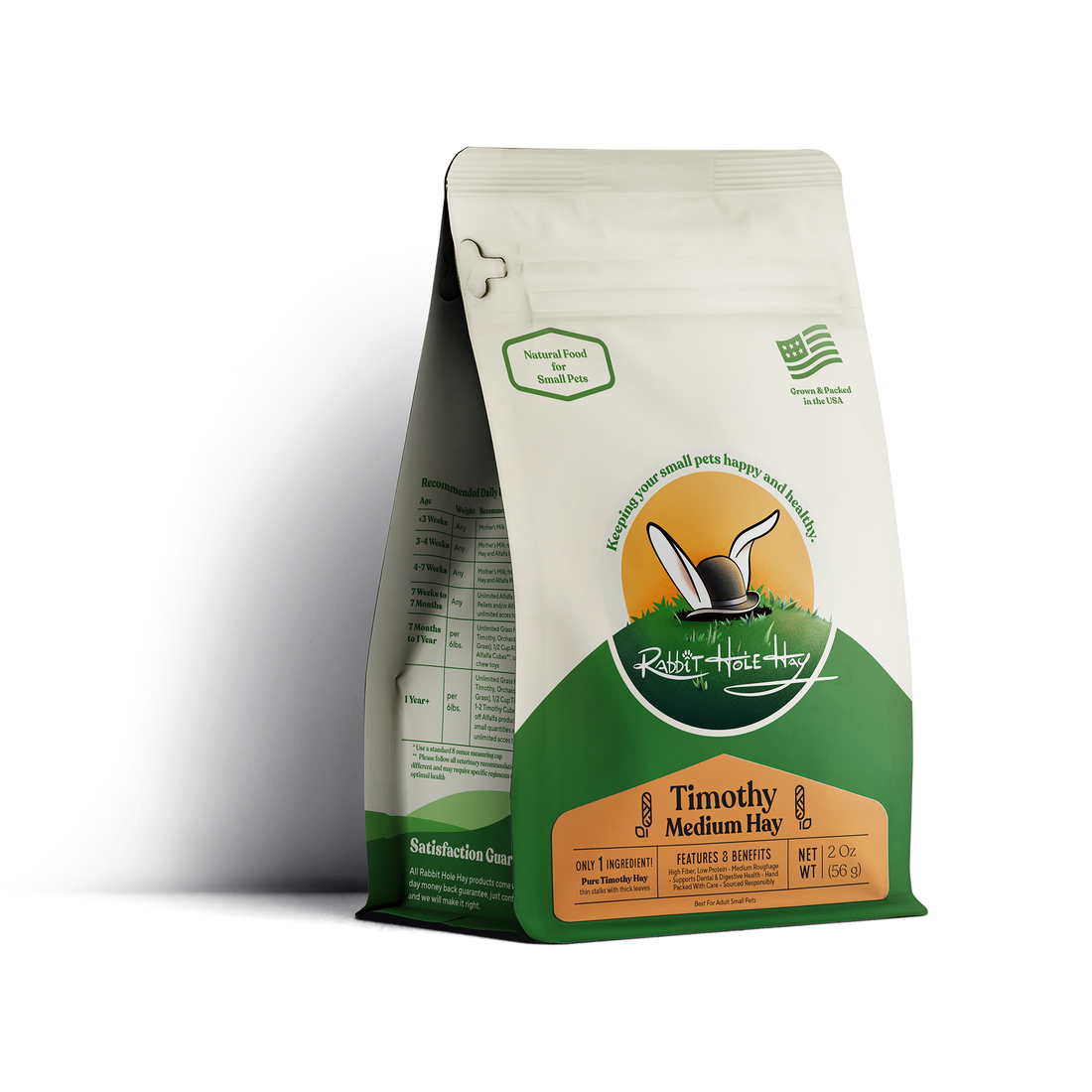
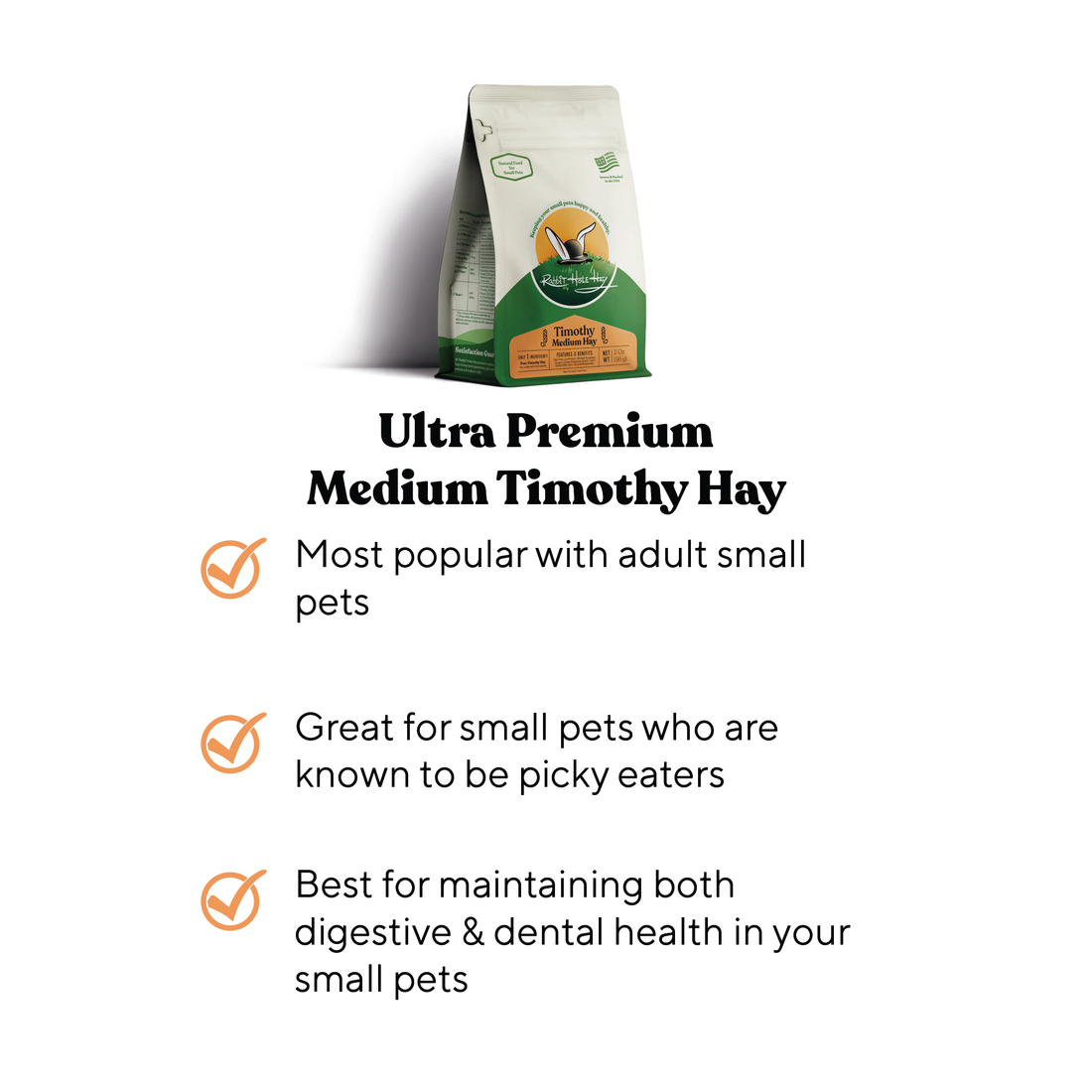
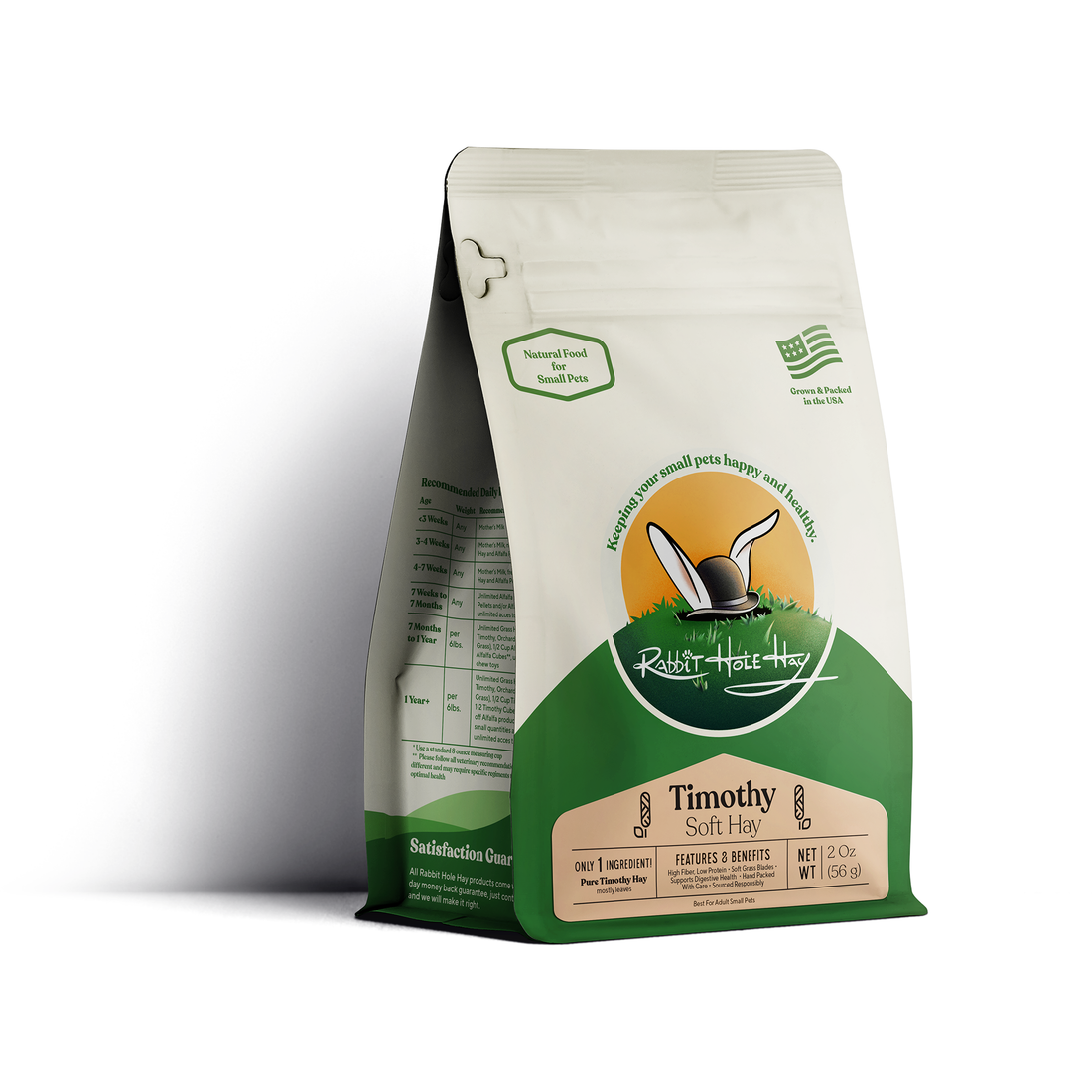
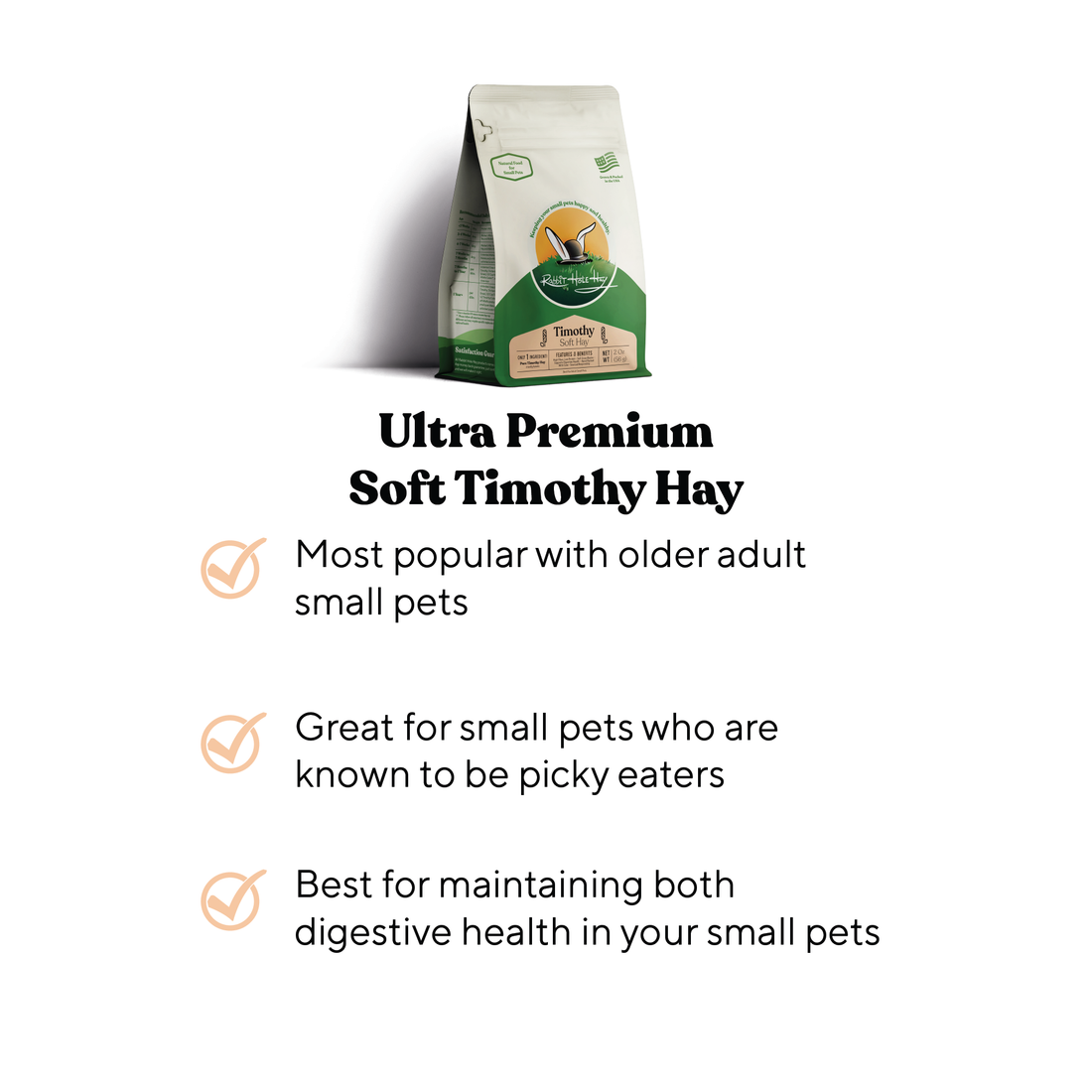
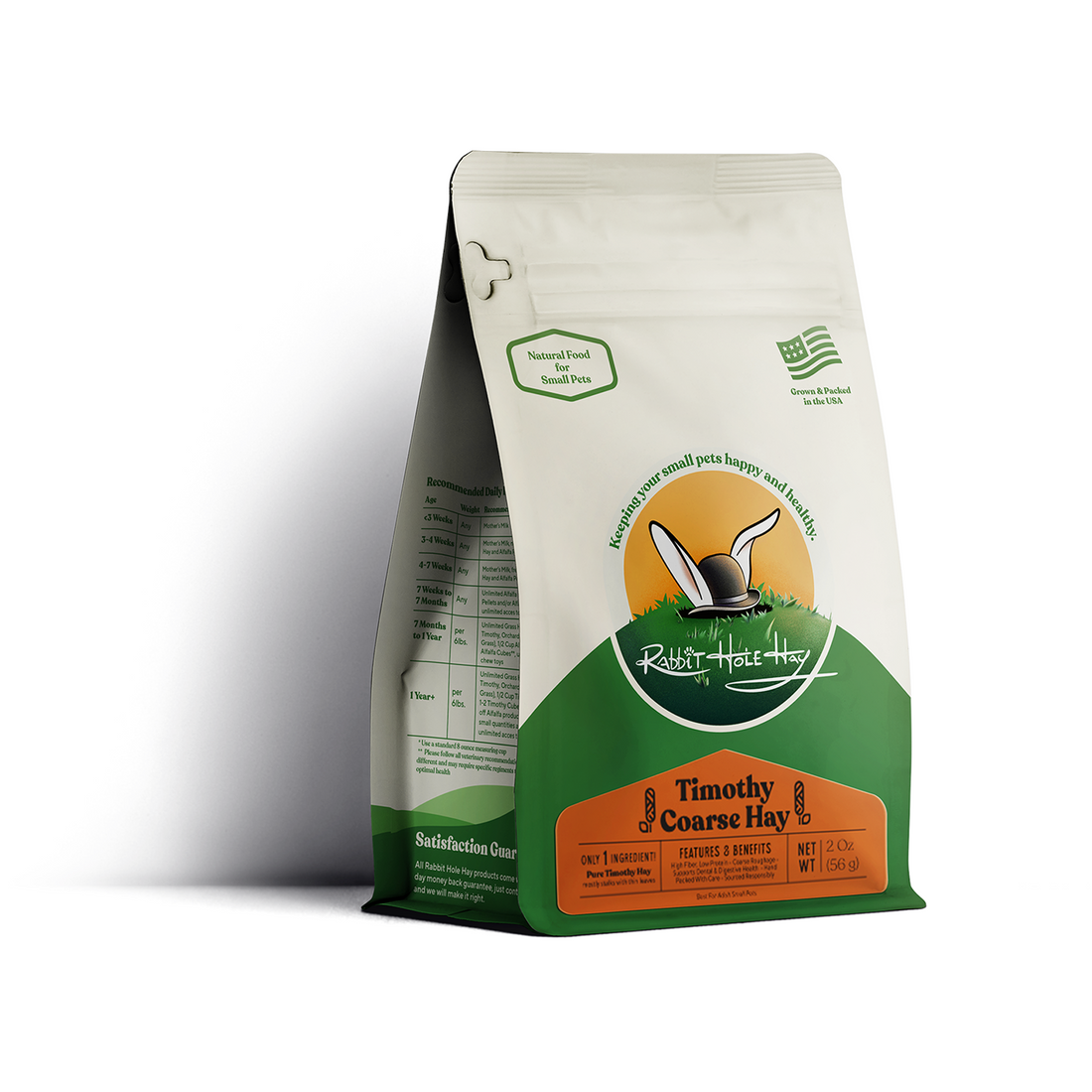
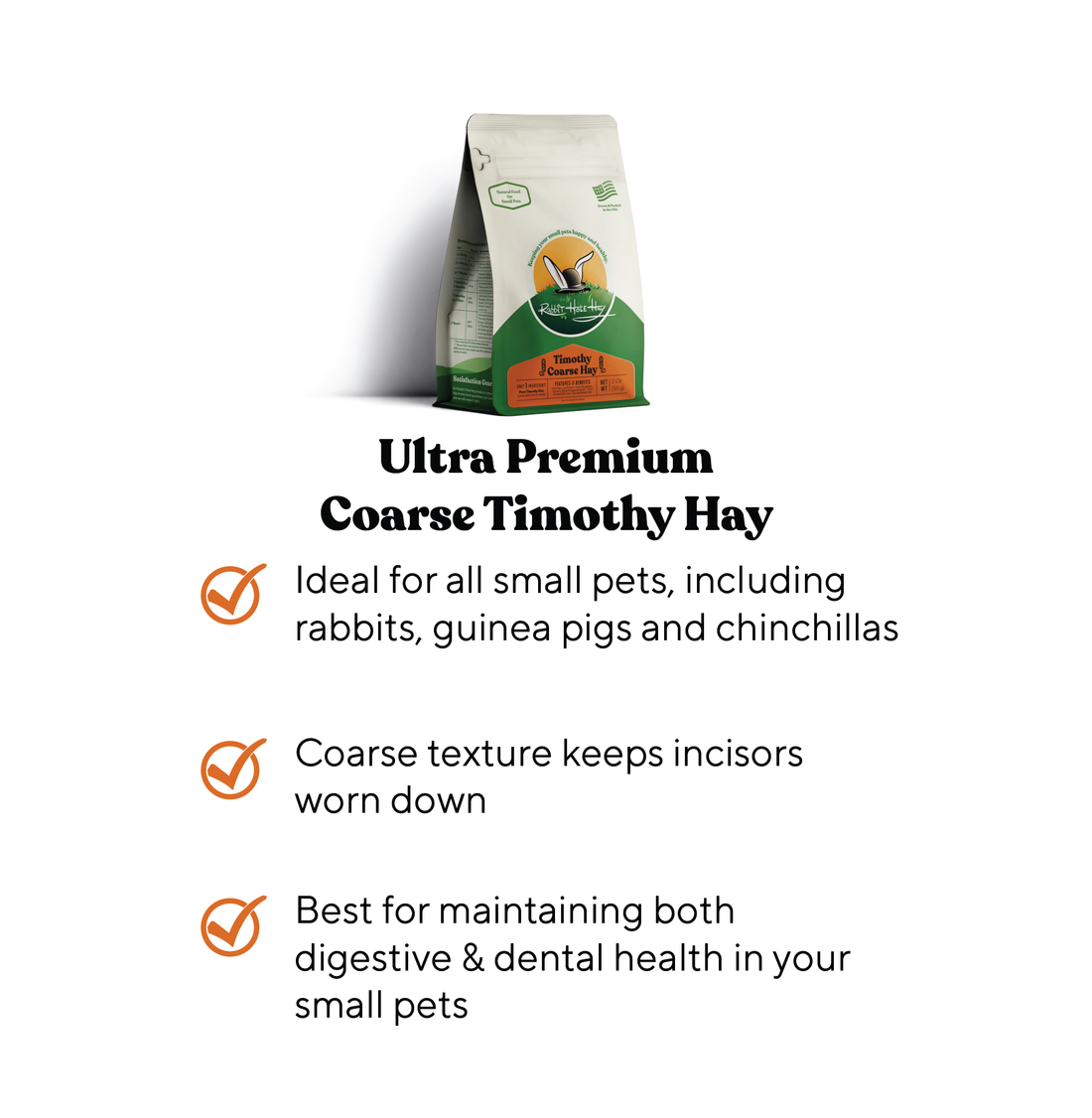
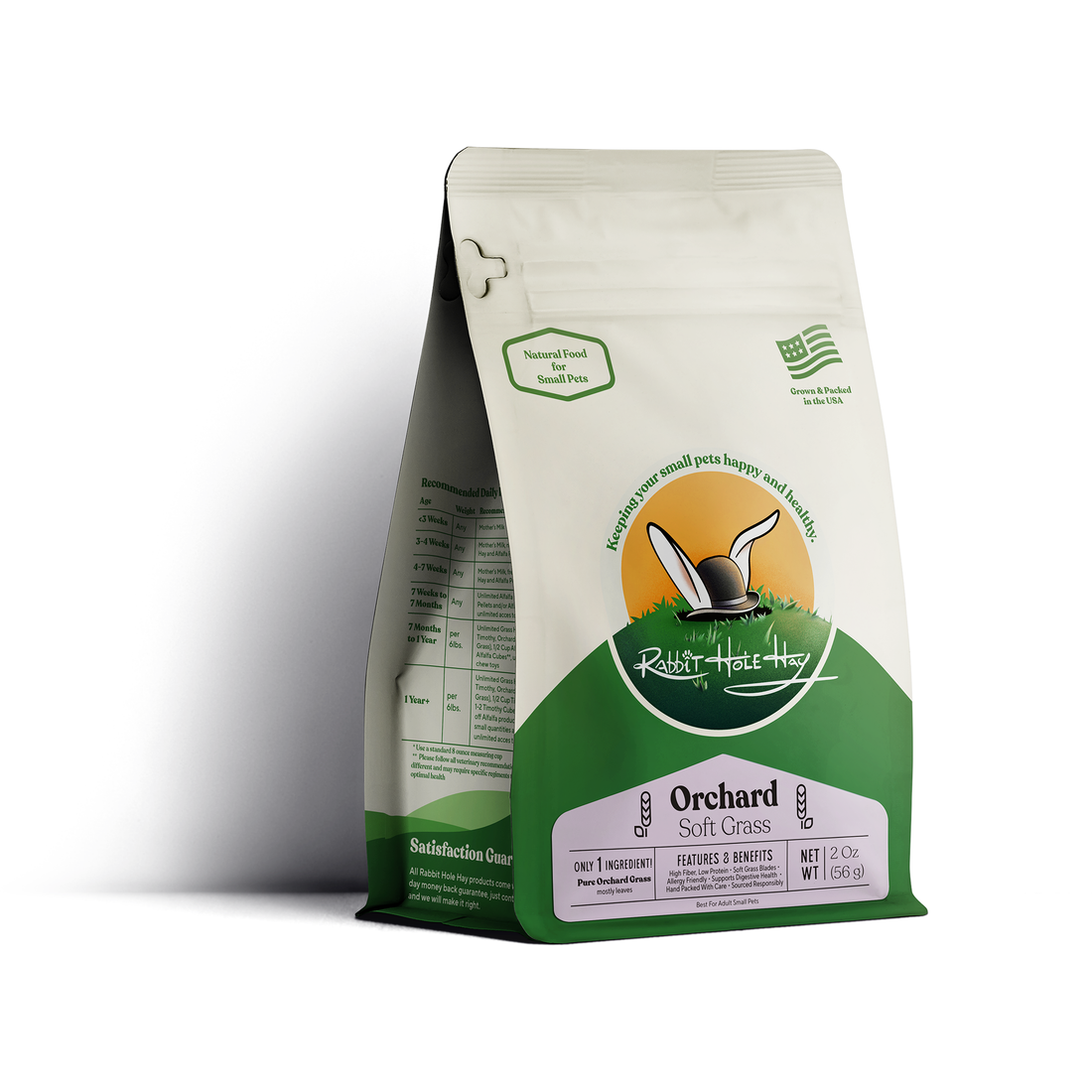
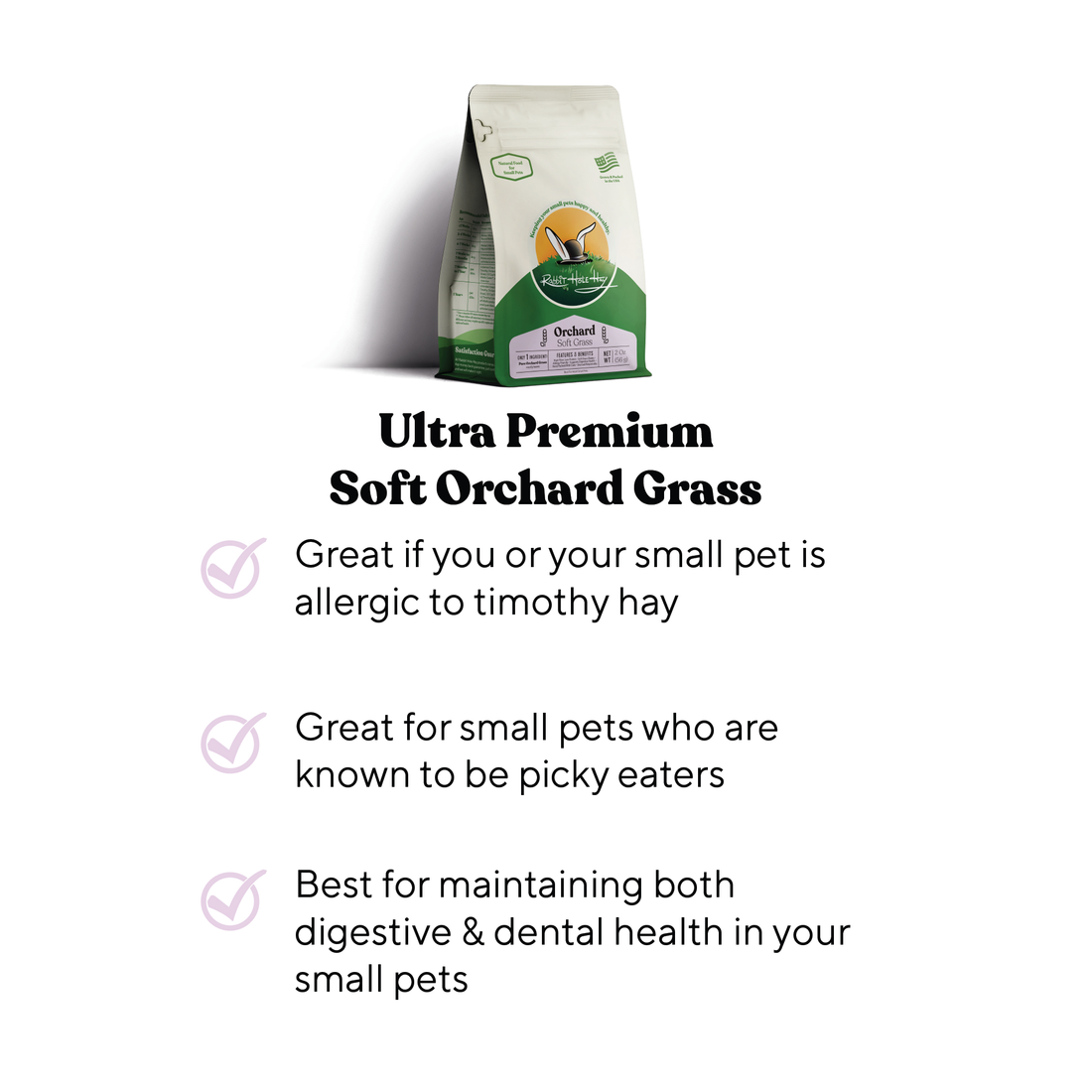
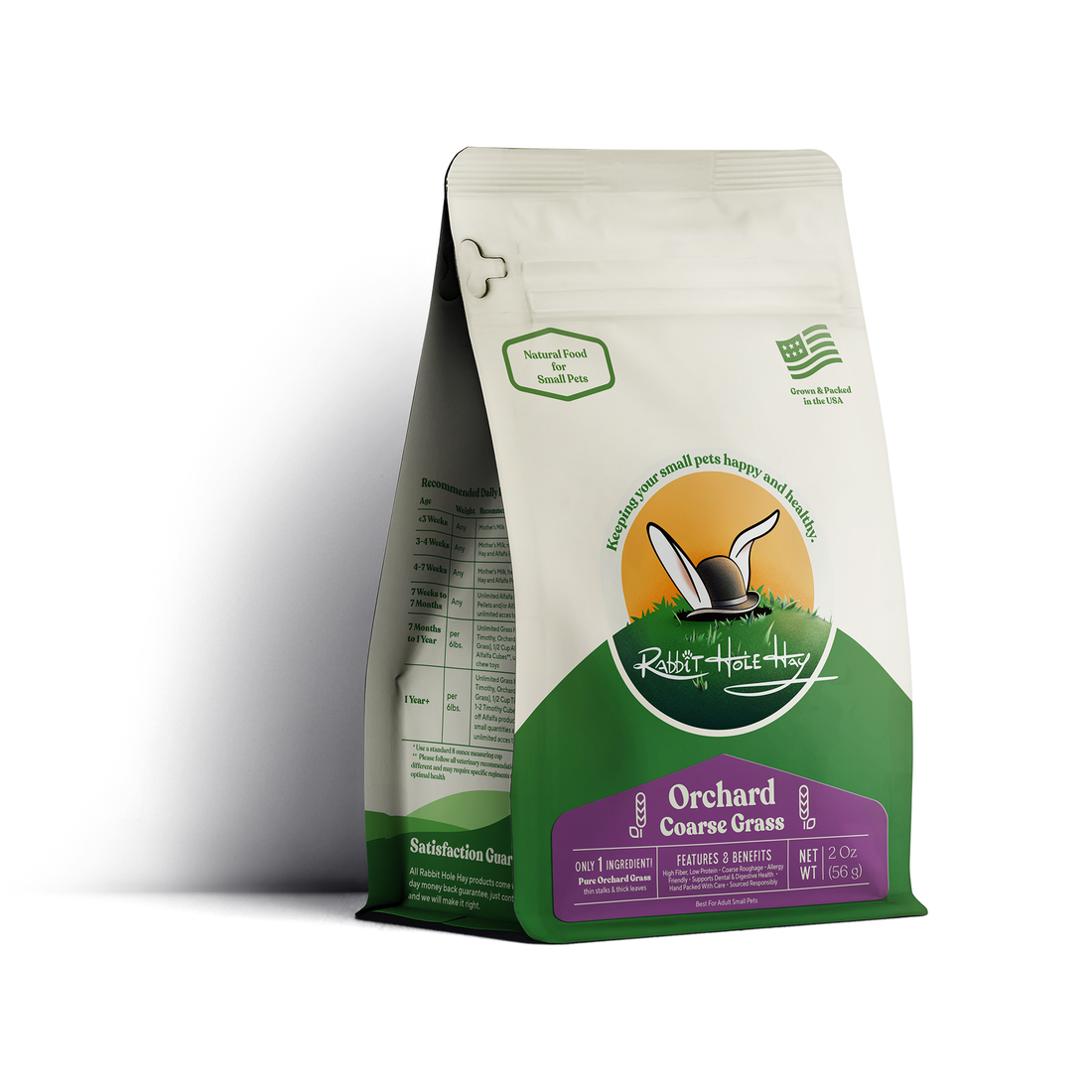
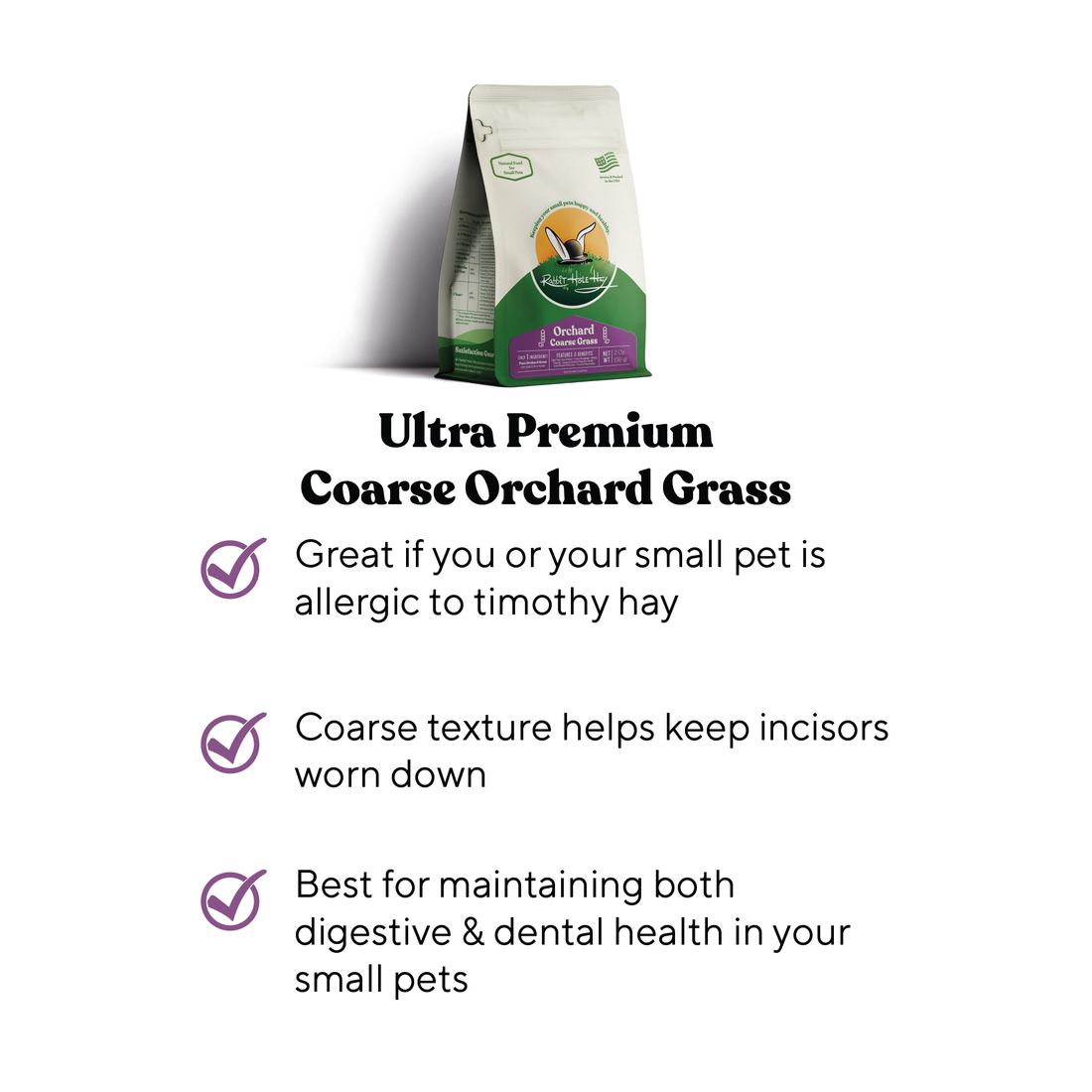
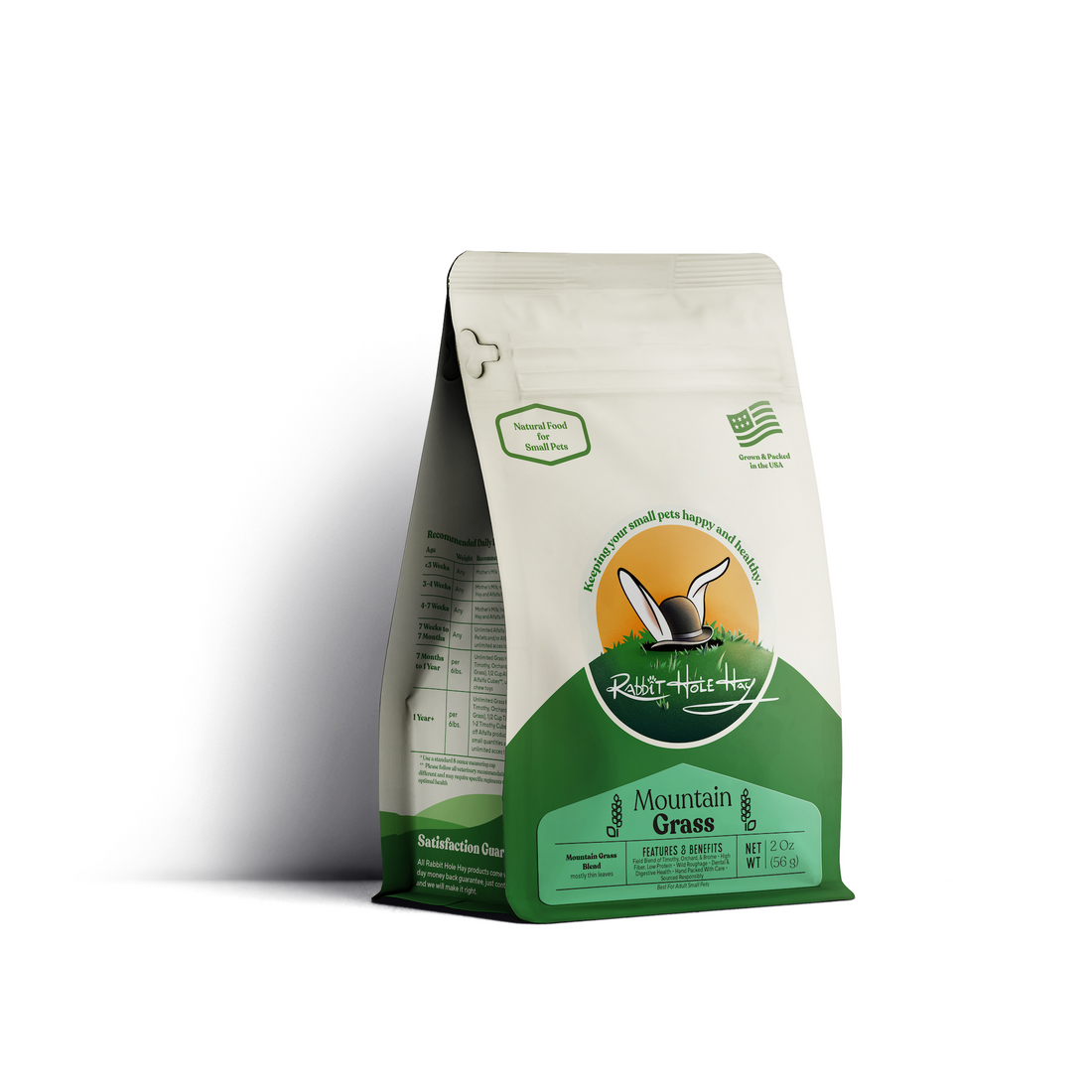
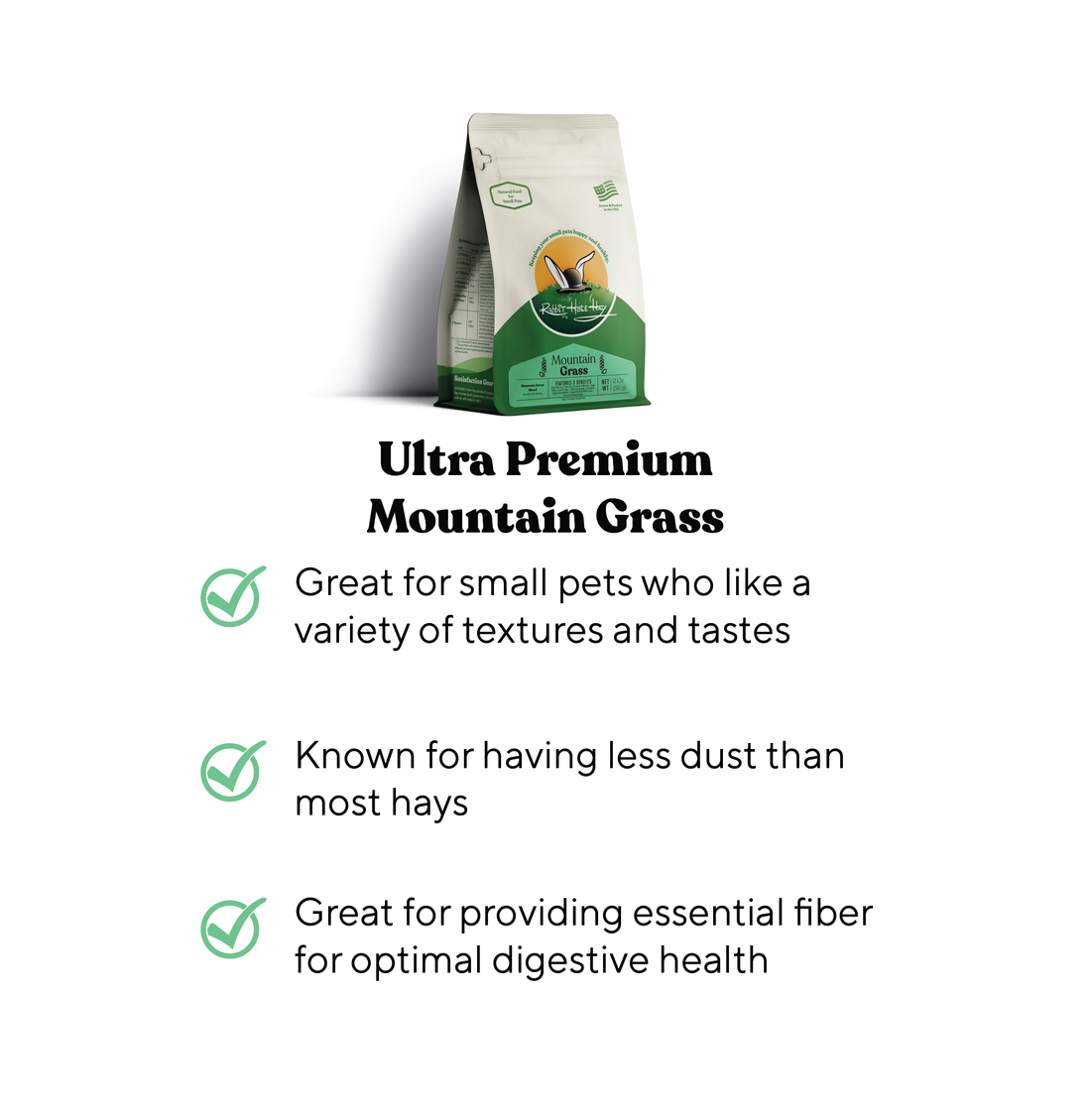
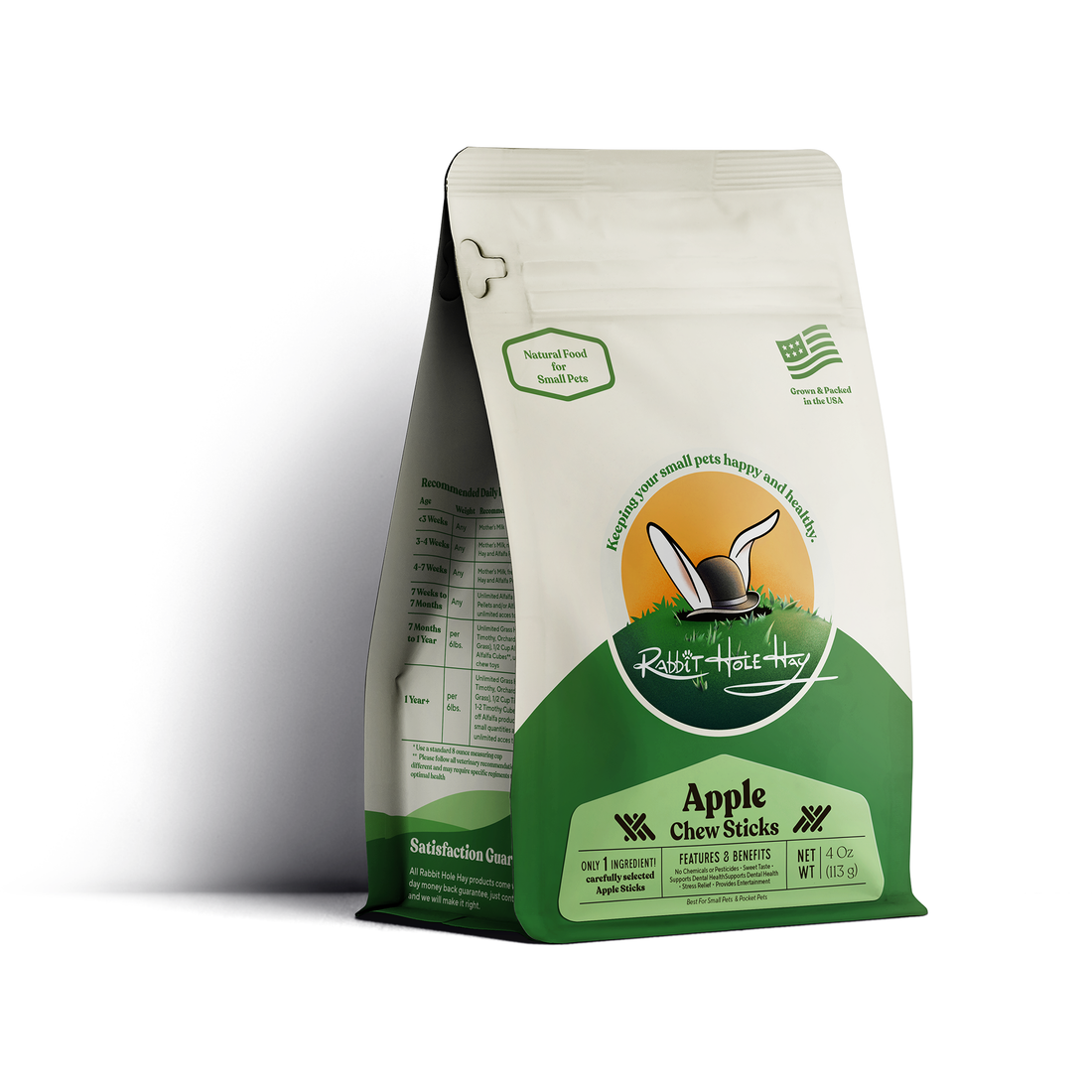
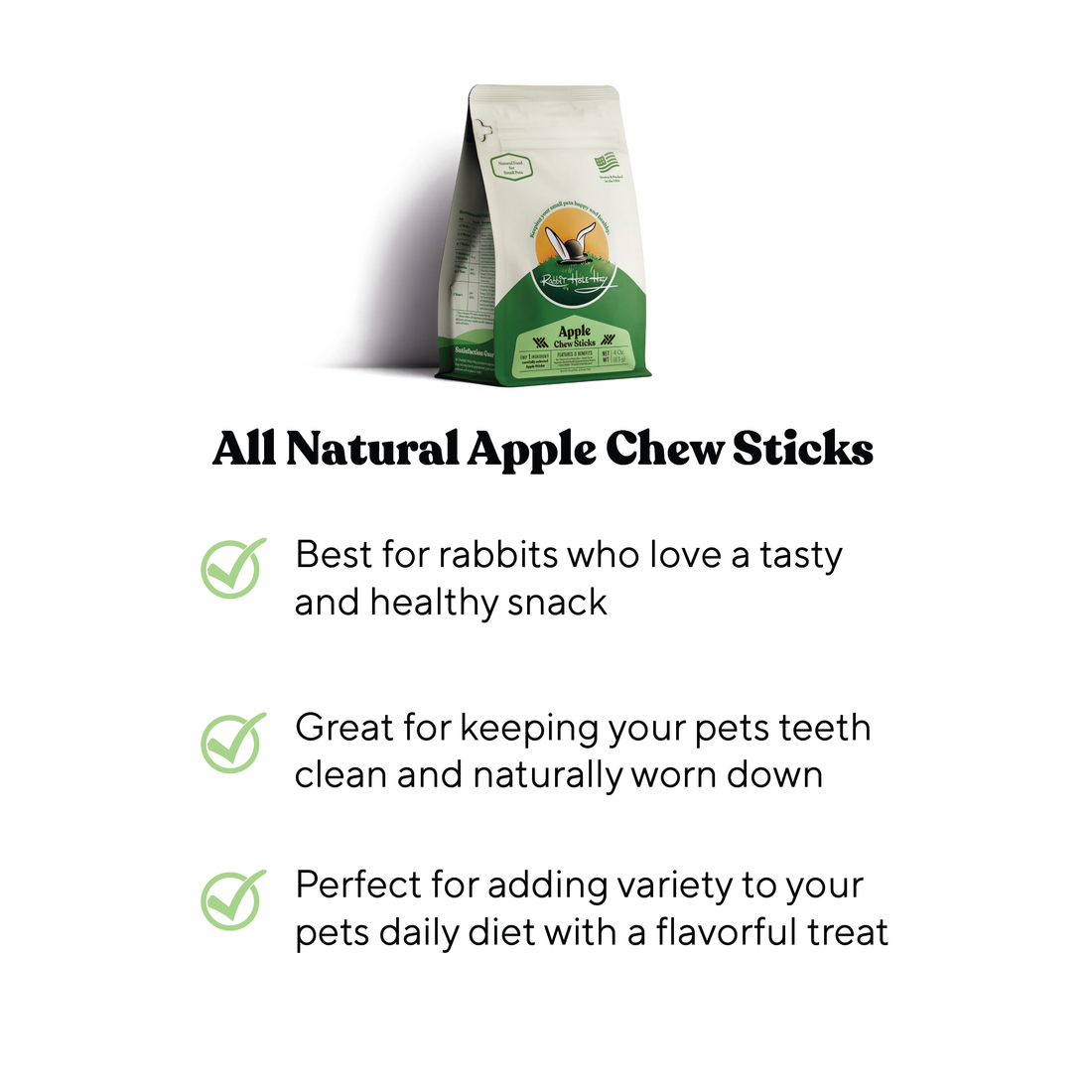


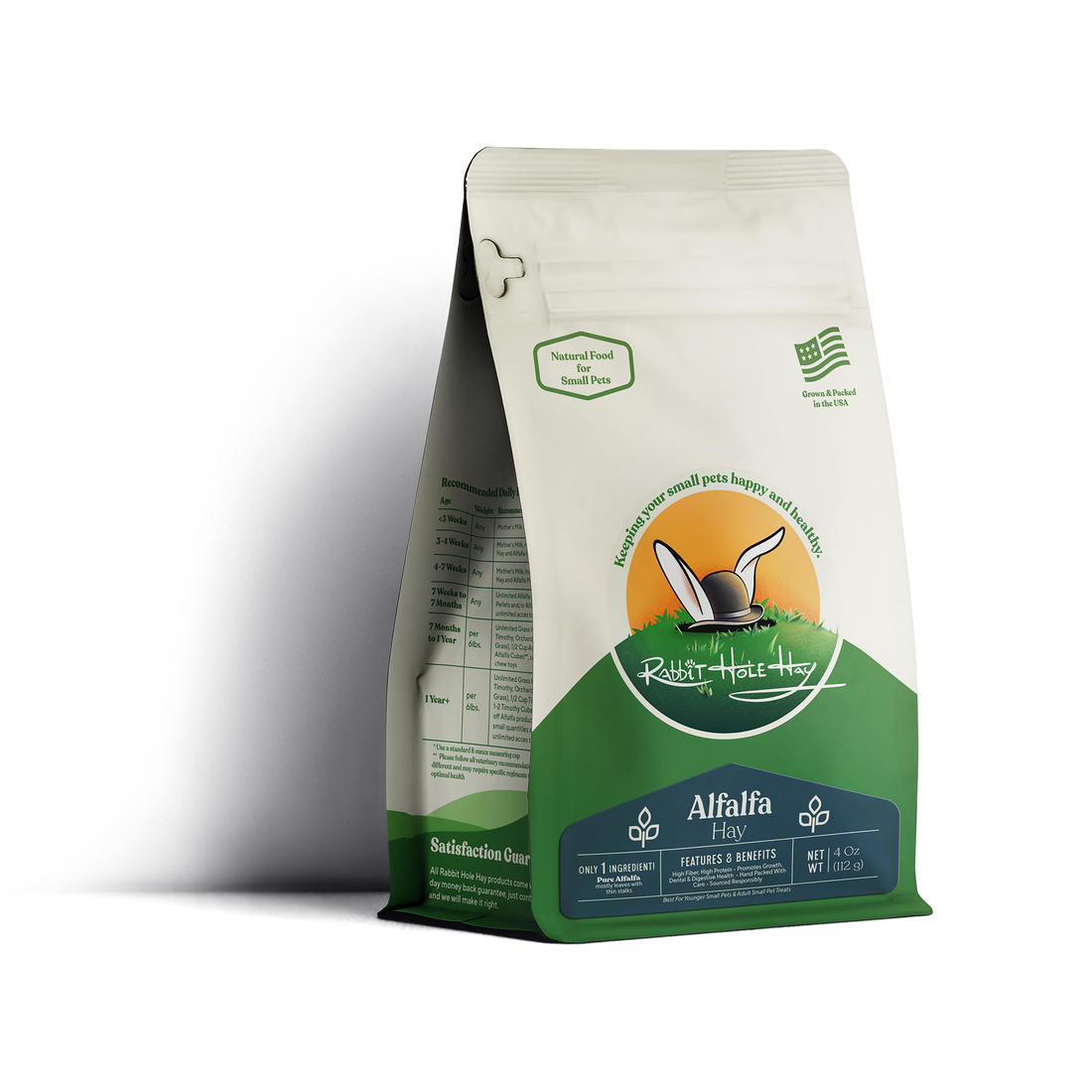
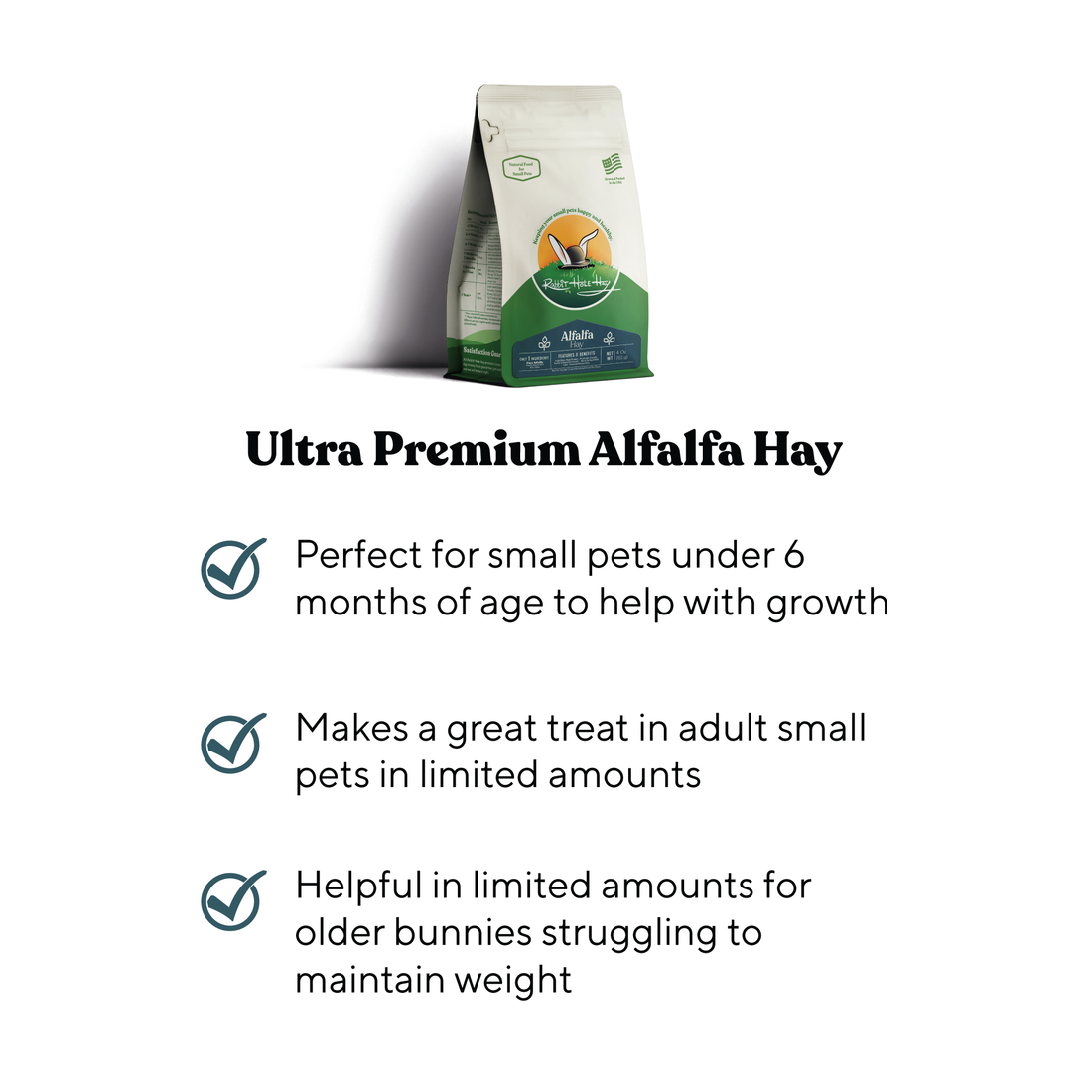
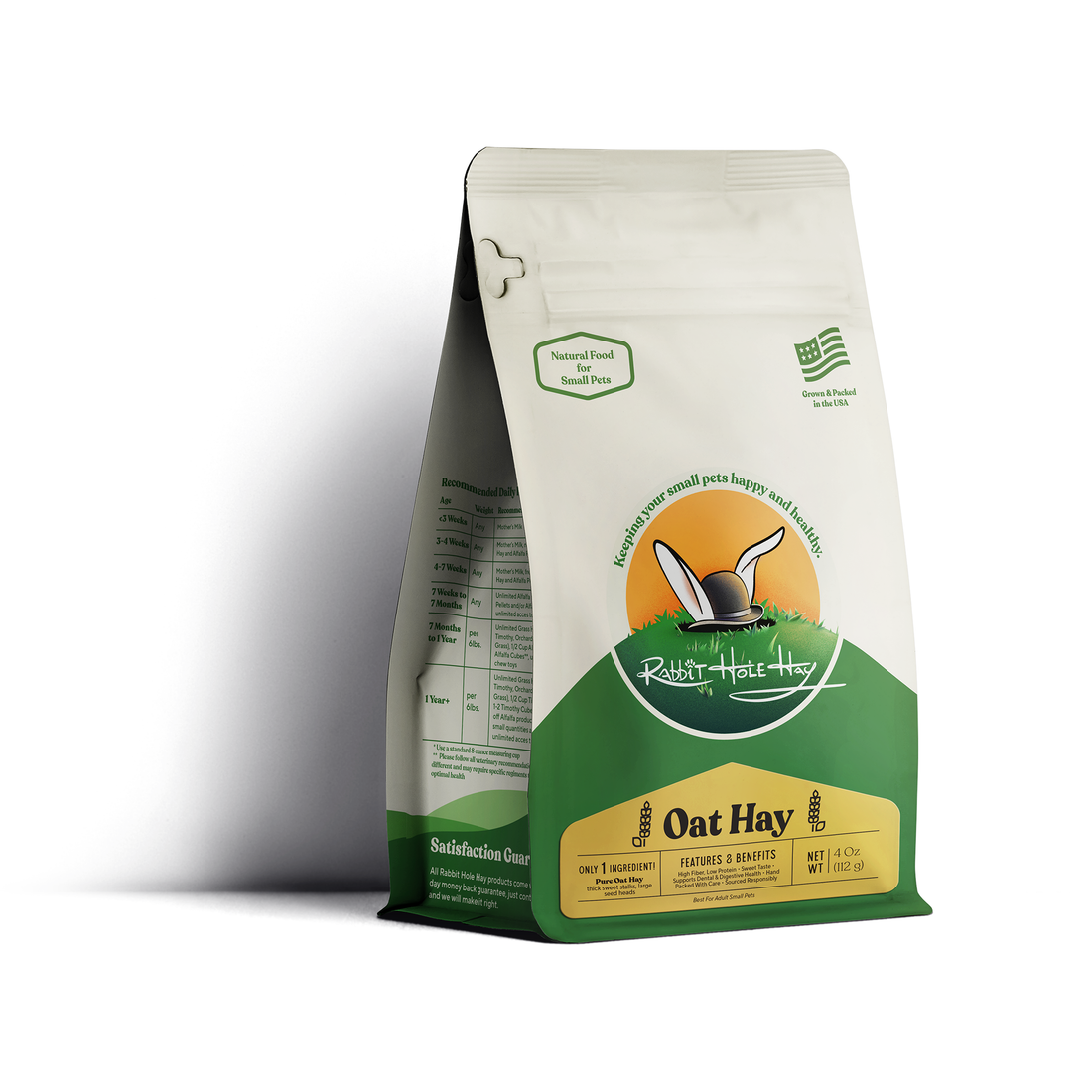
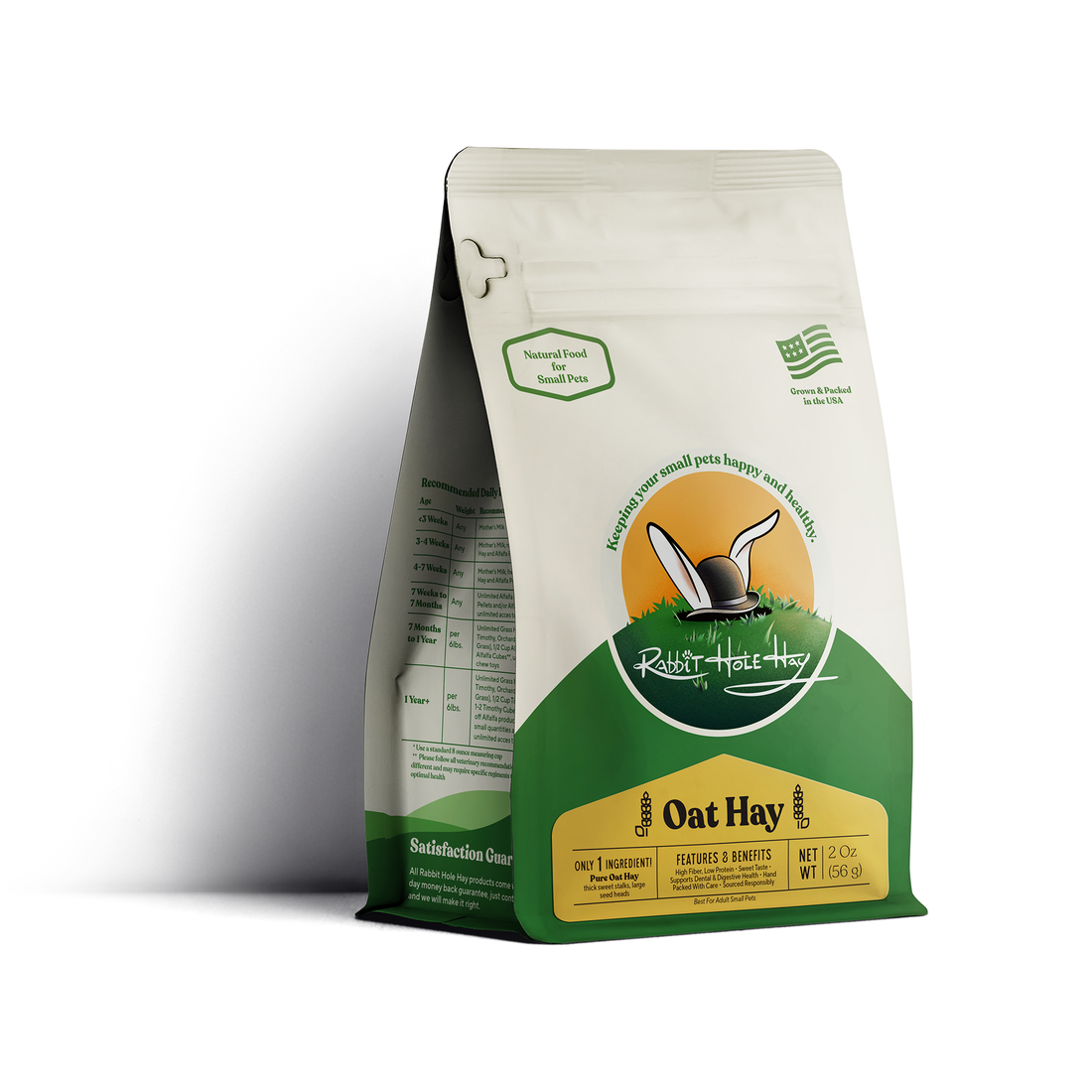
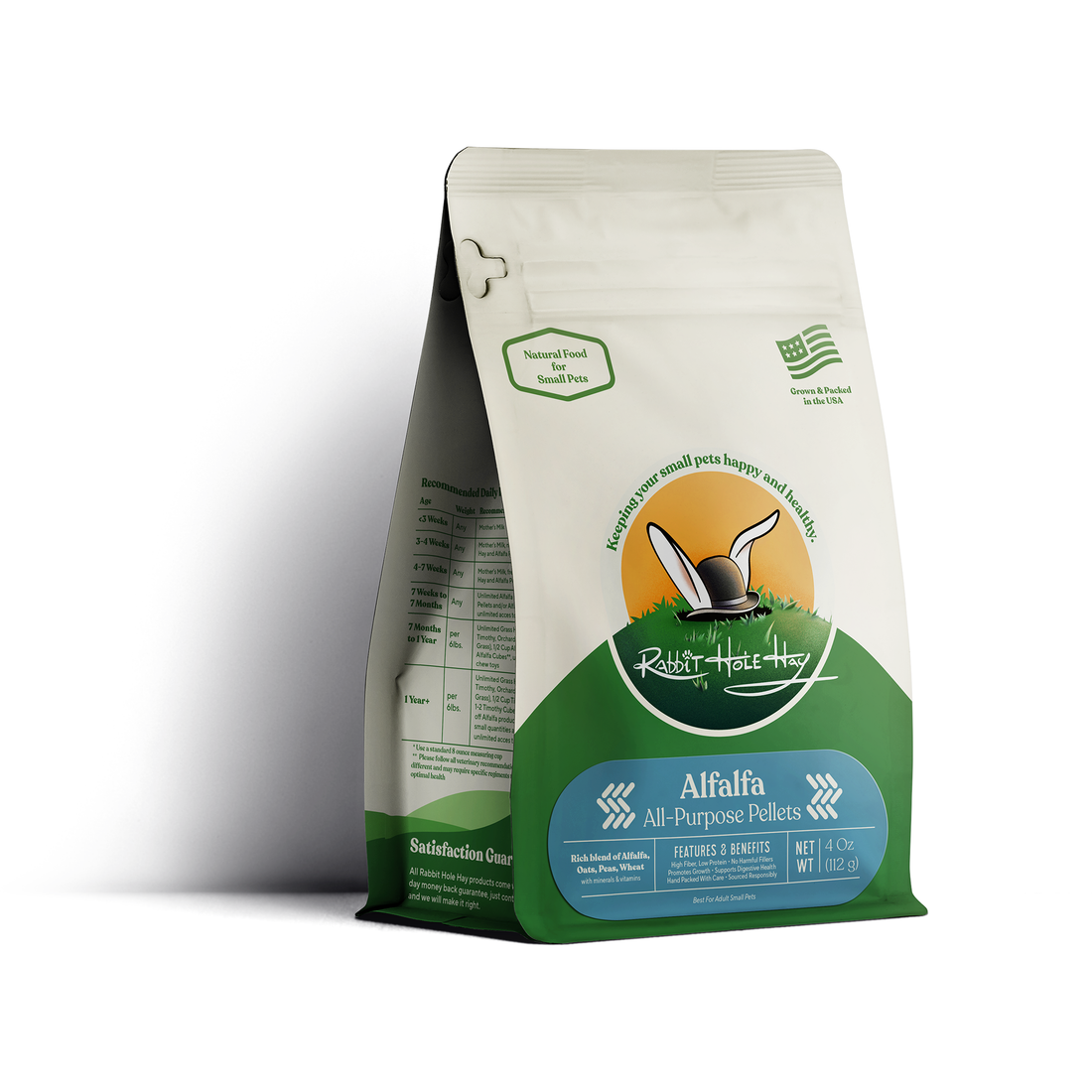
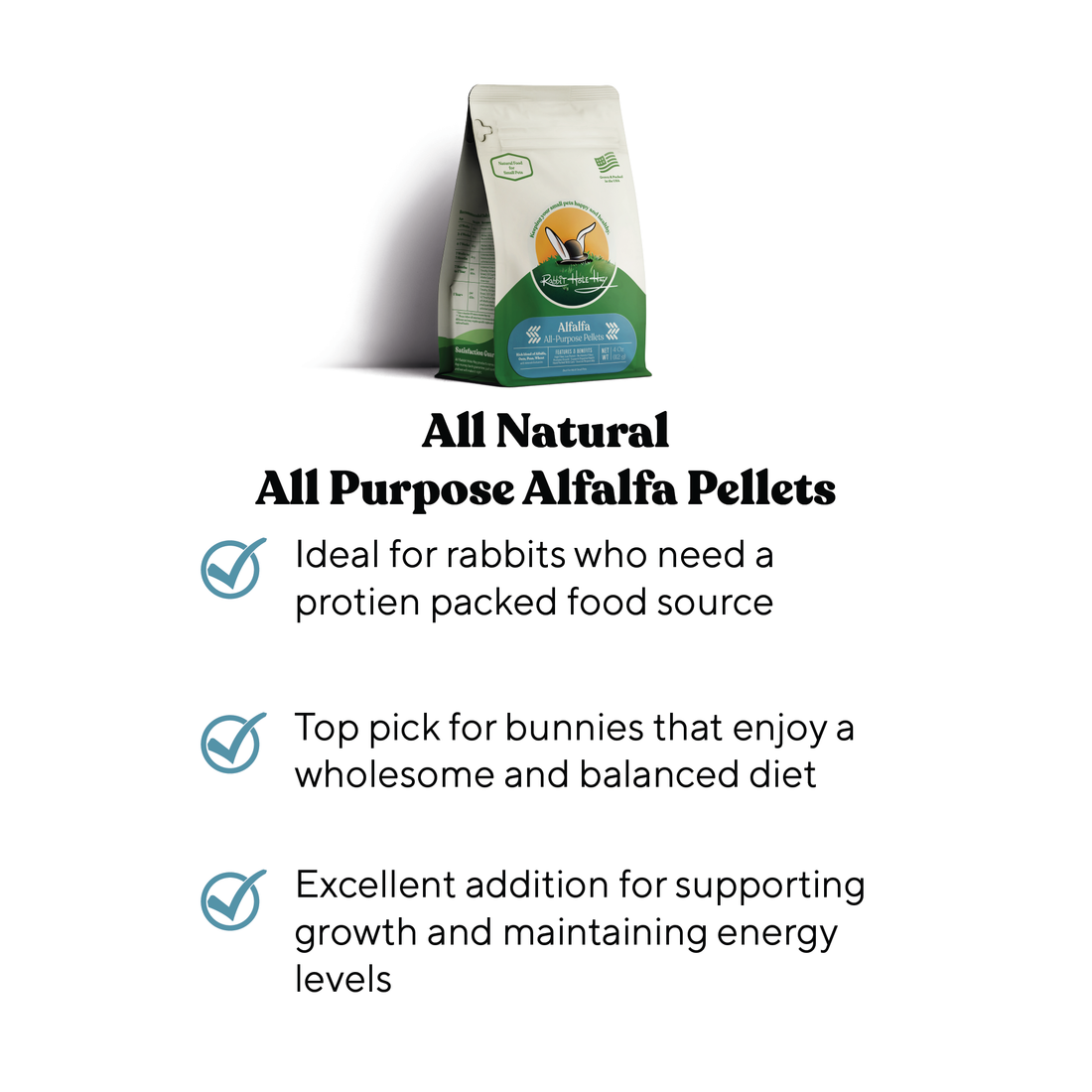
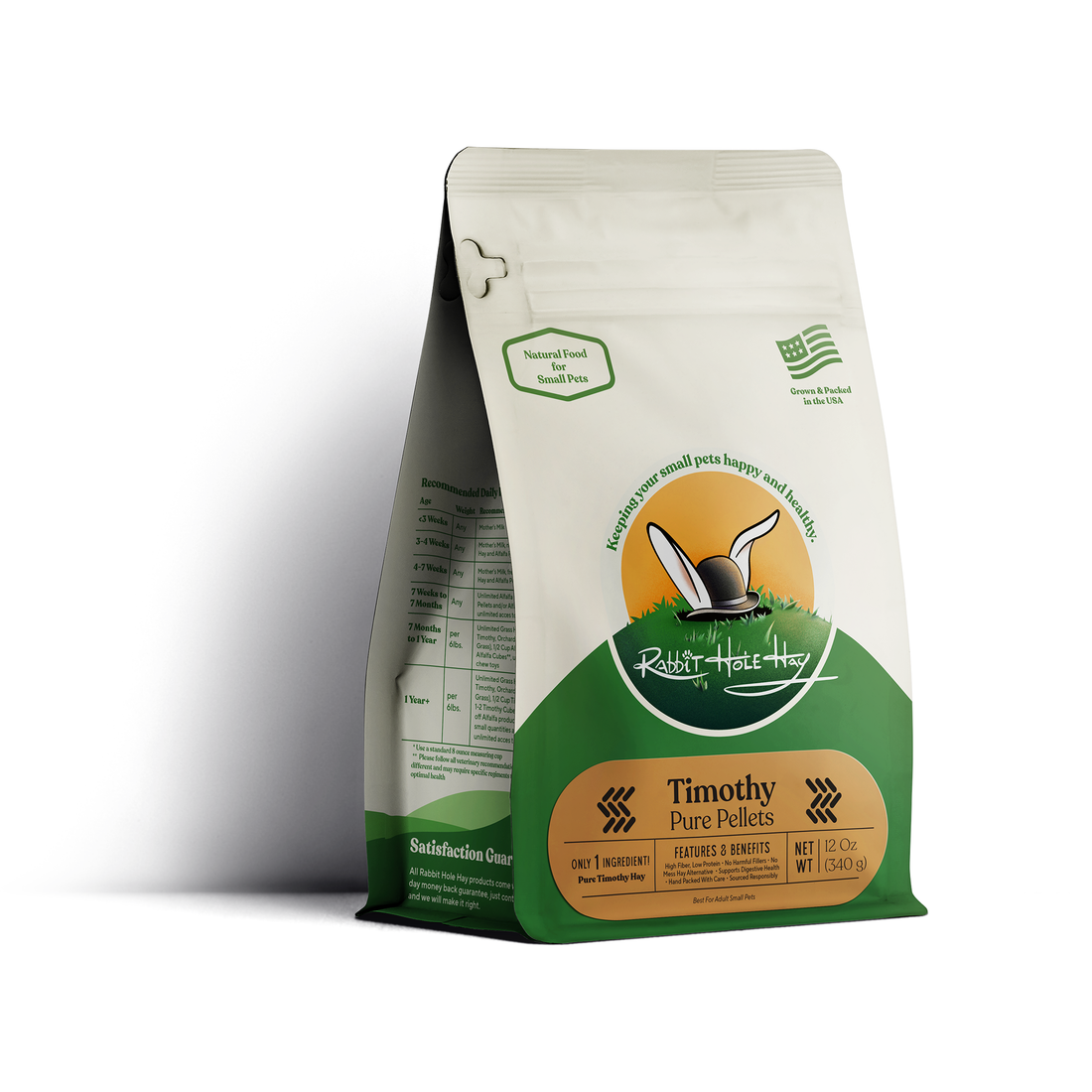
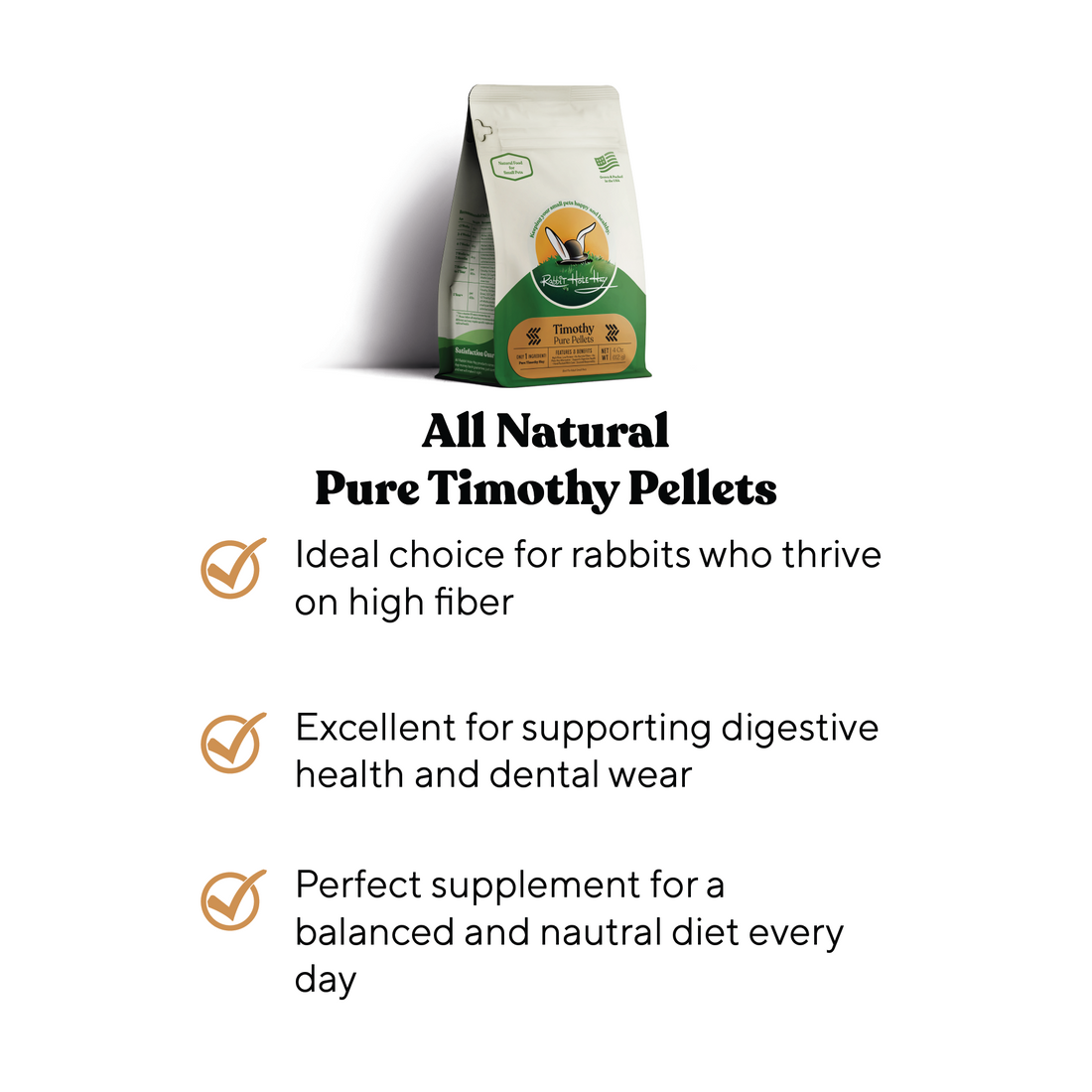
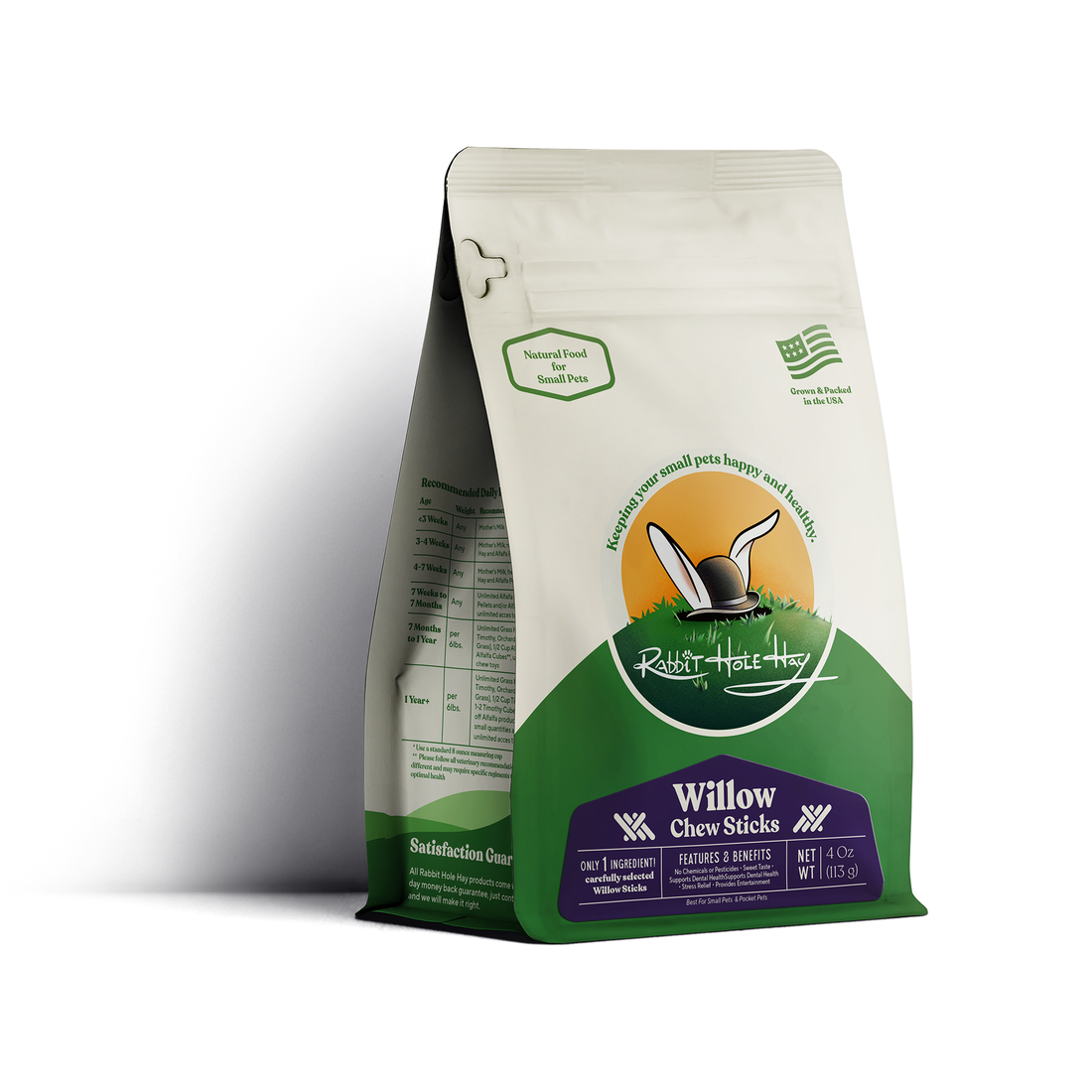
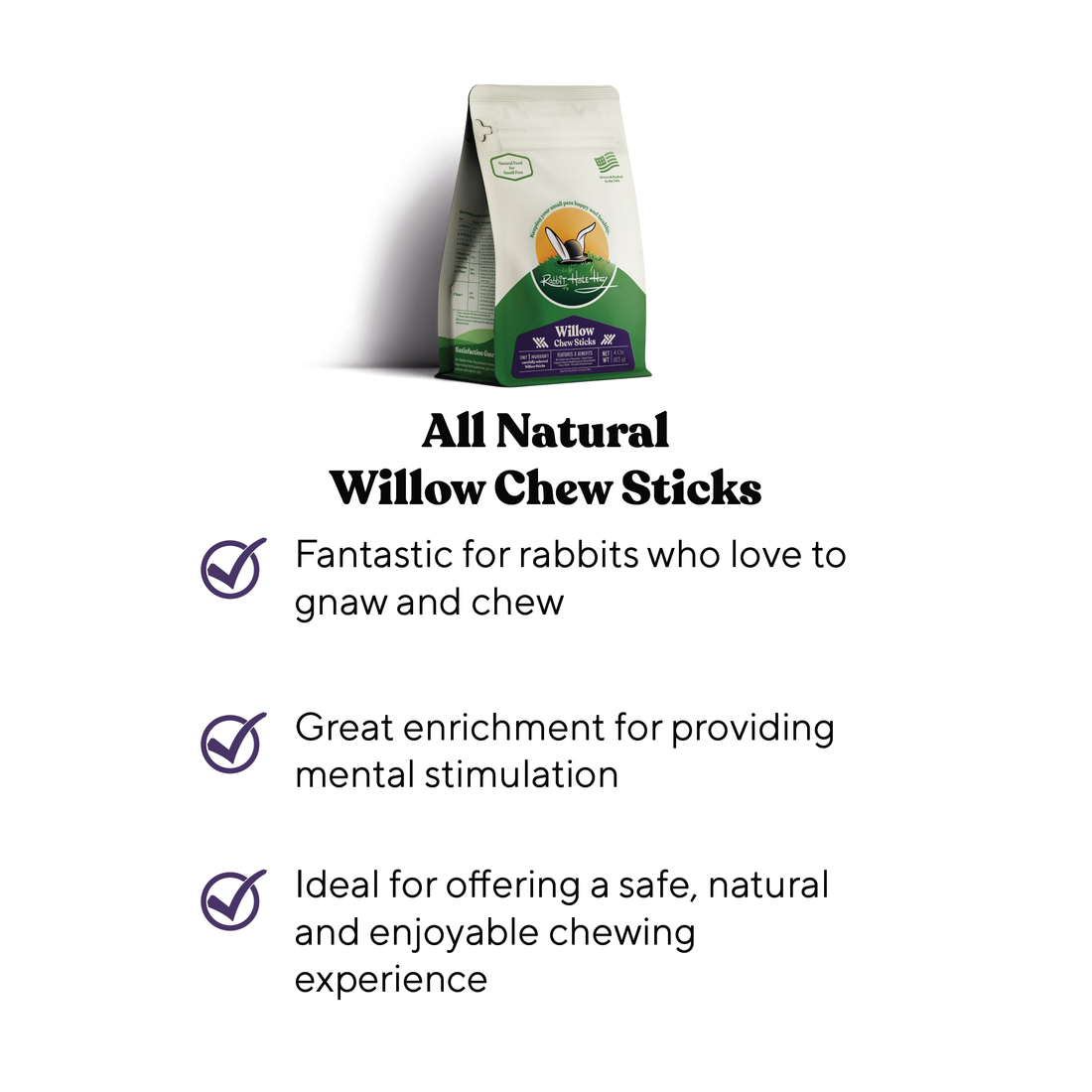
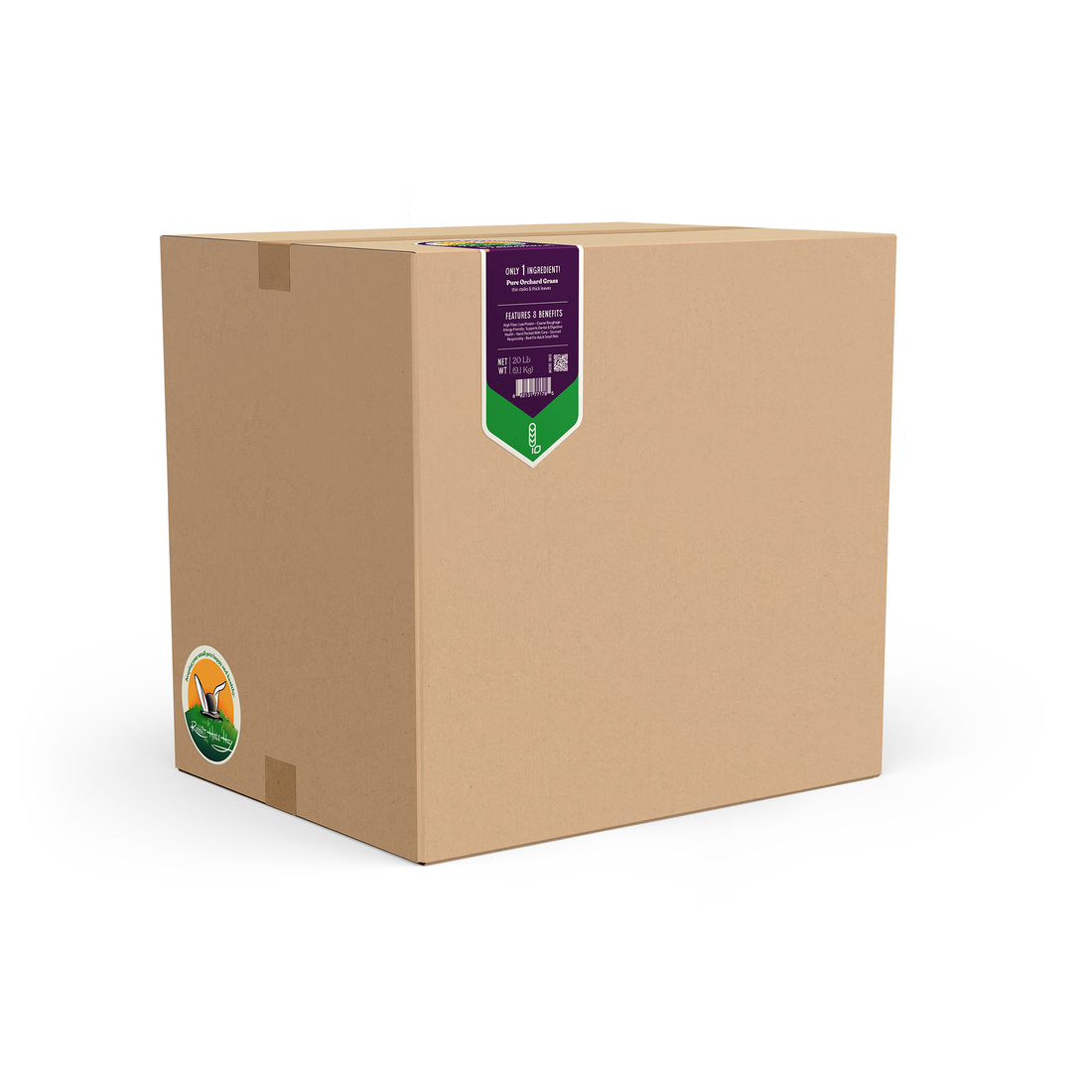
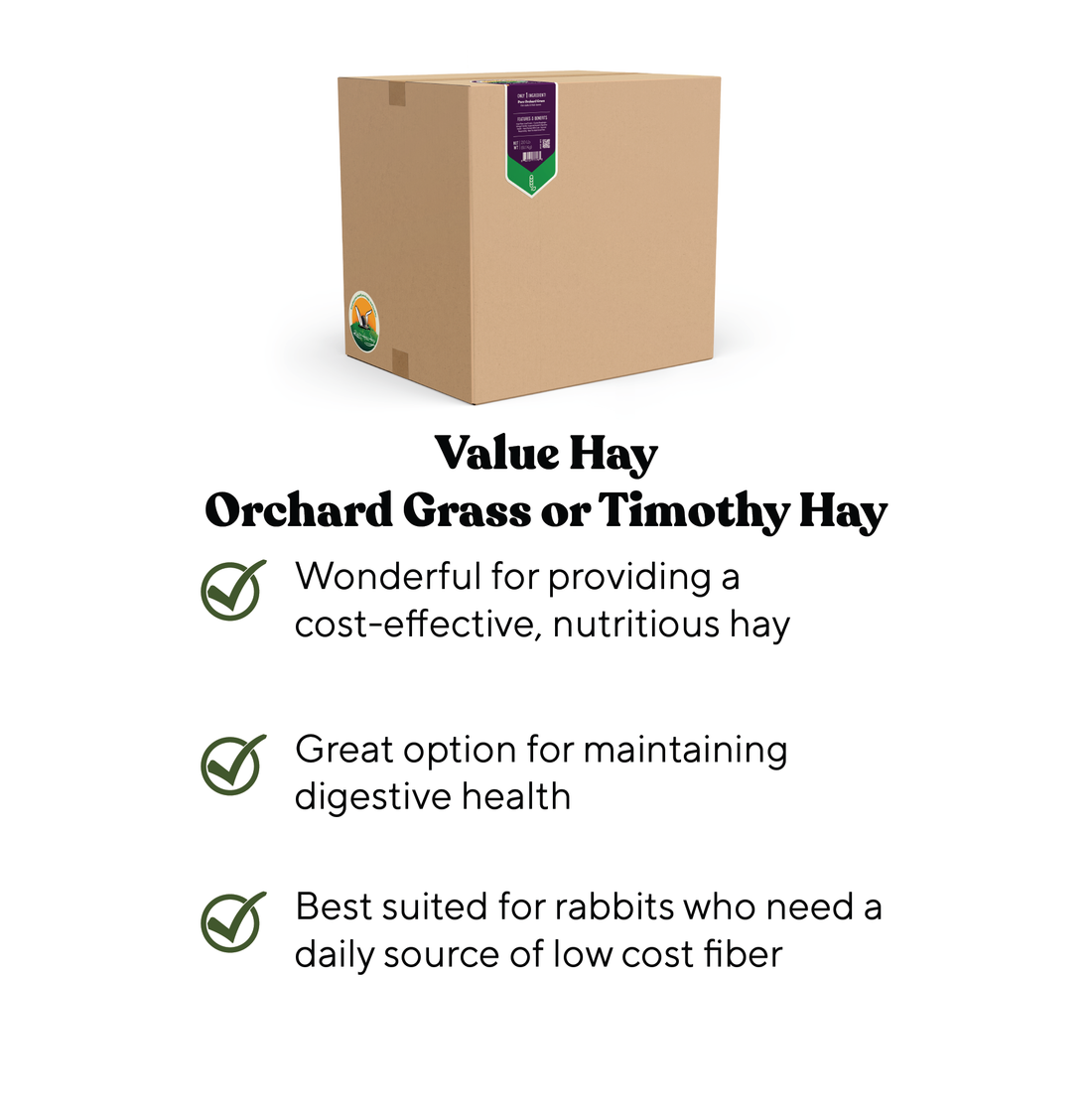
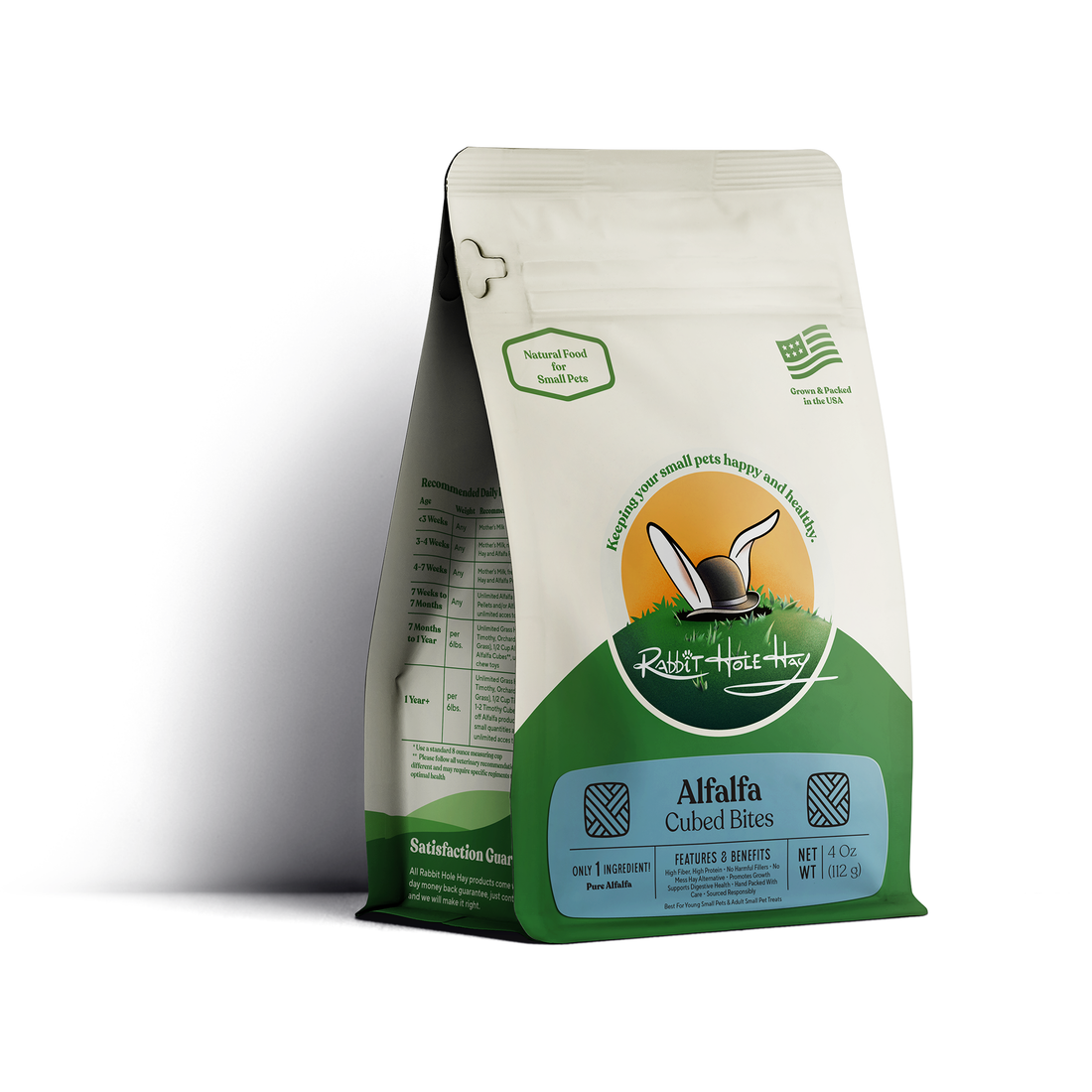
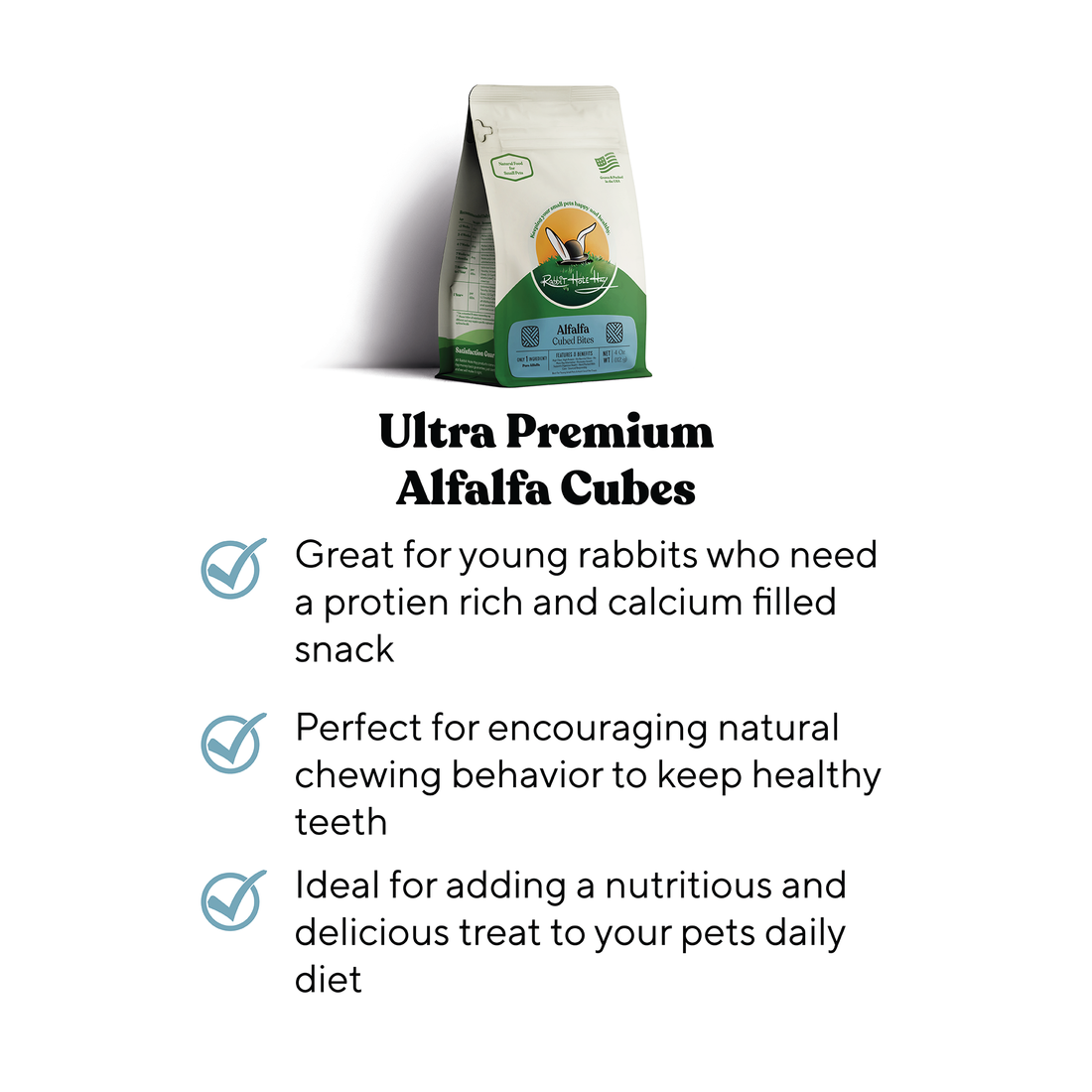
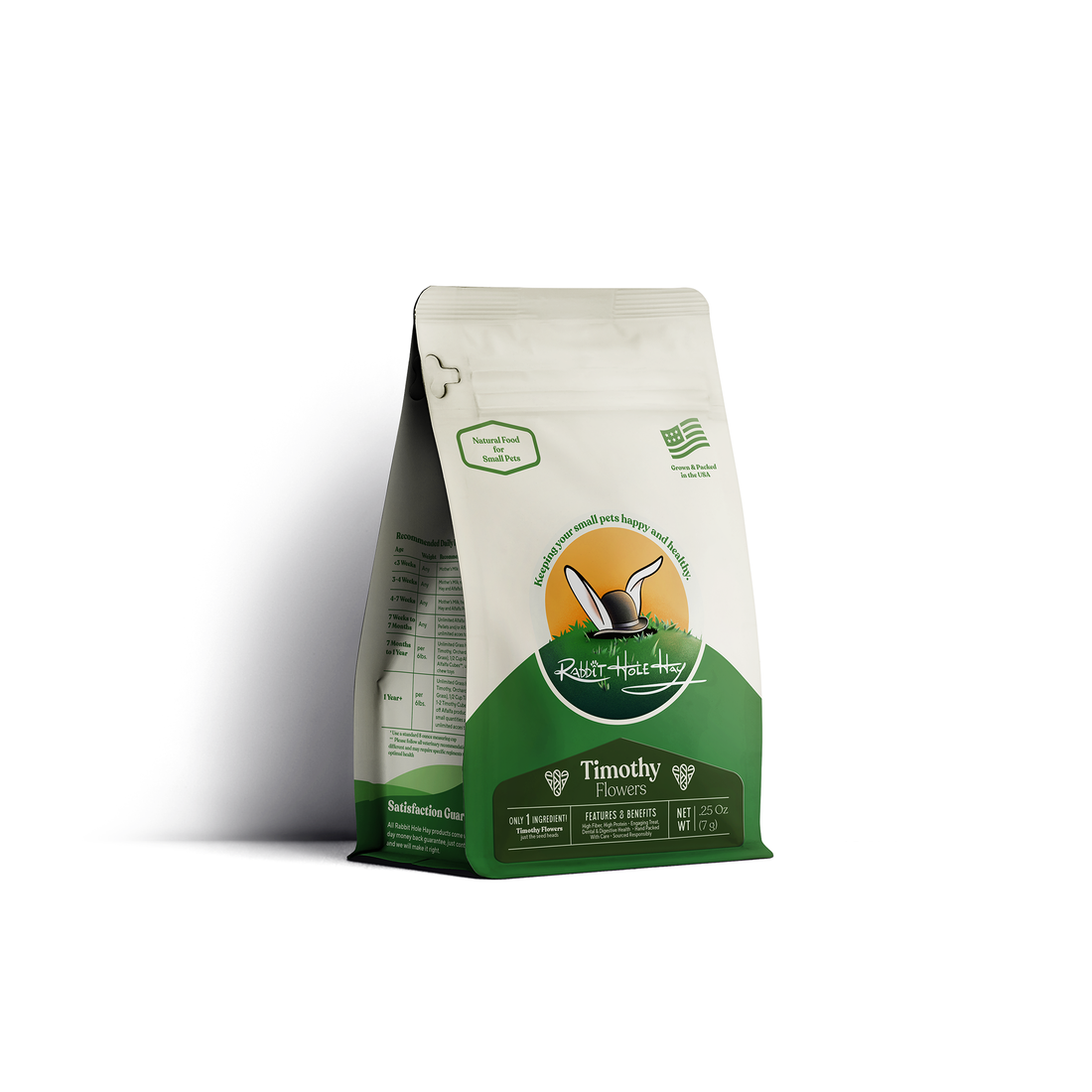
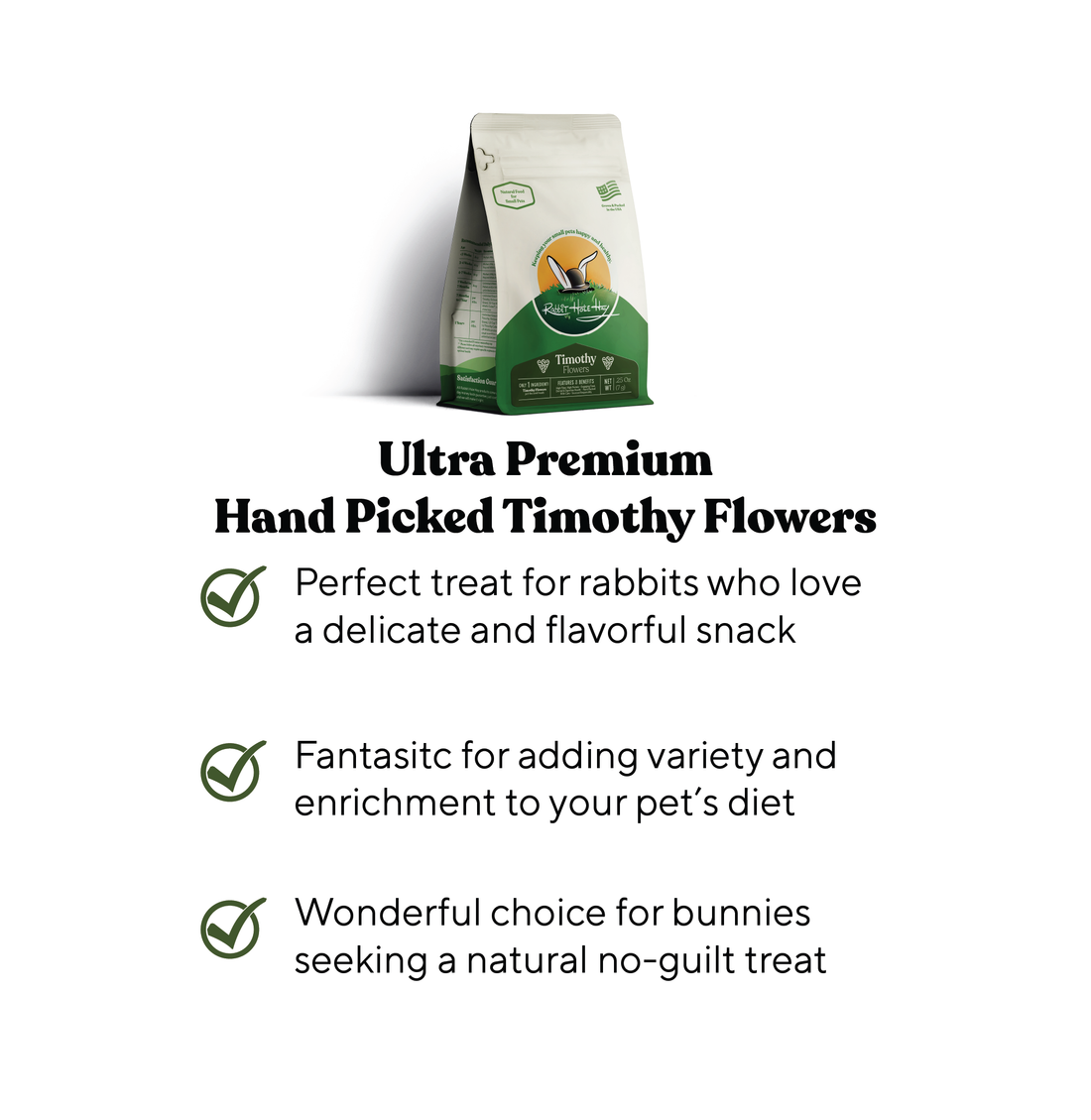
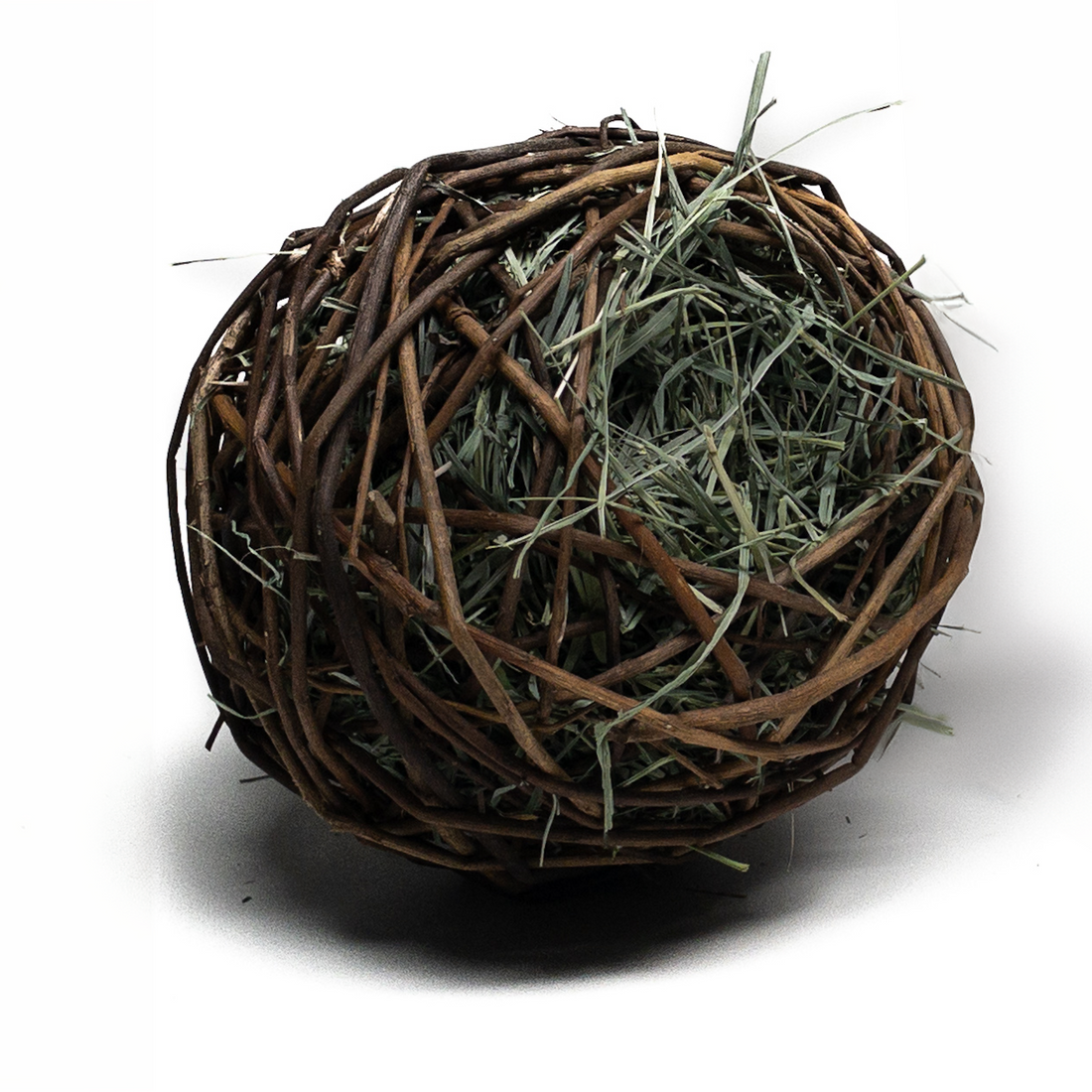
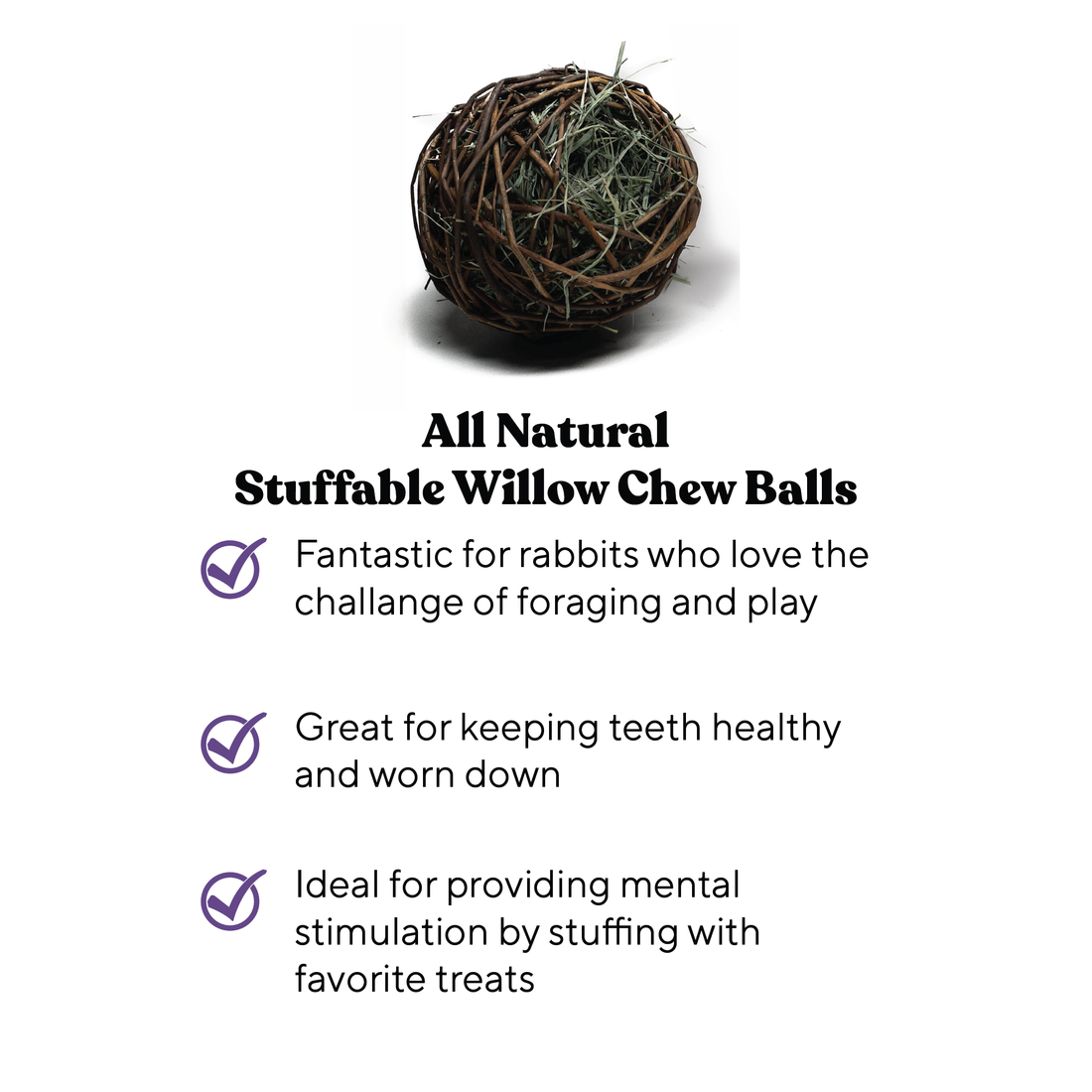
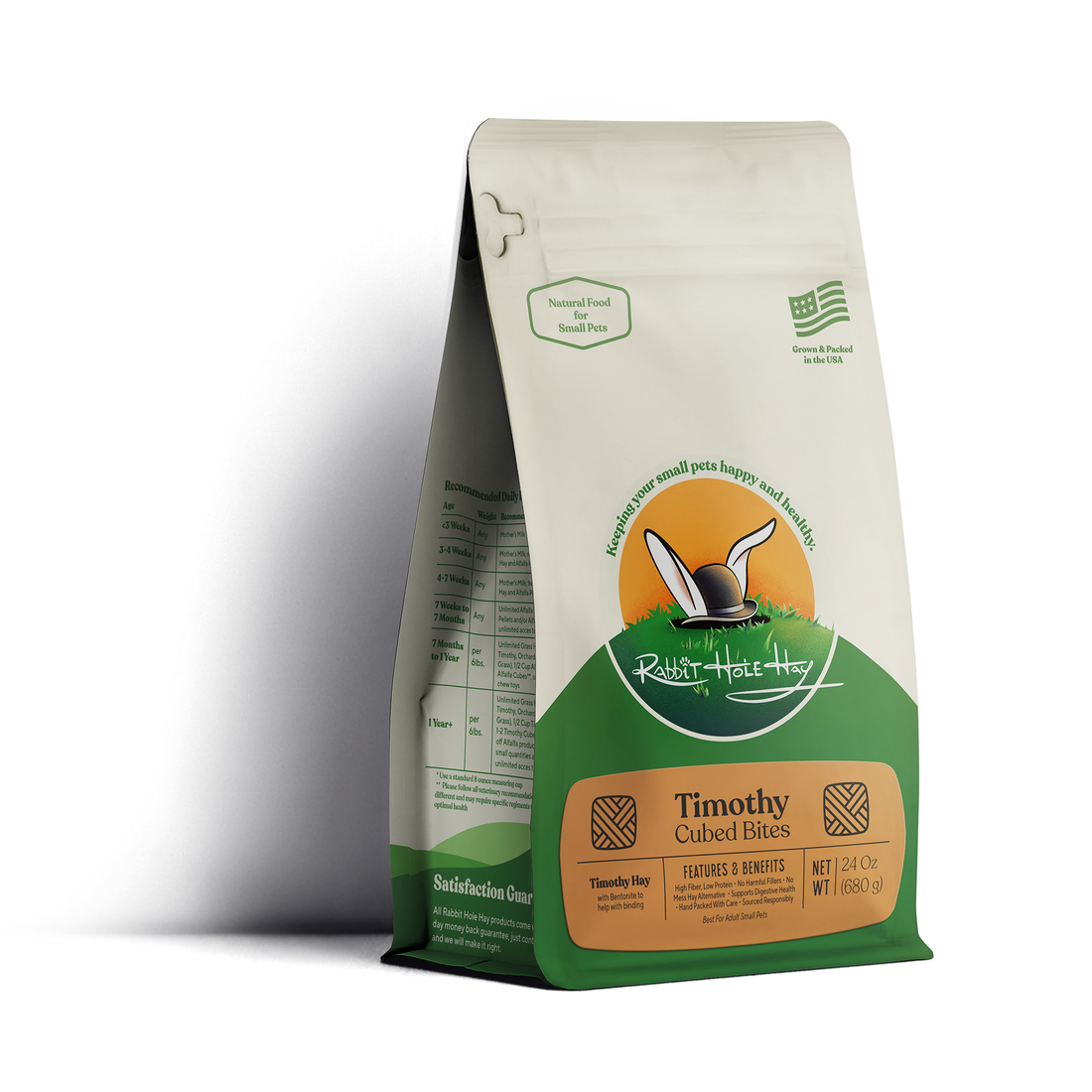
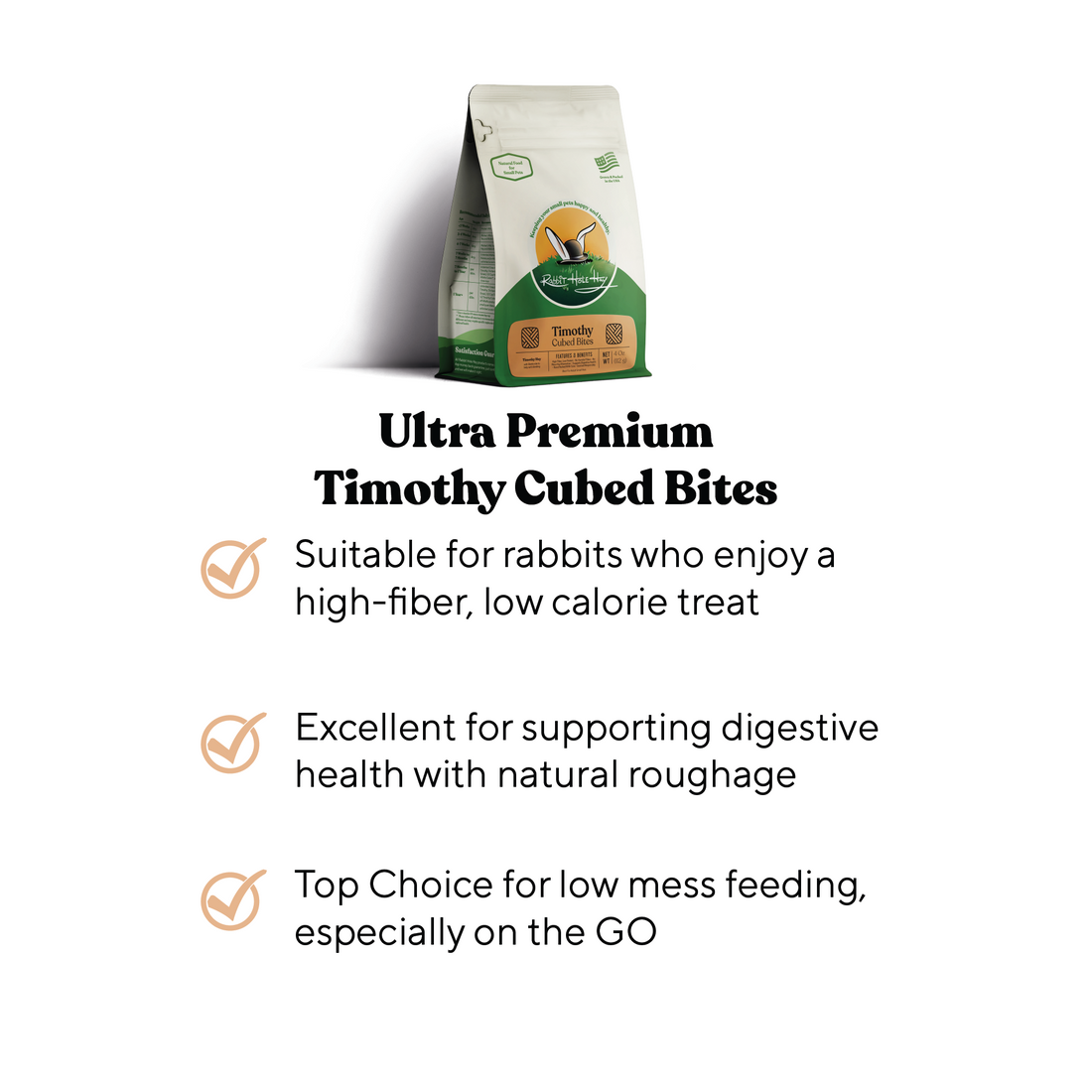


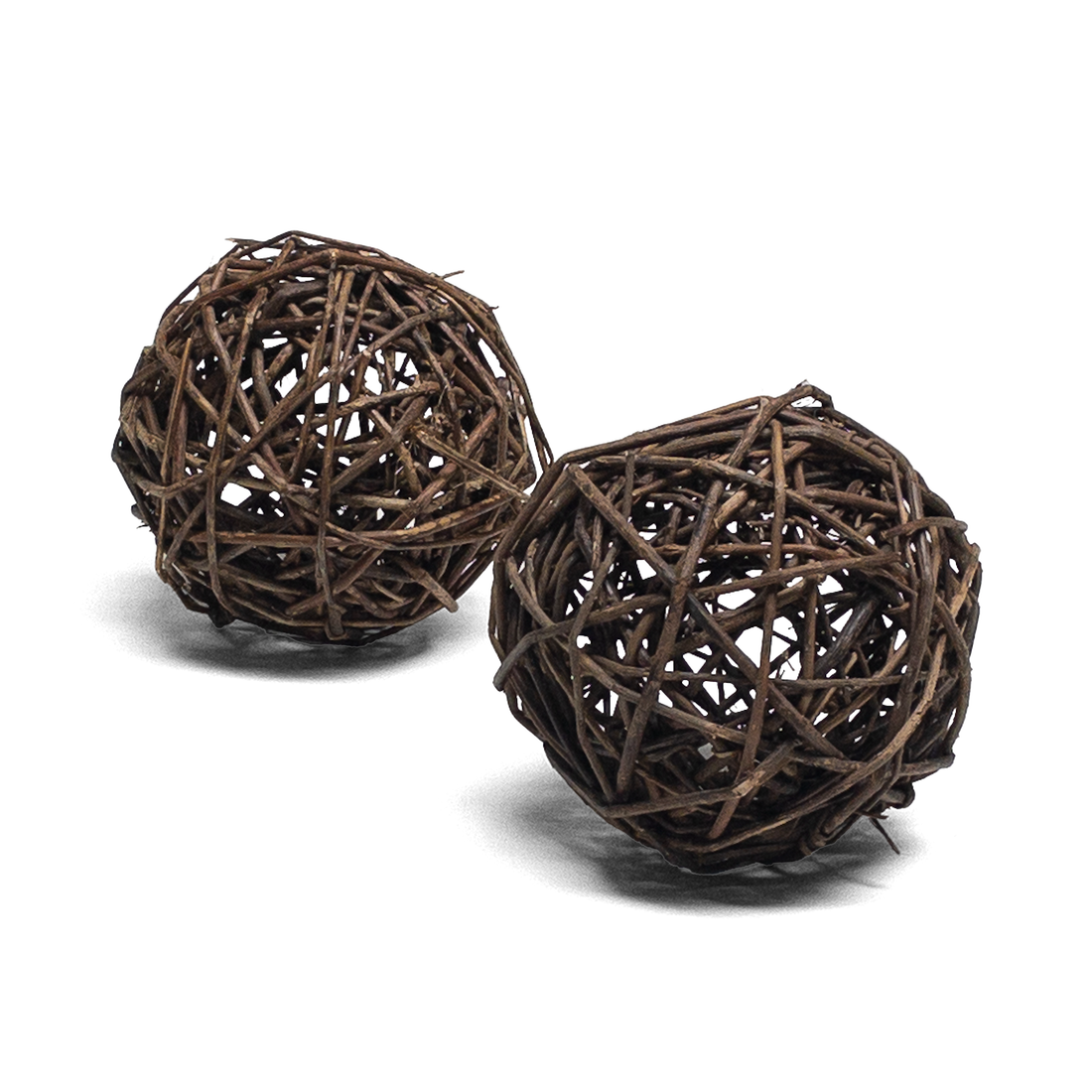
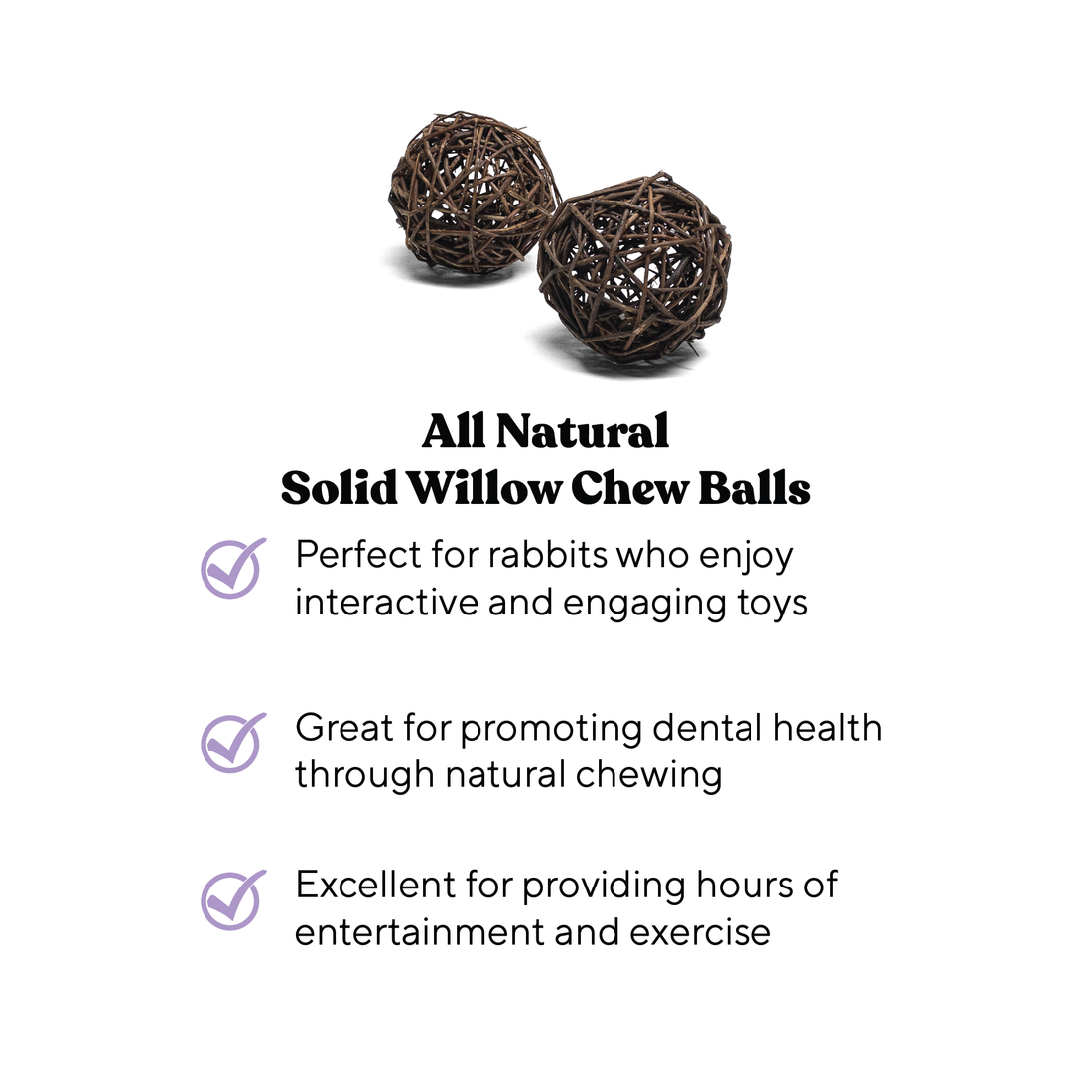



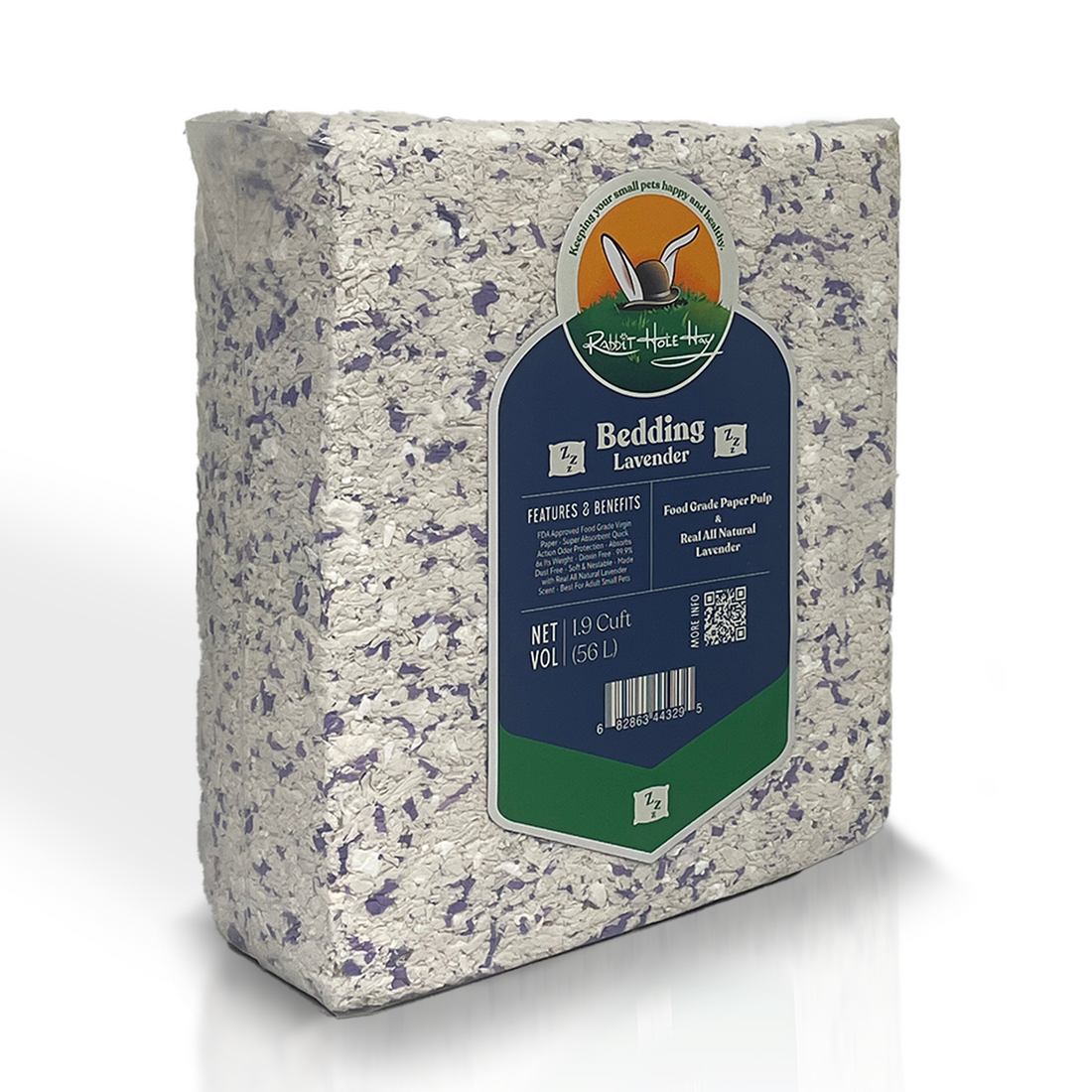



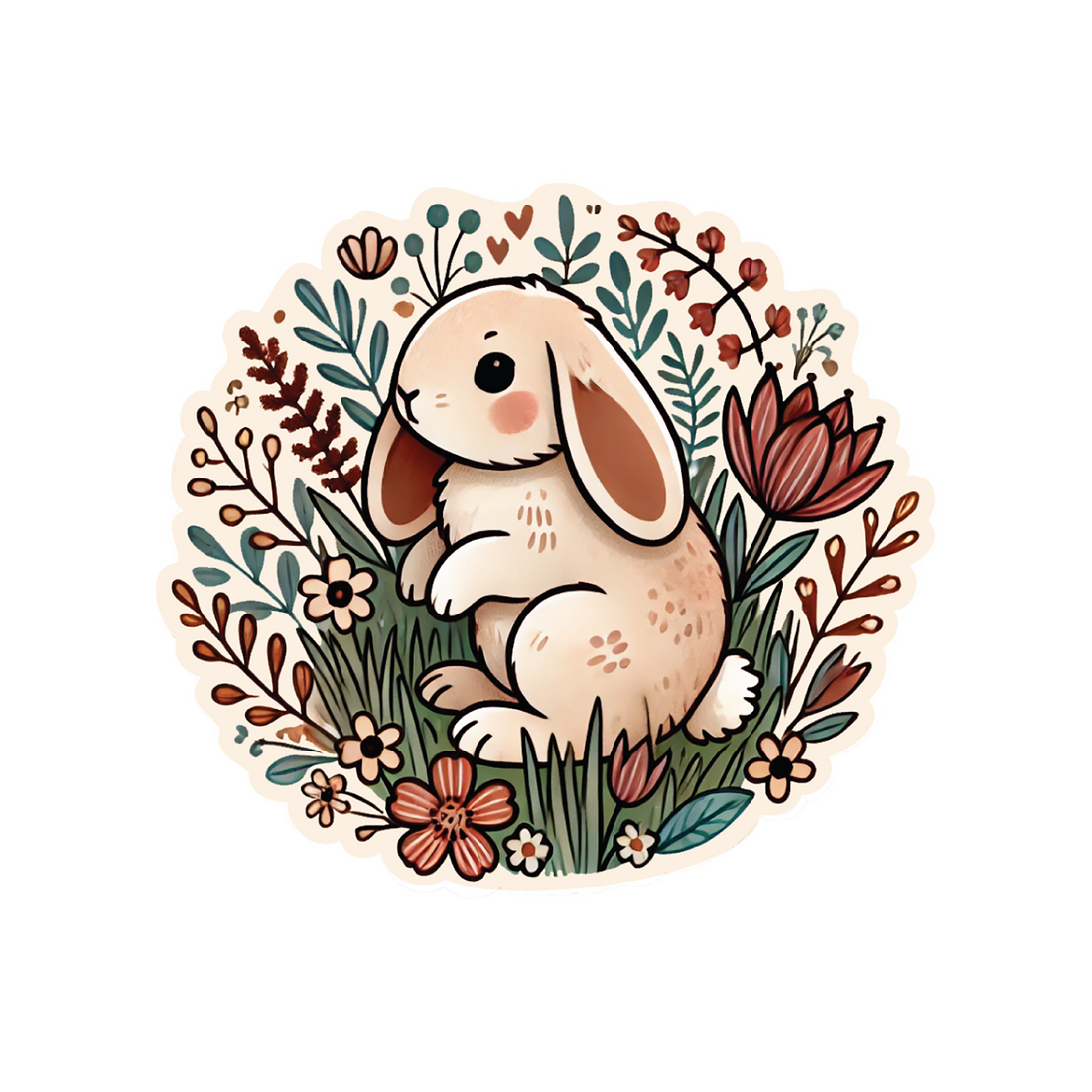
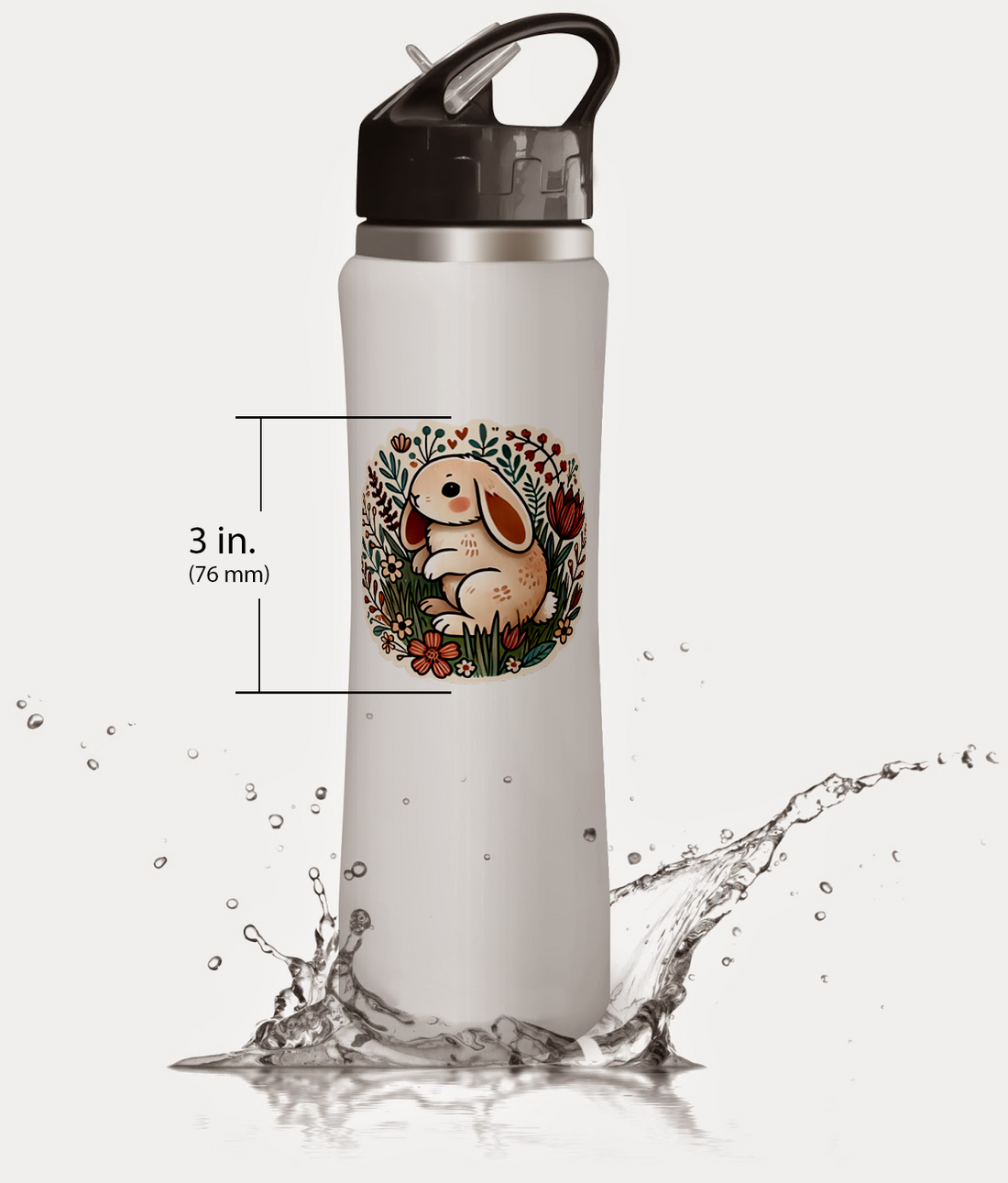


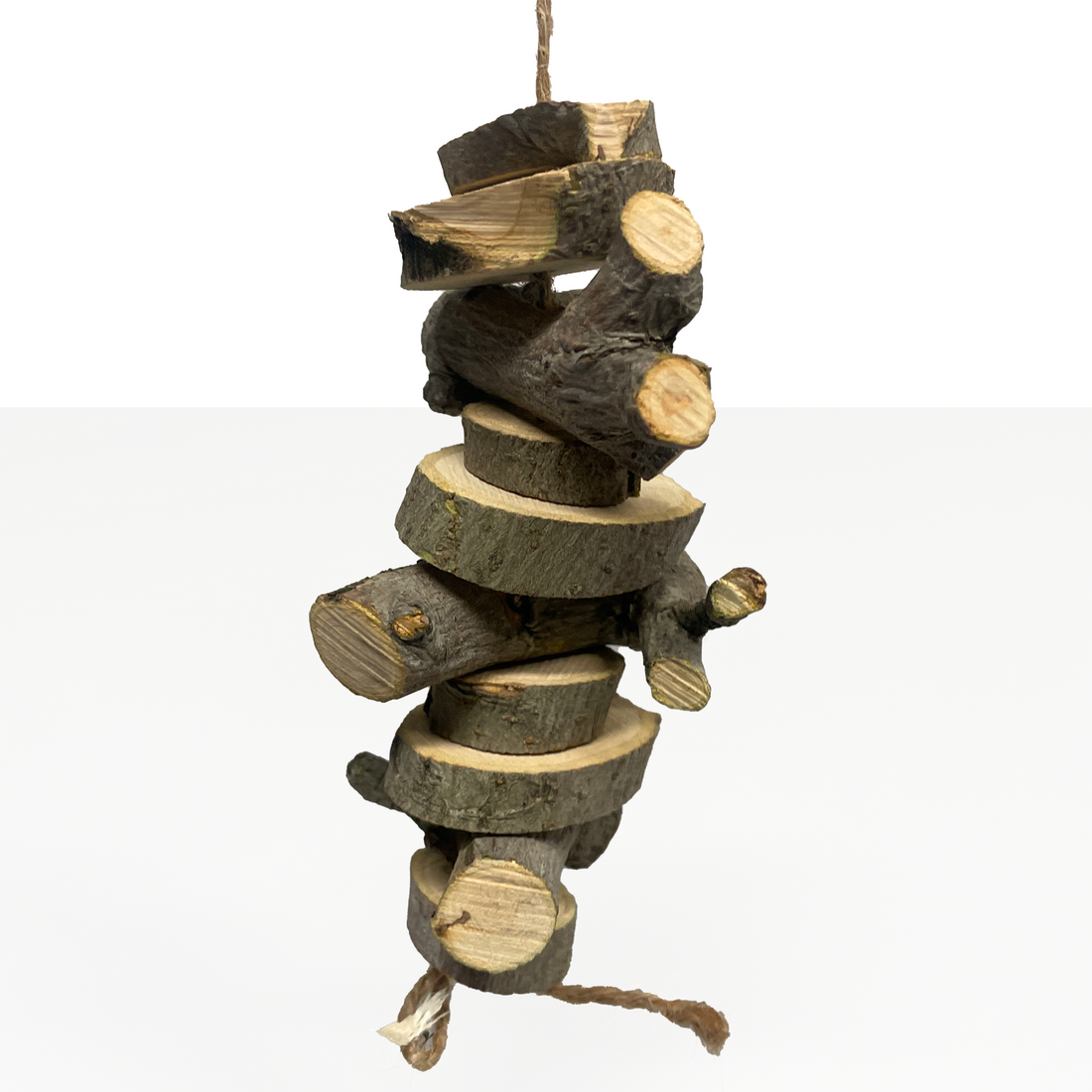
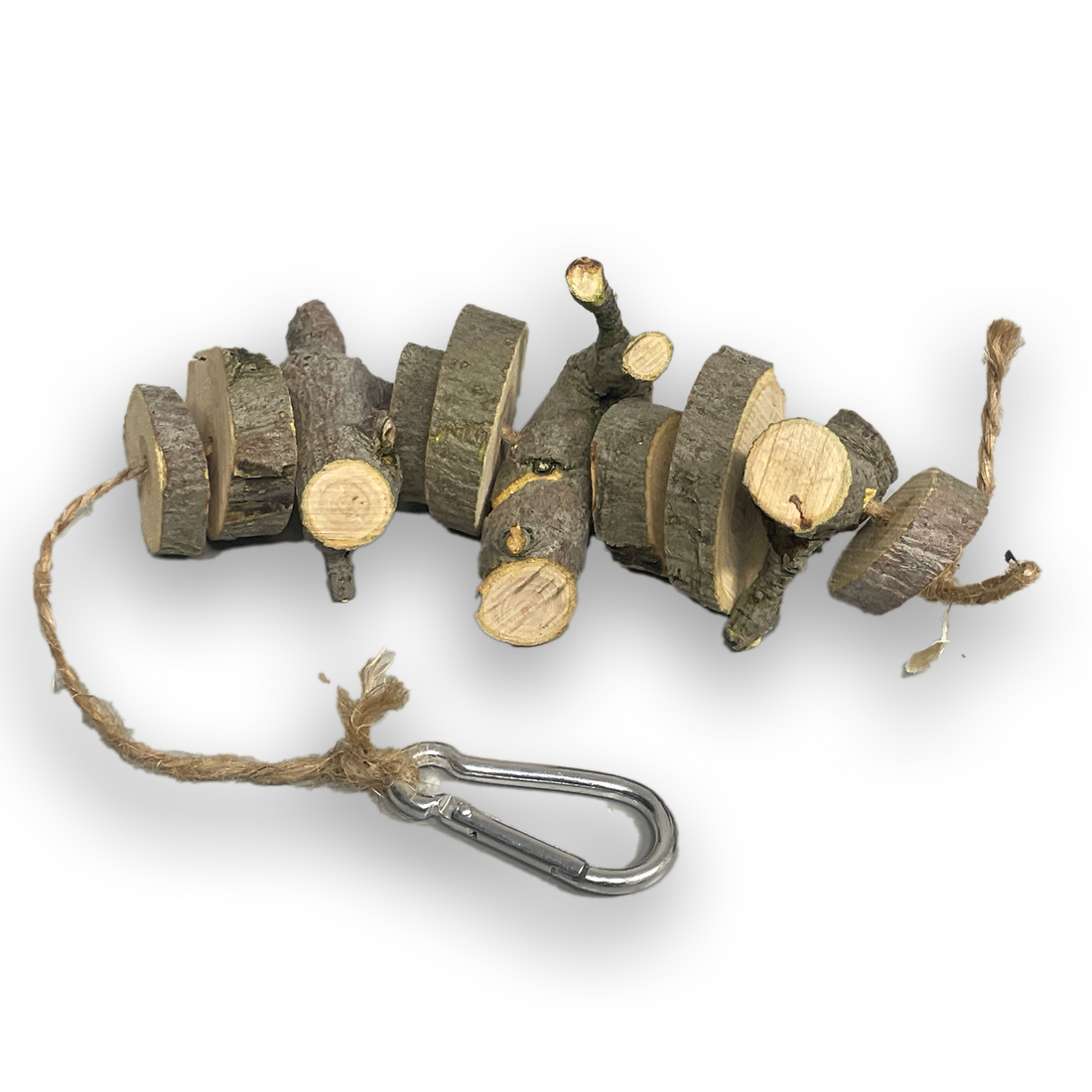

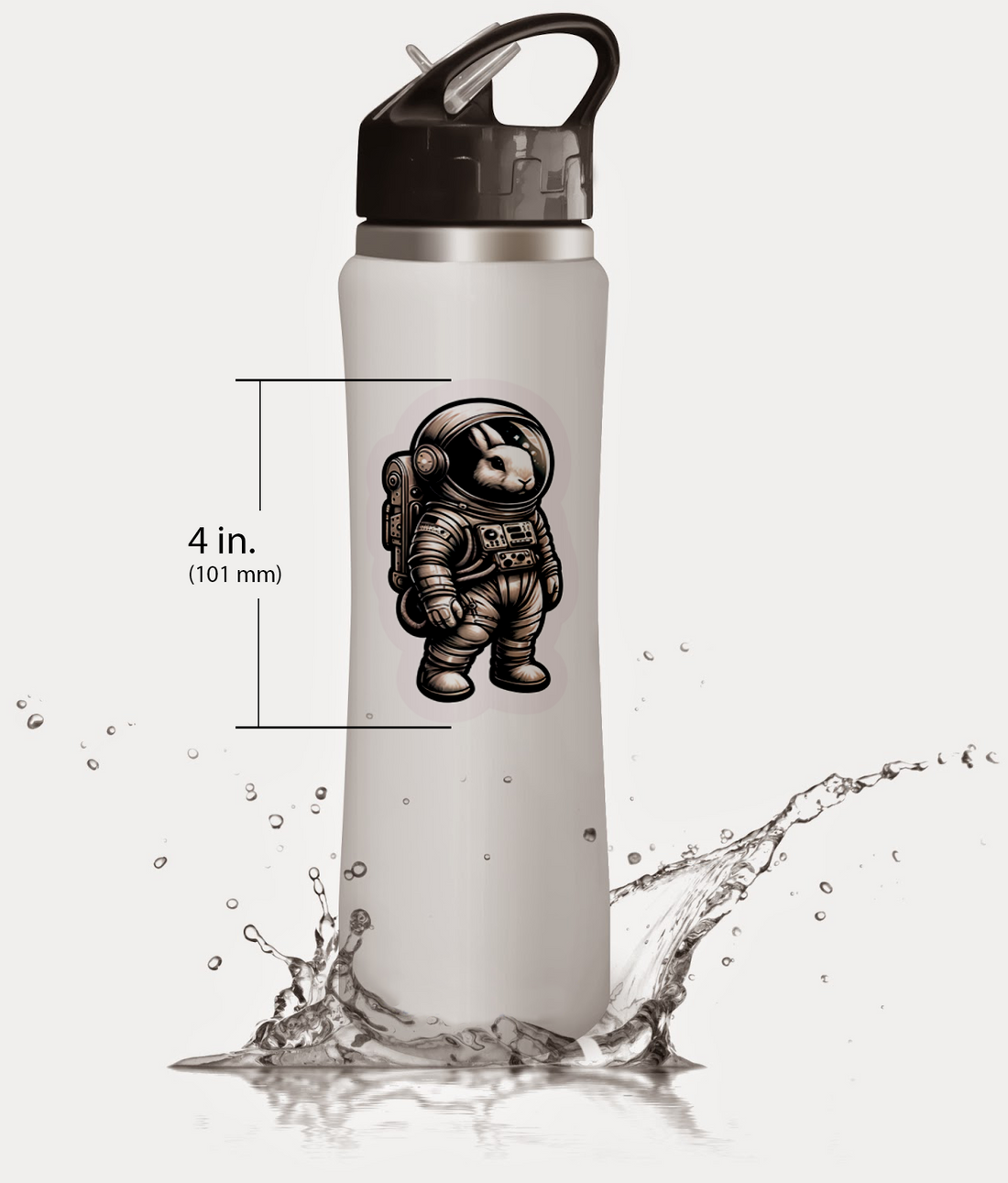

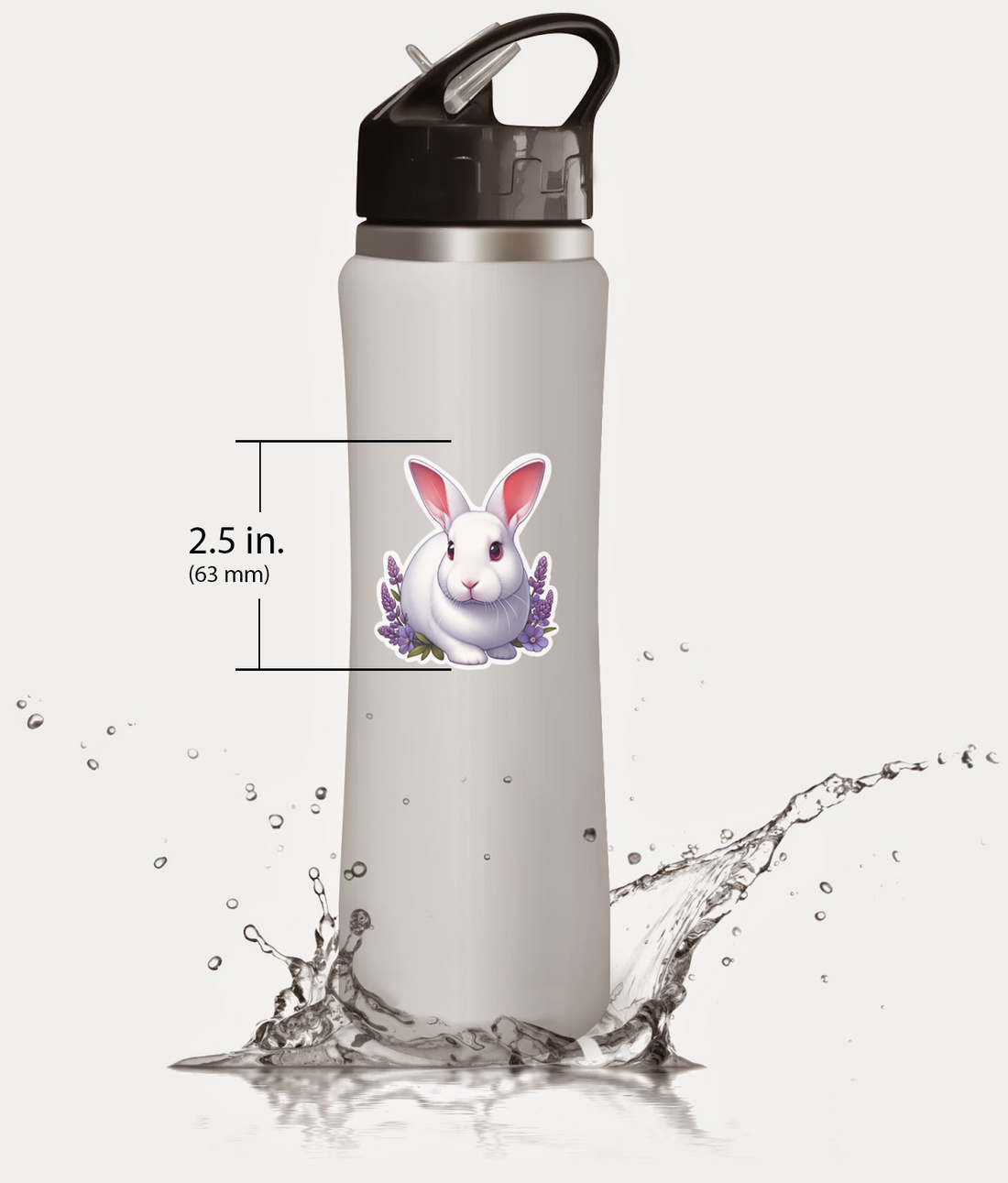
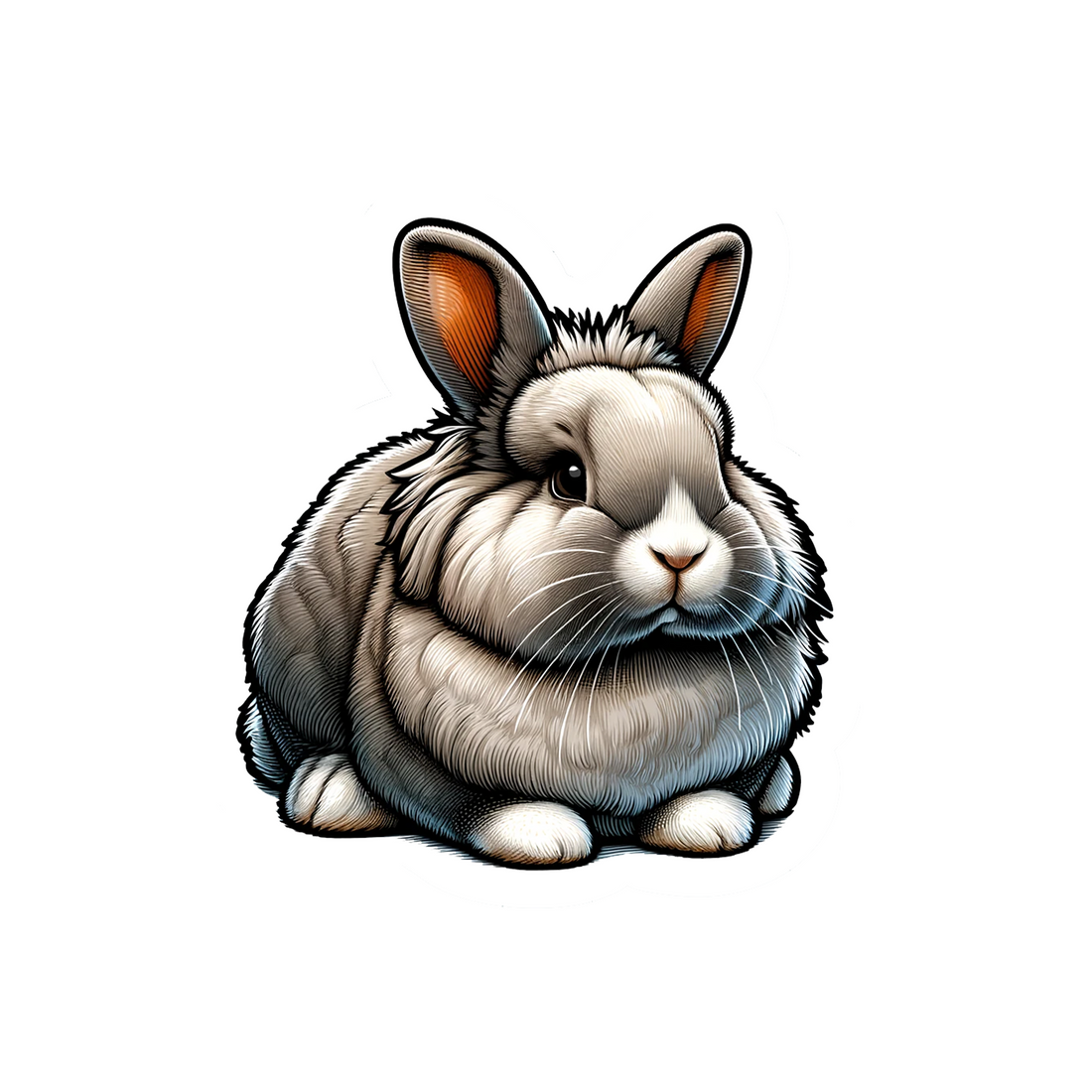
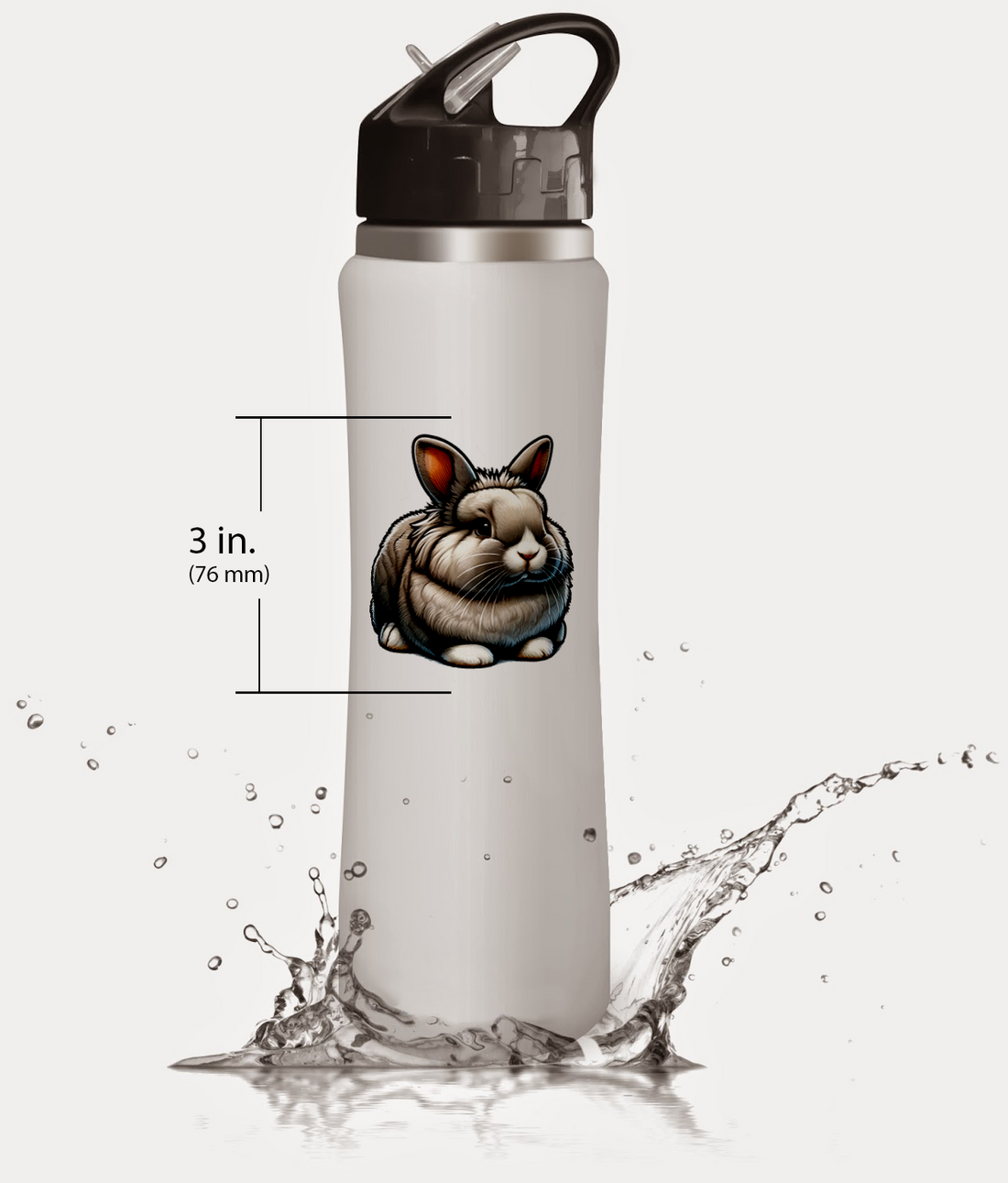

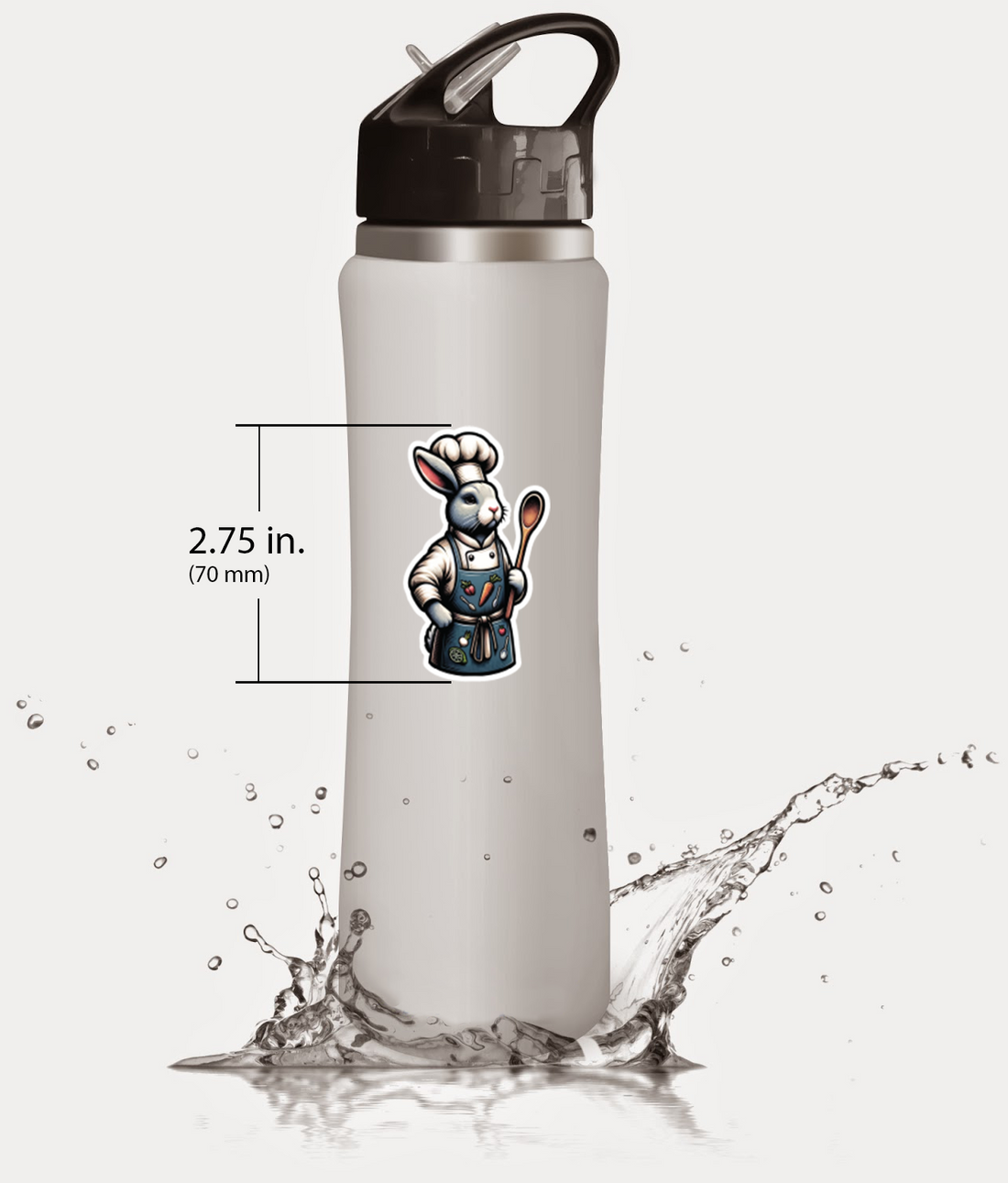


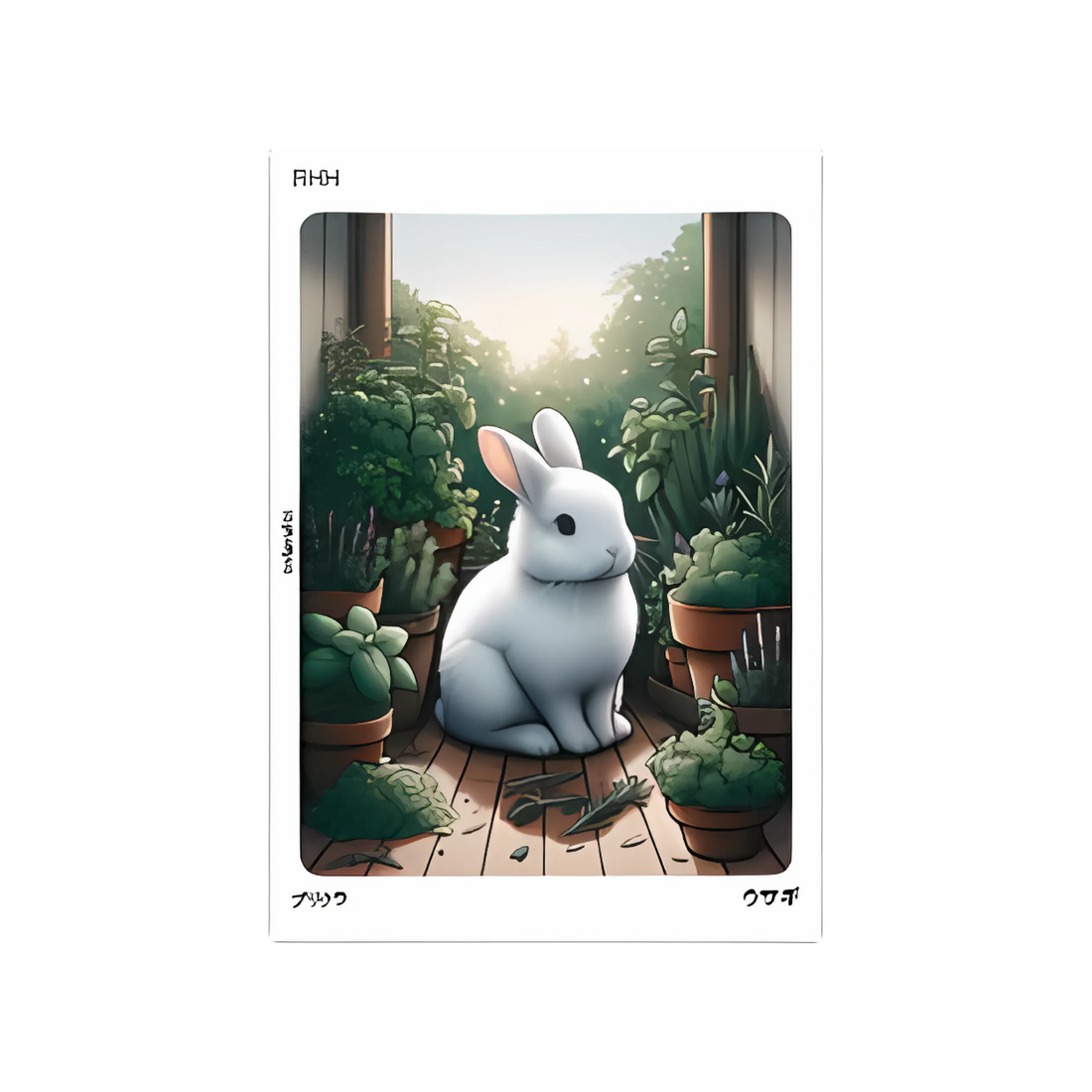


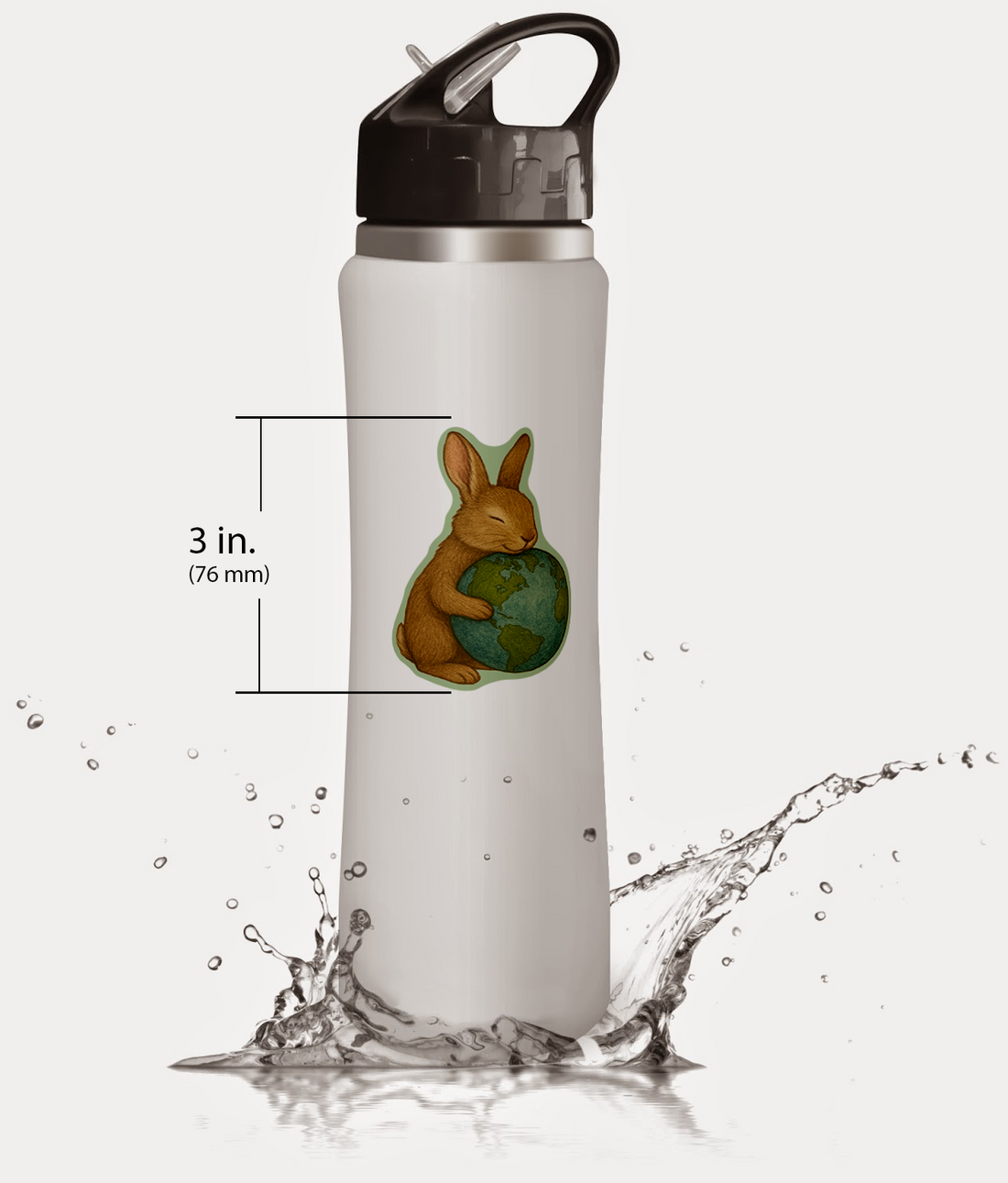
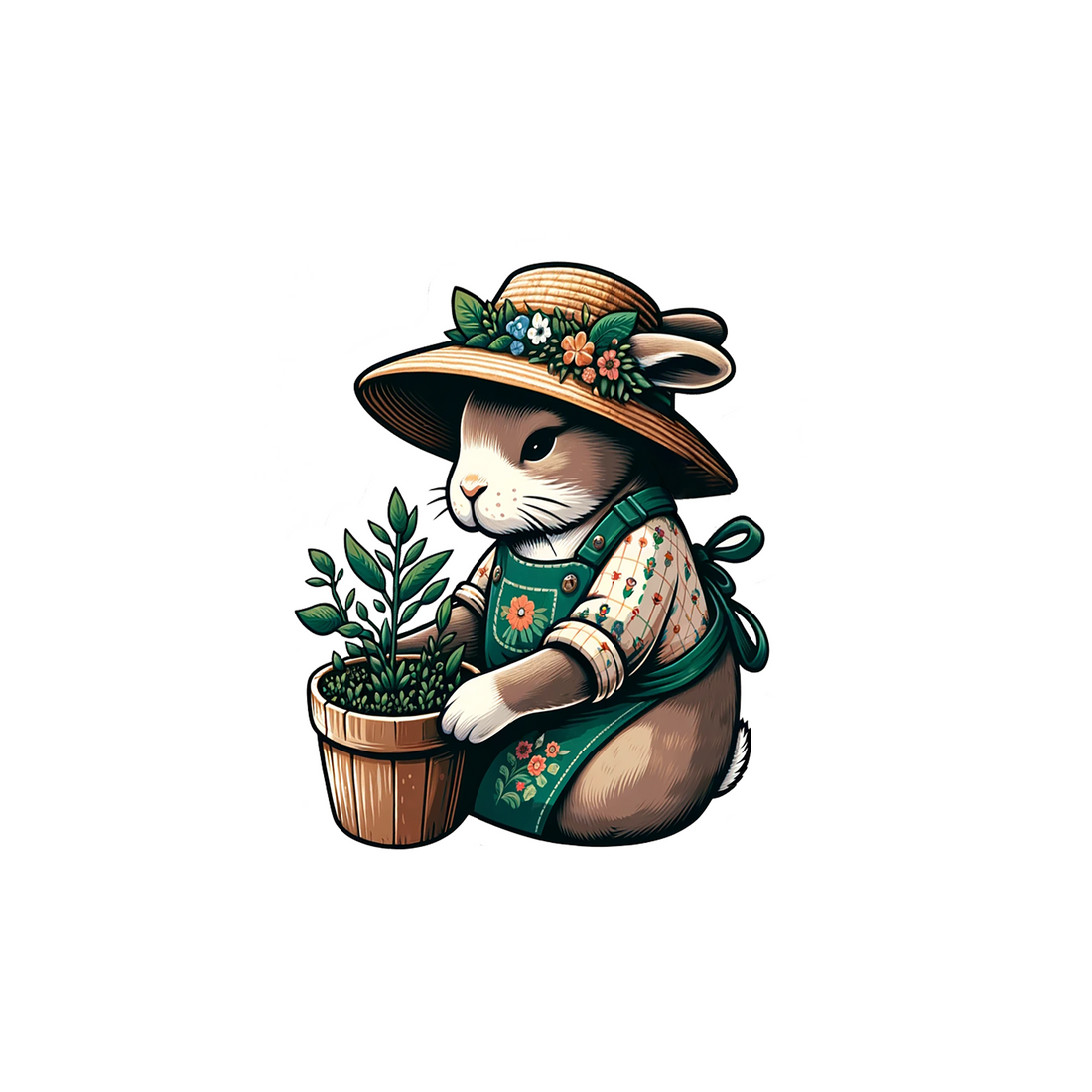
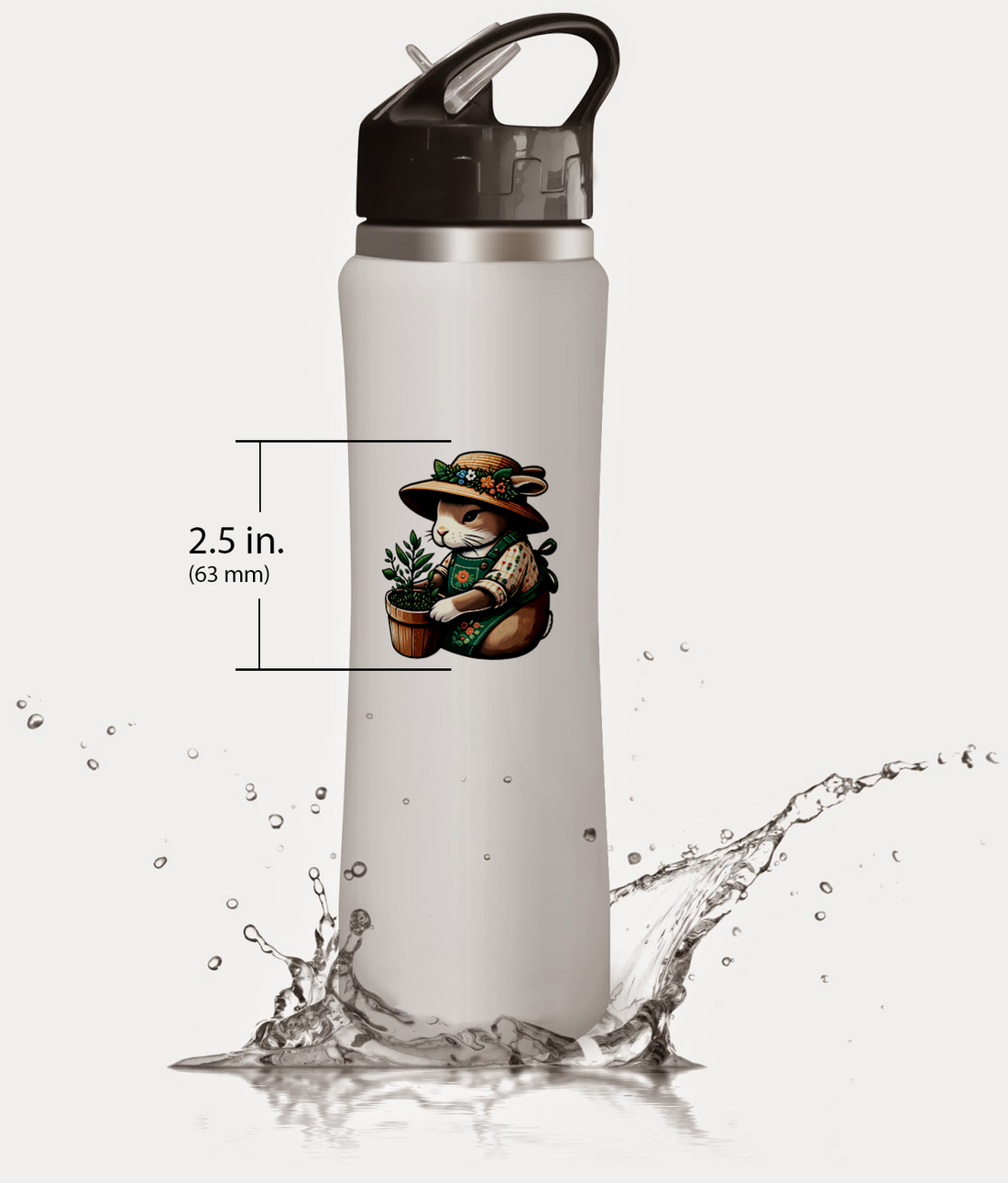


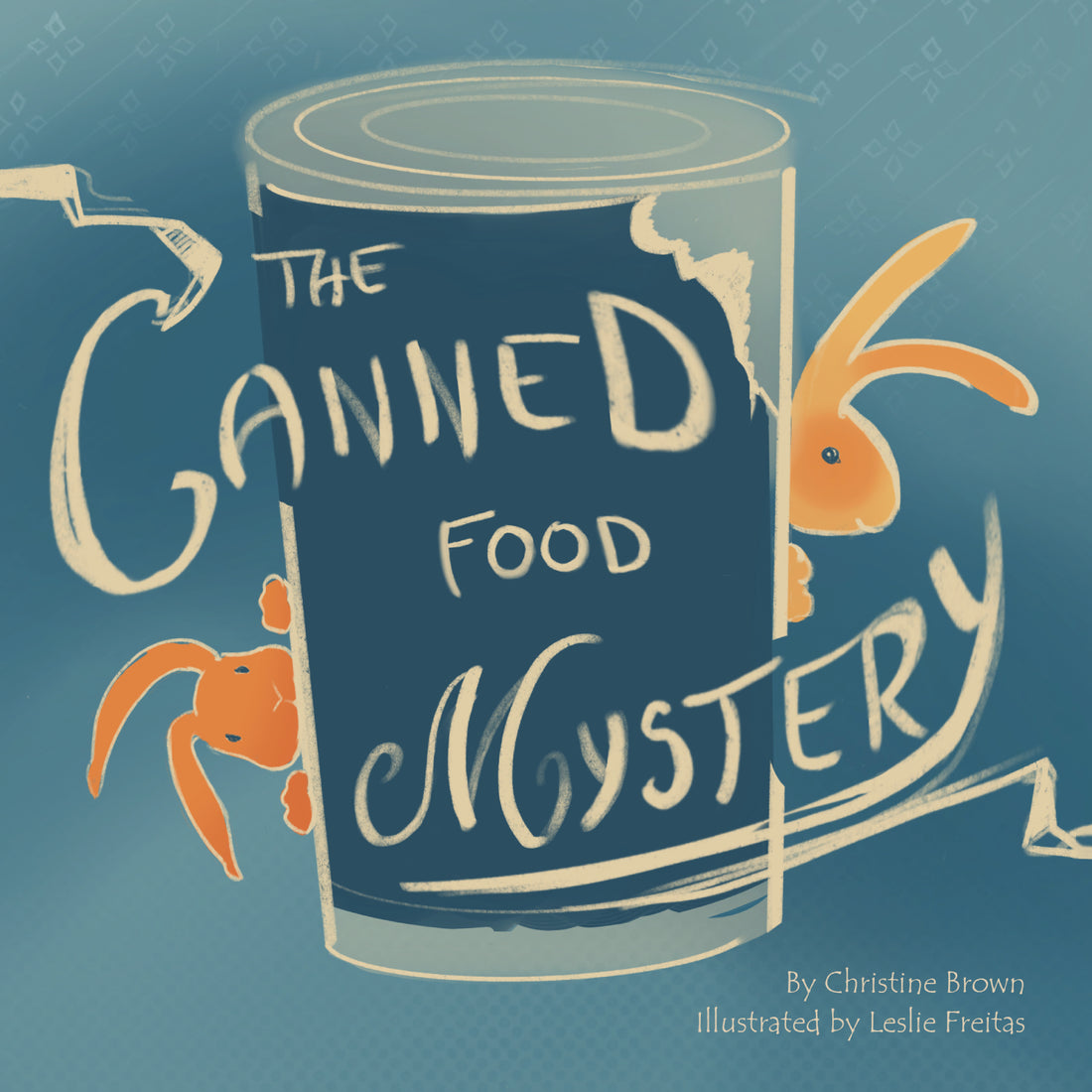
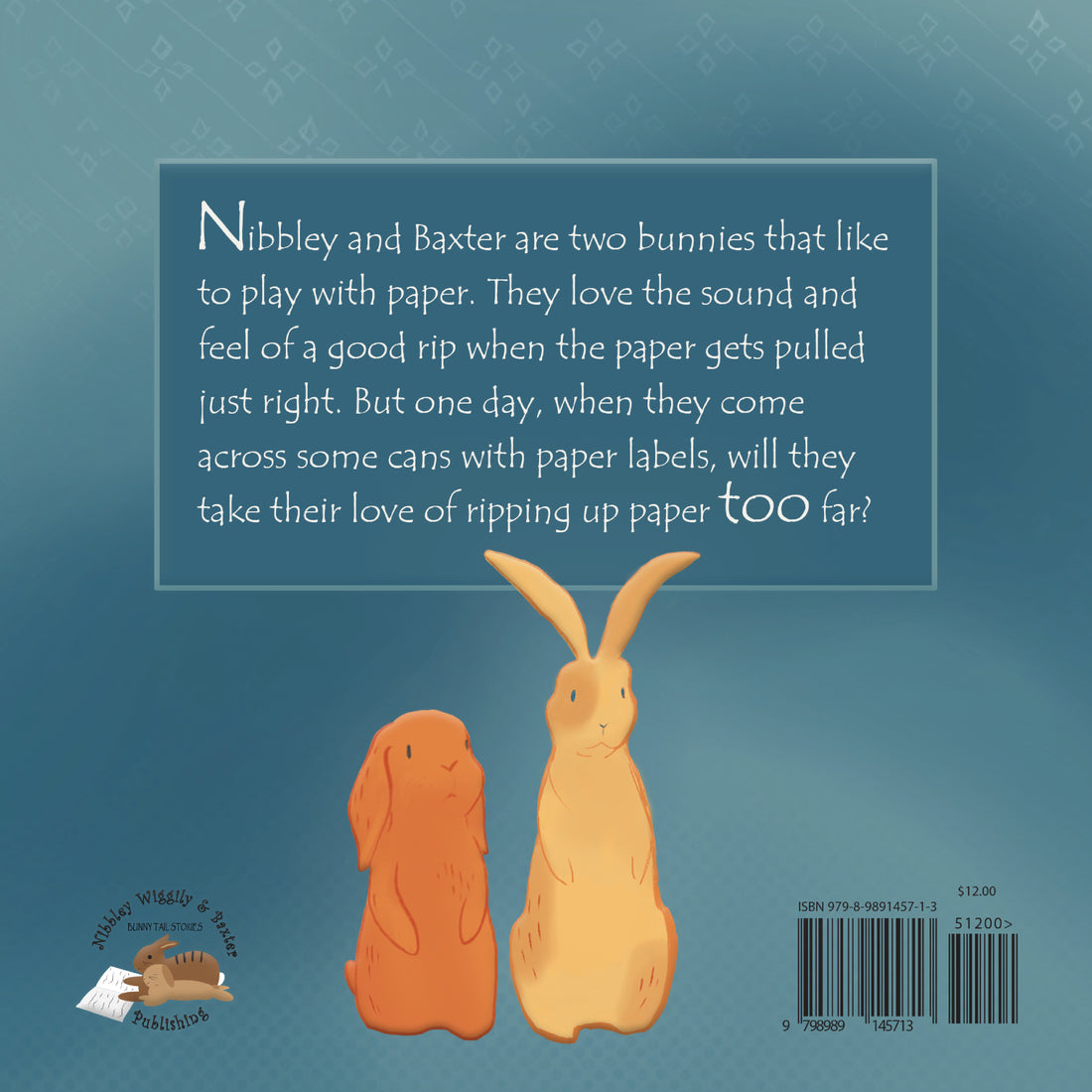


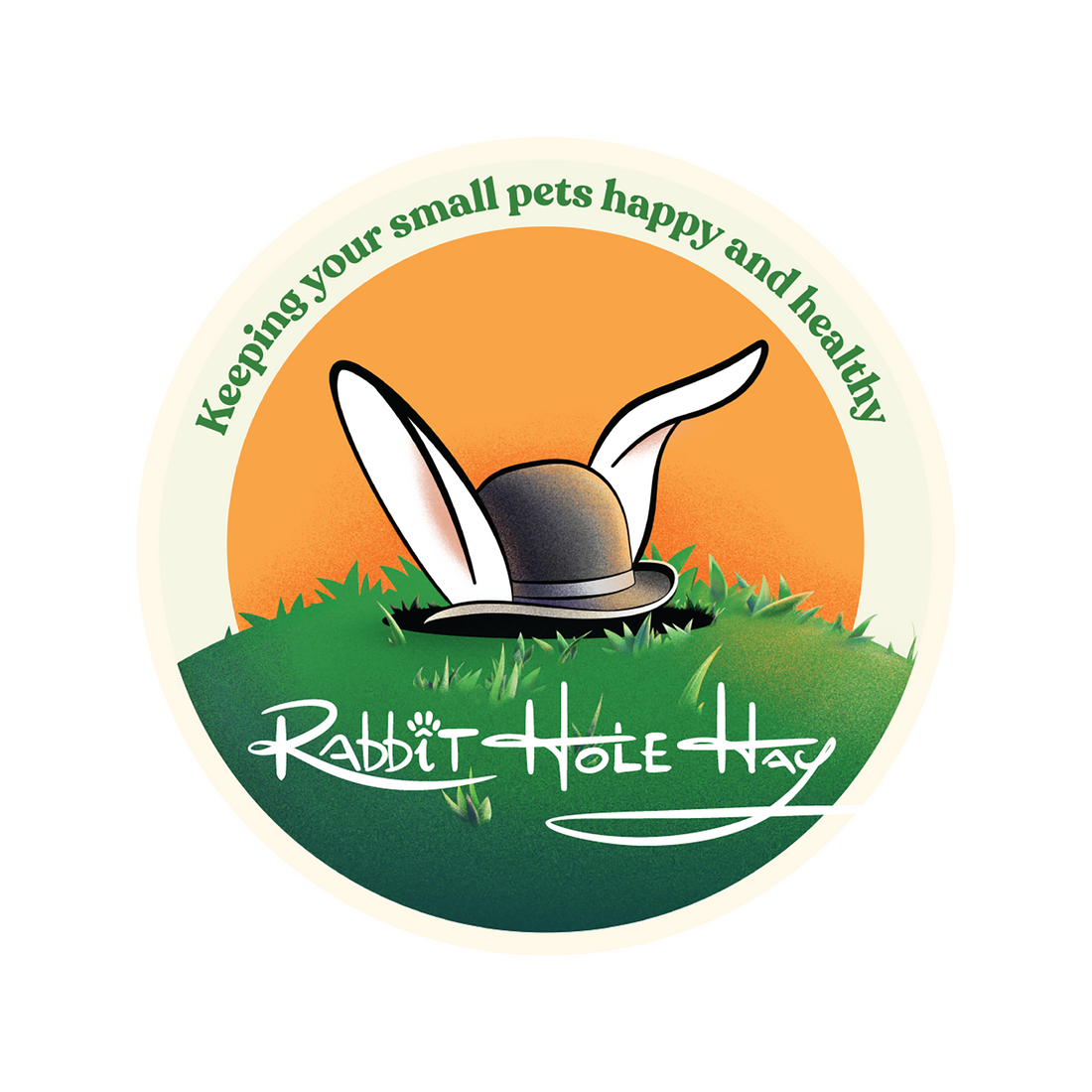
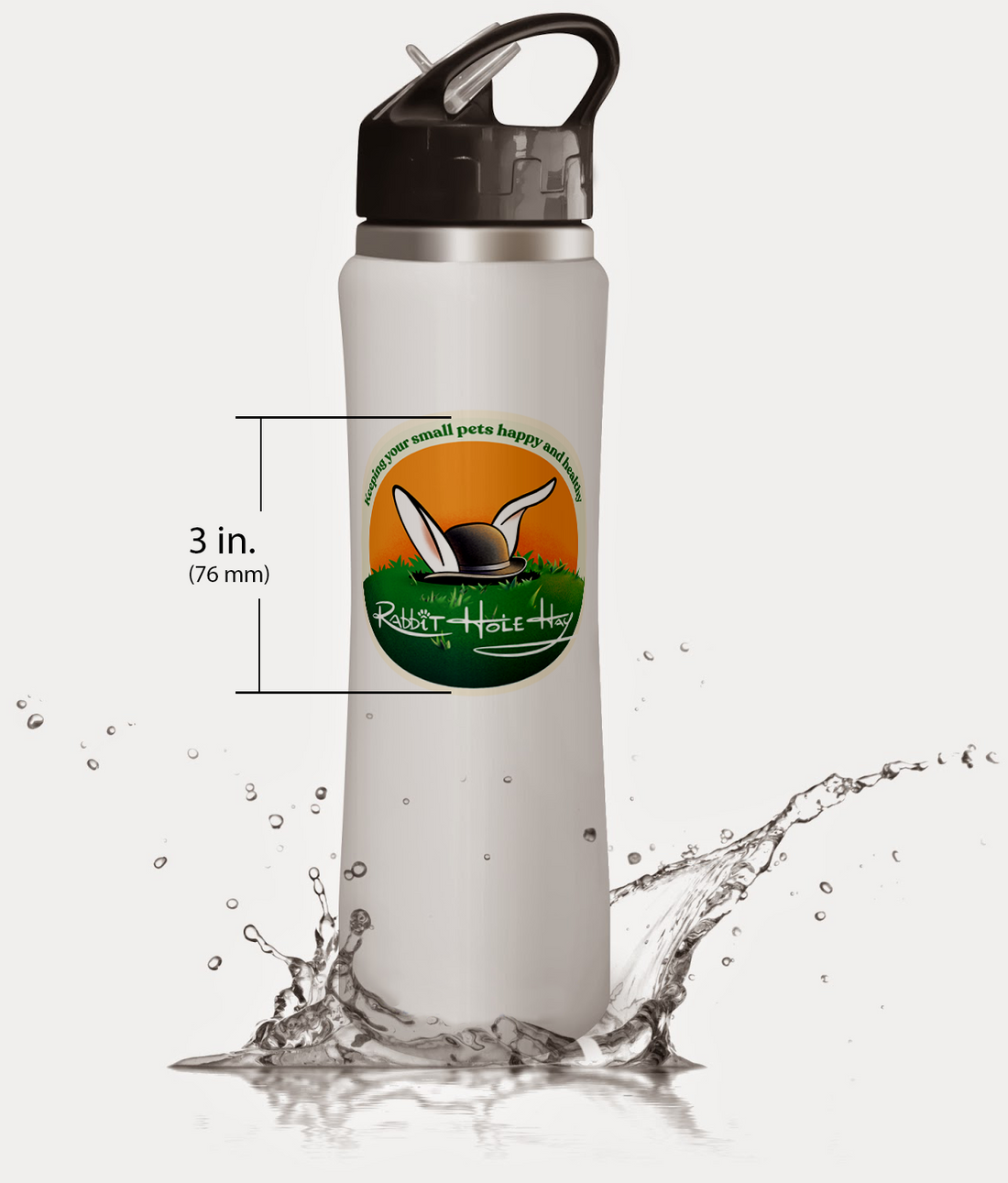








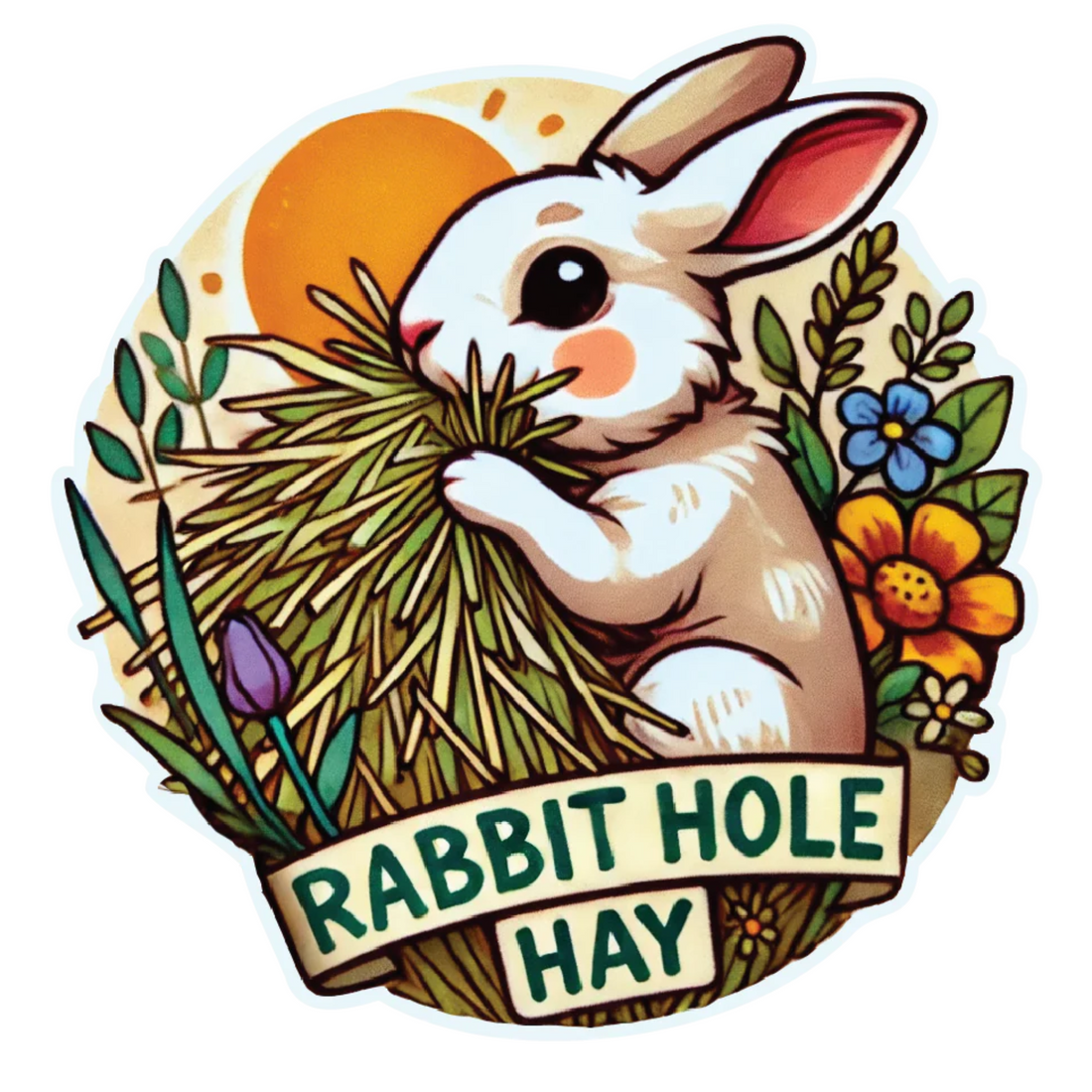
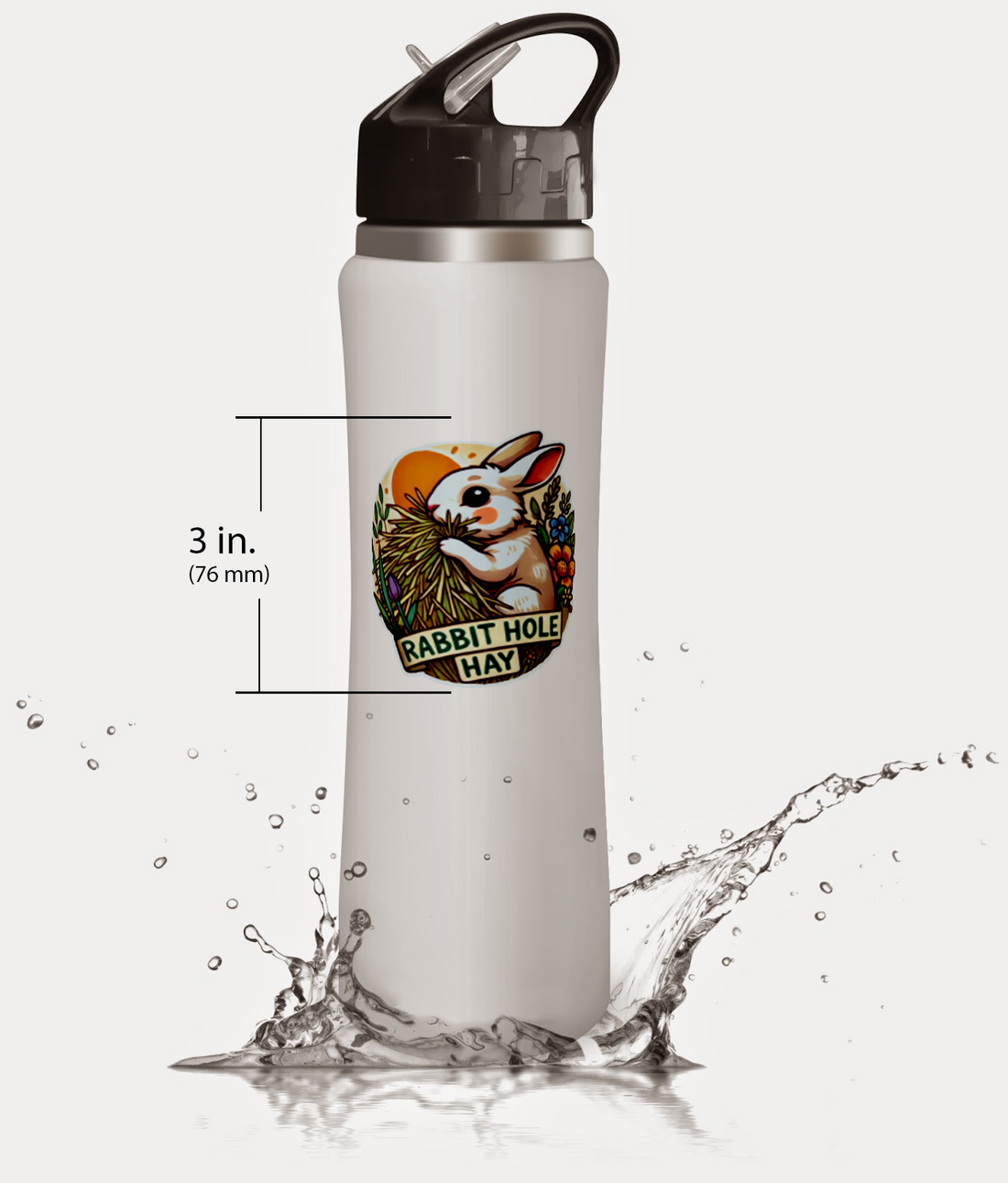



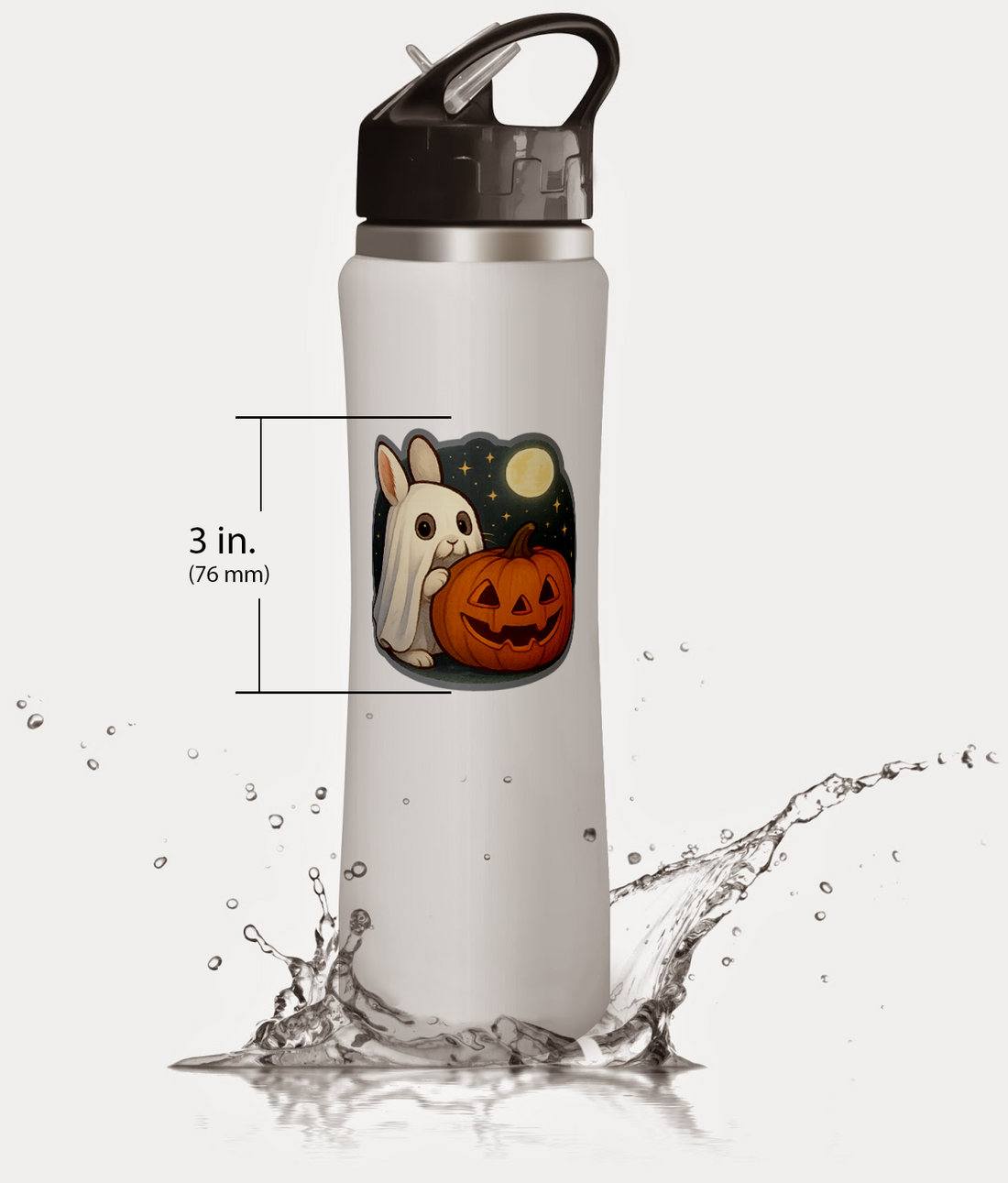





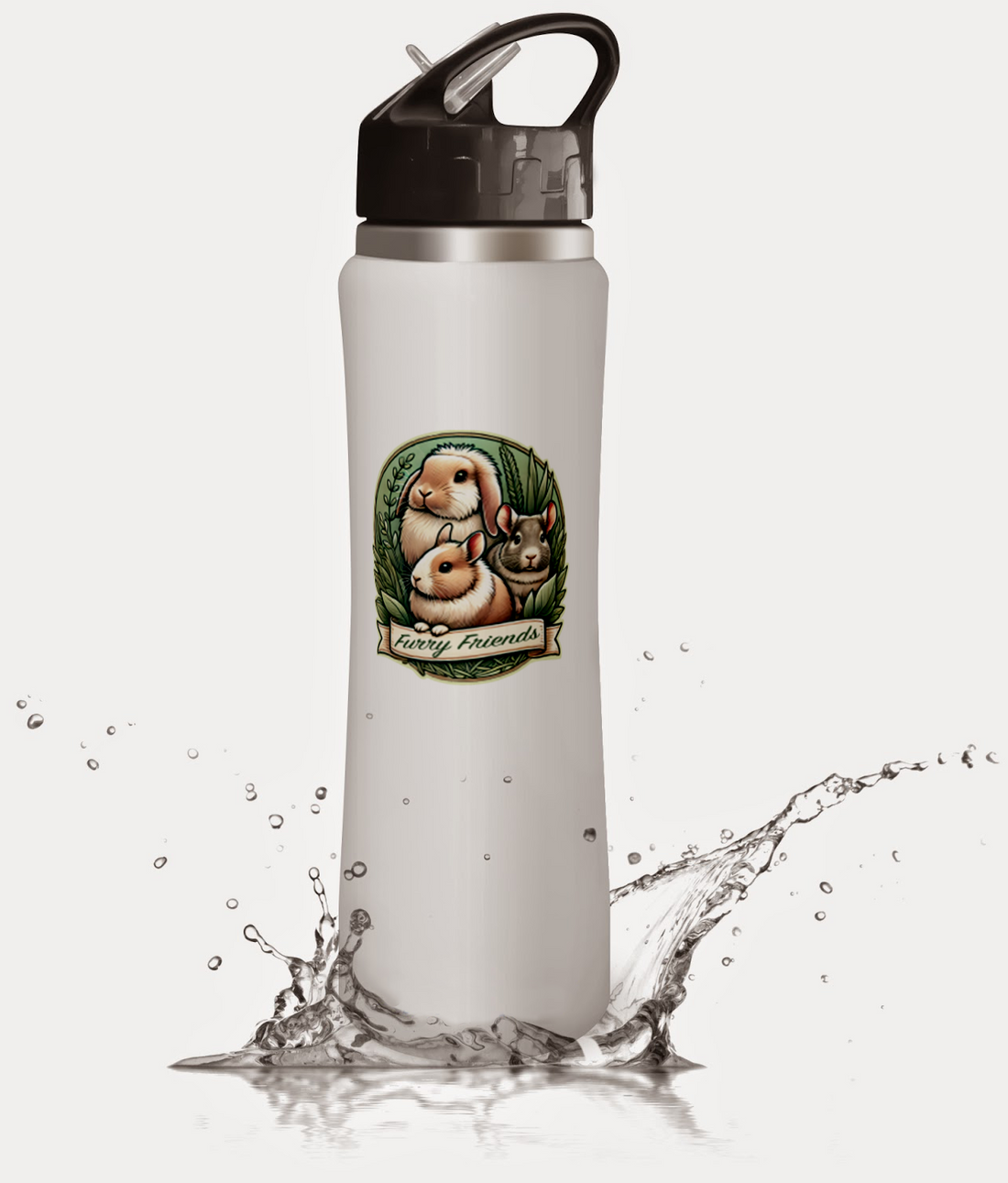









Comments